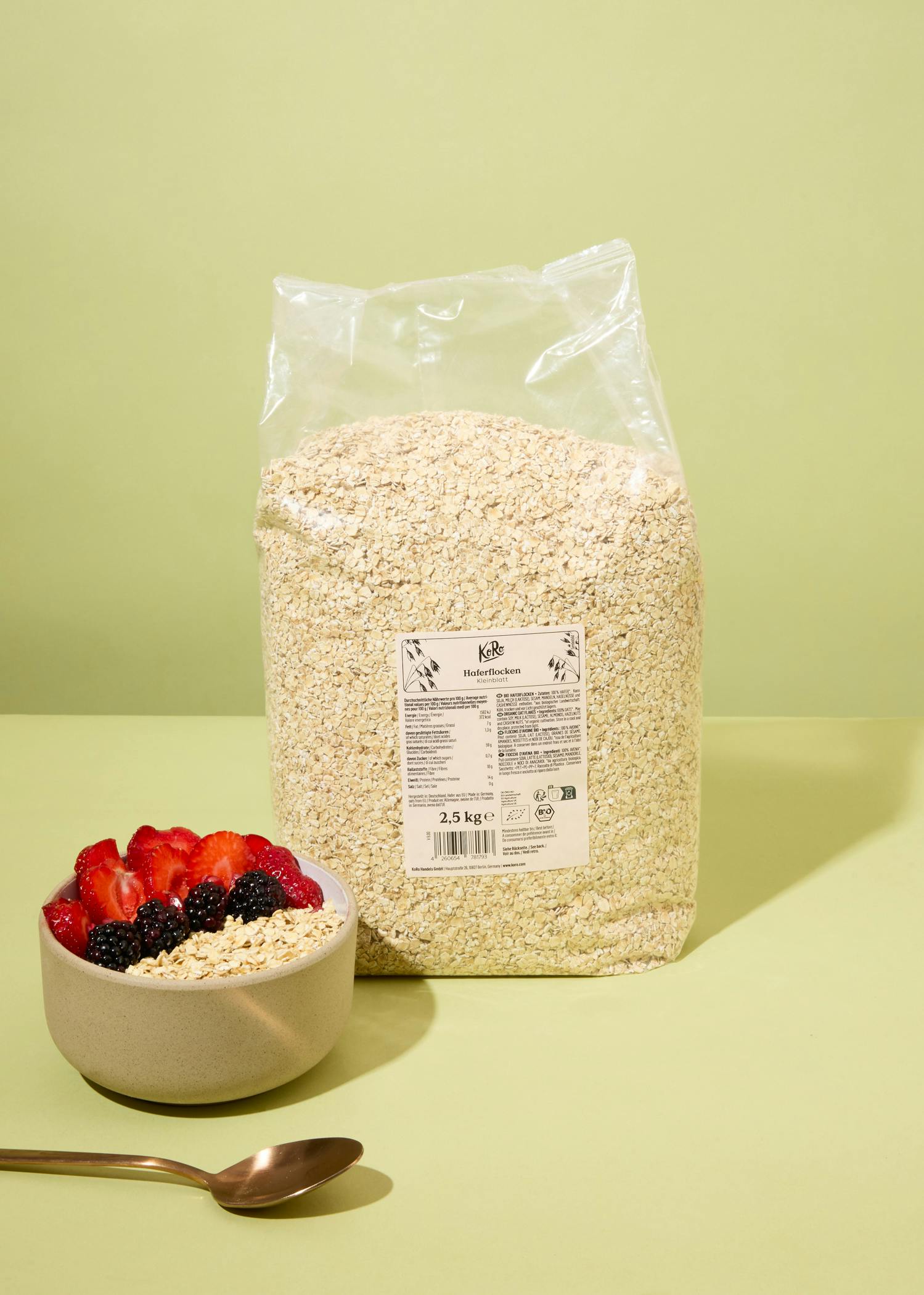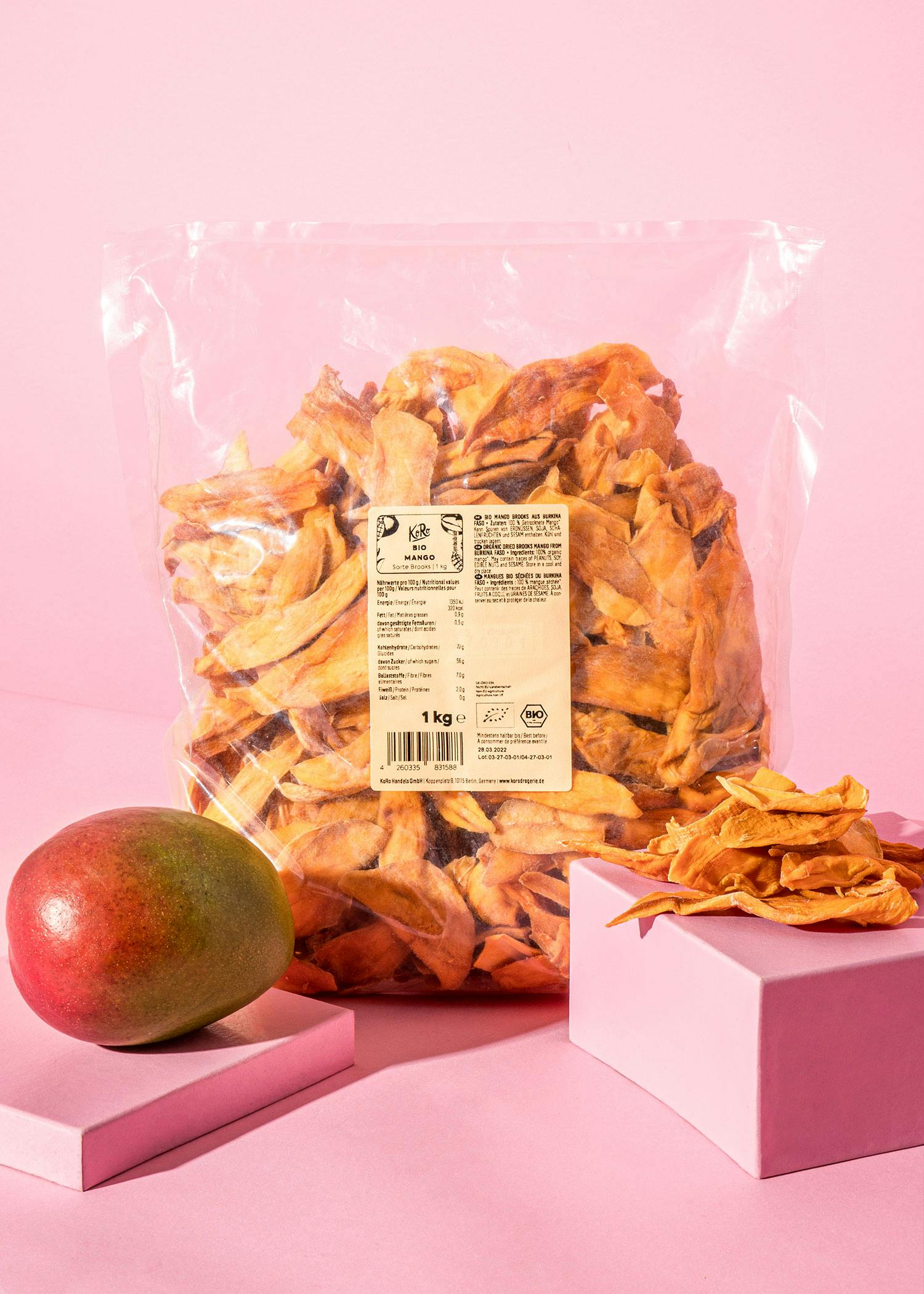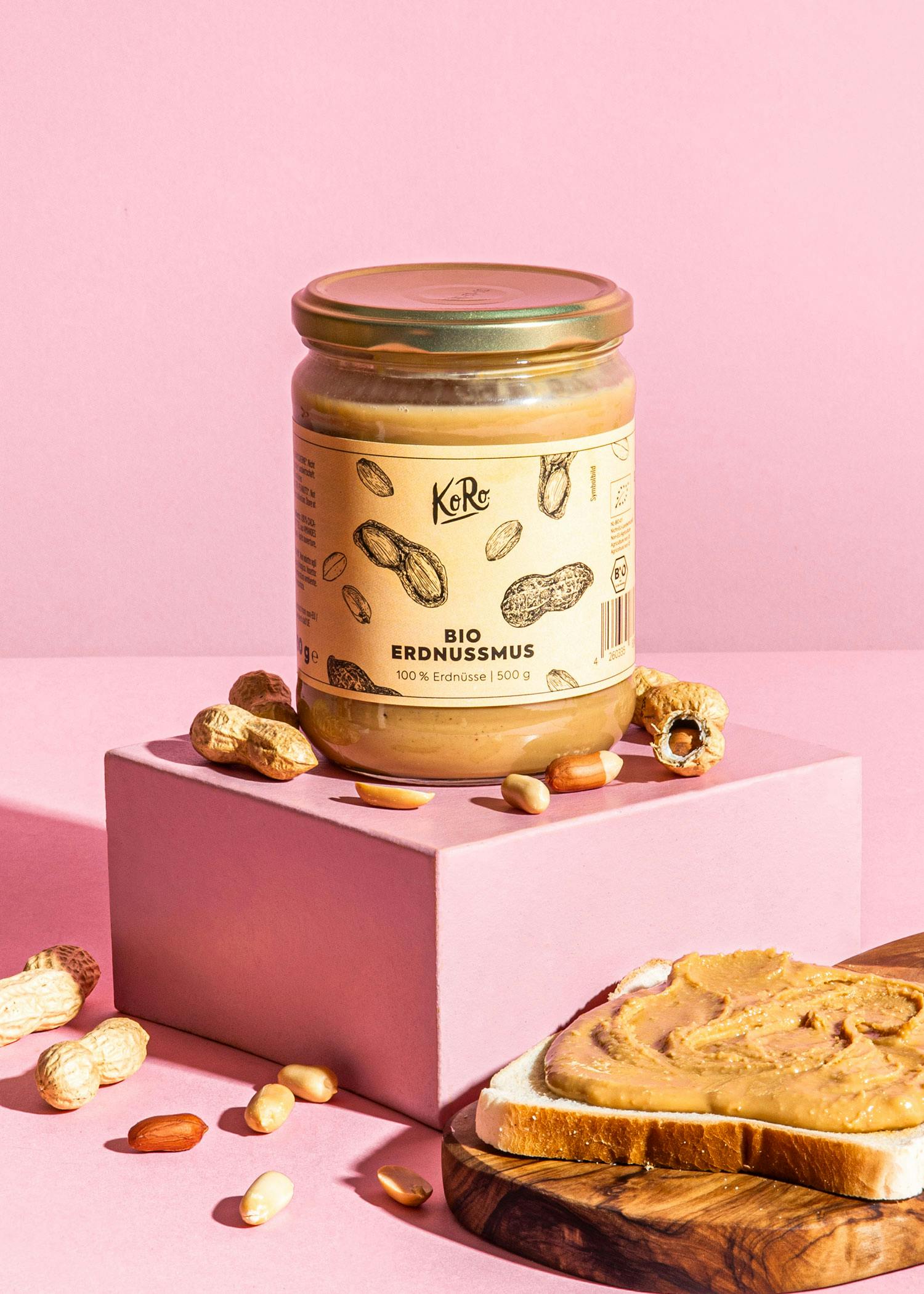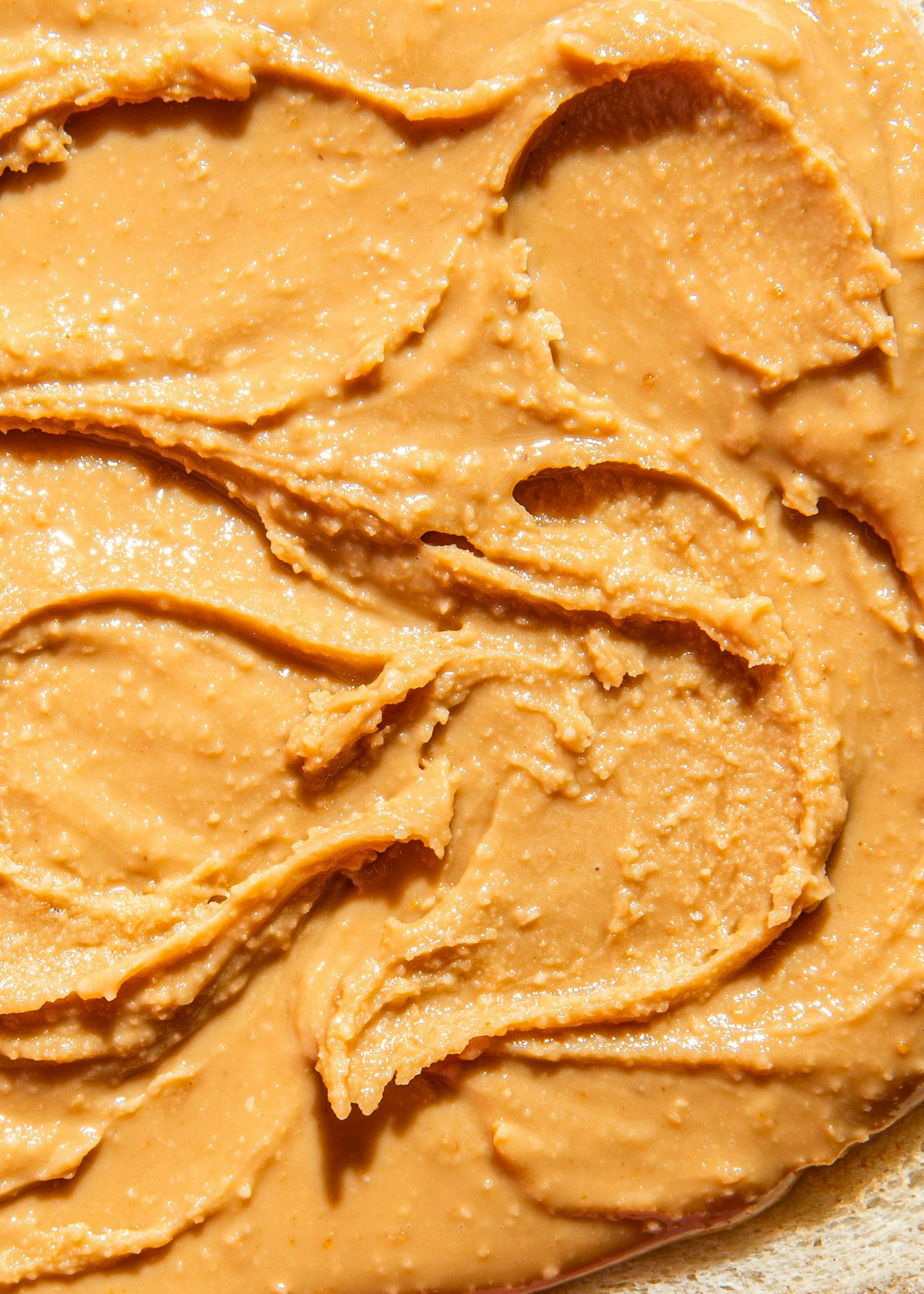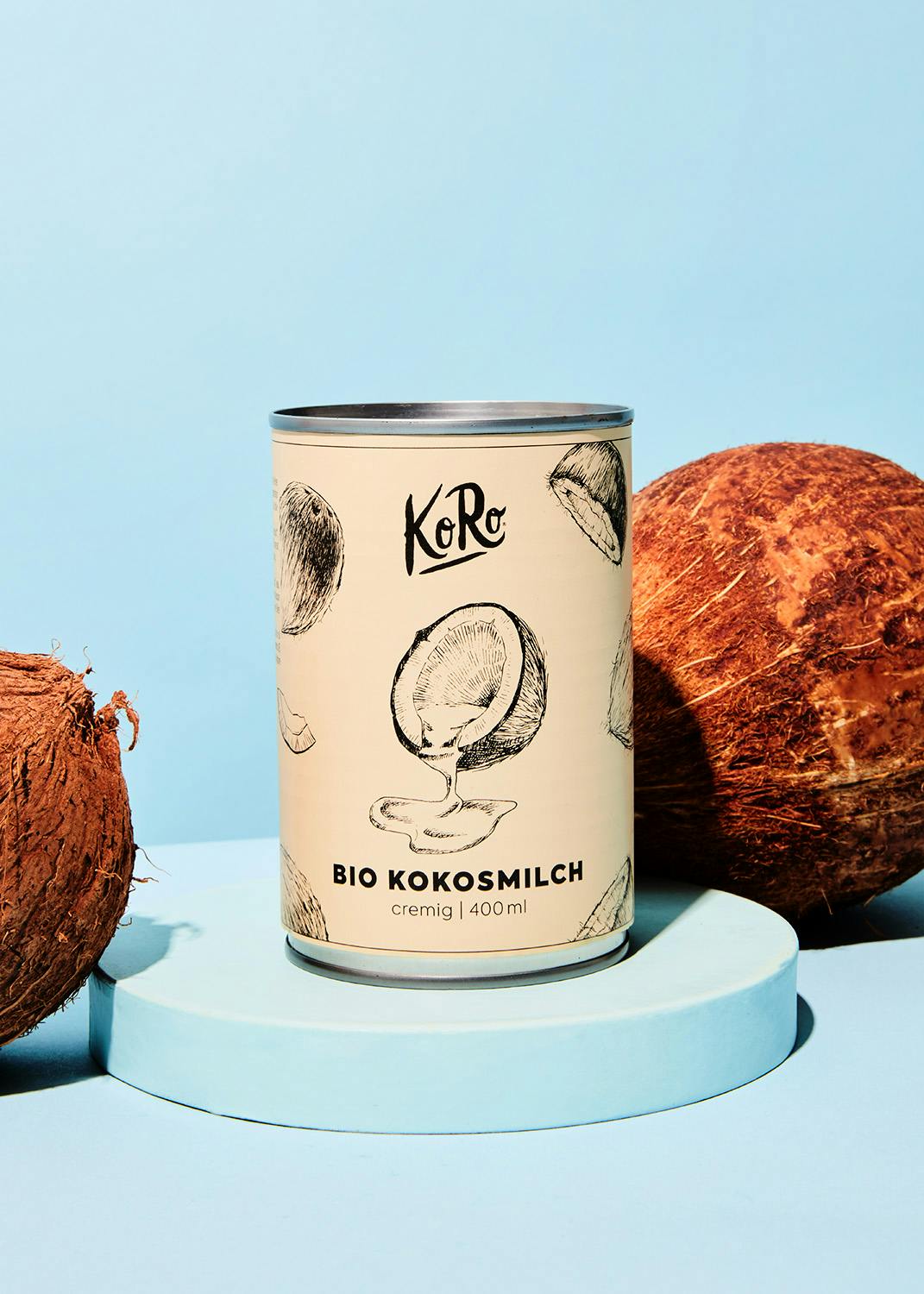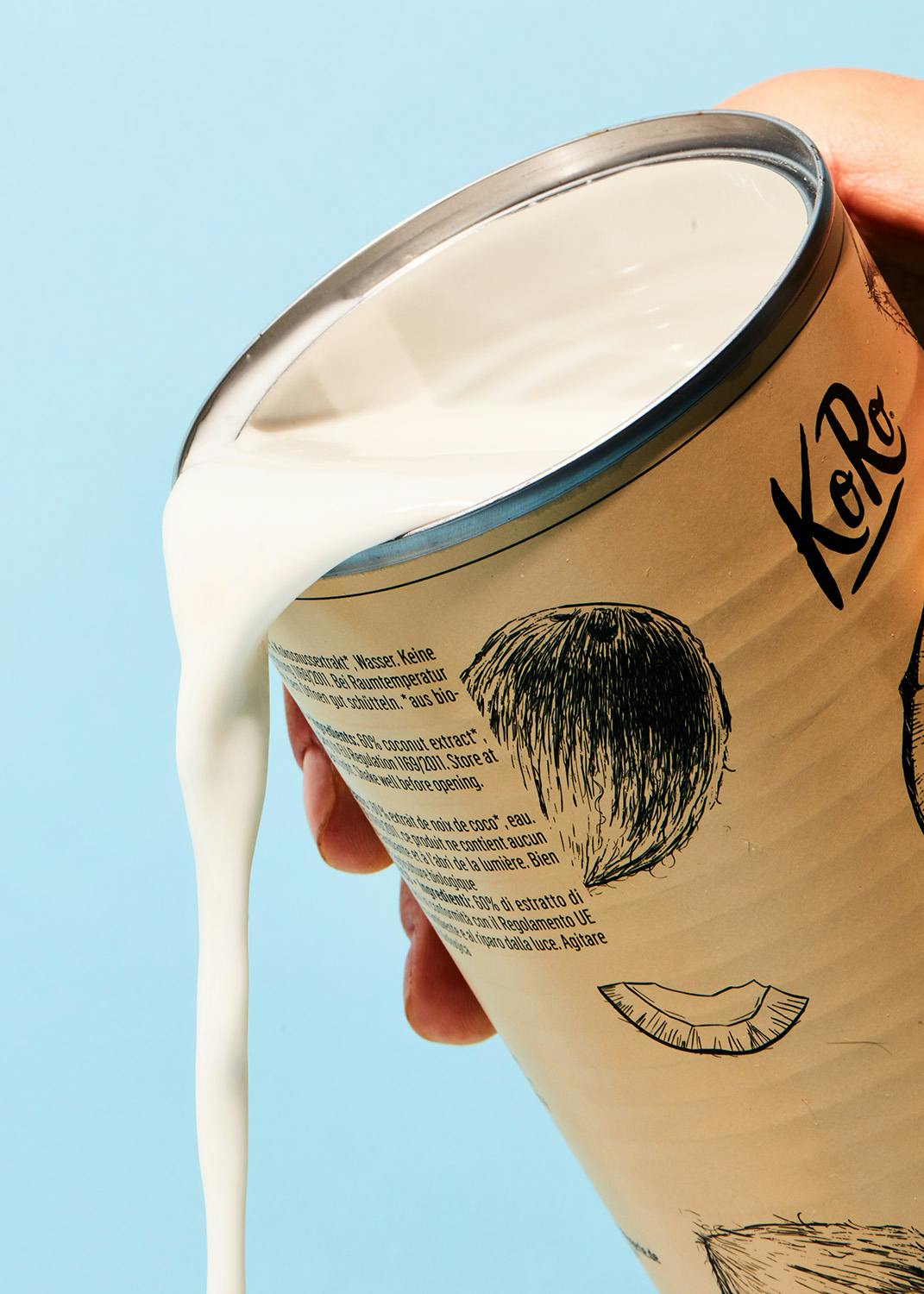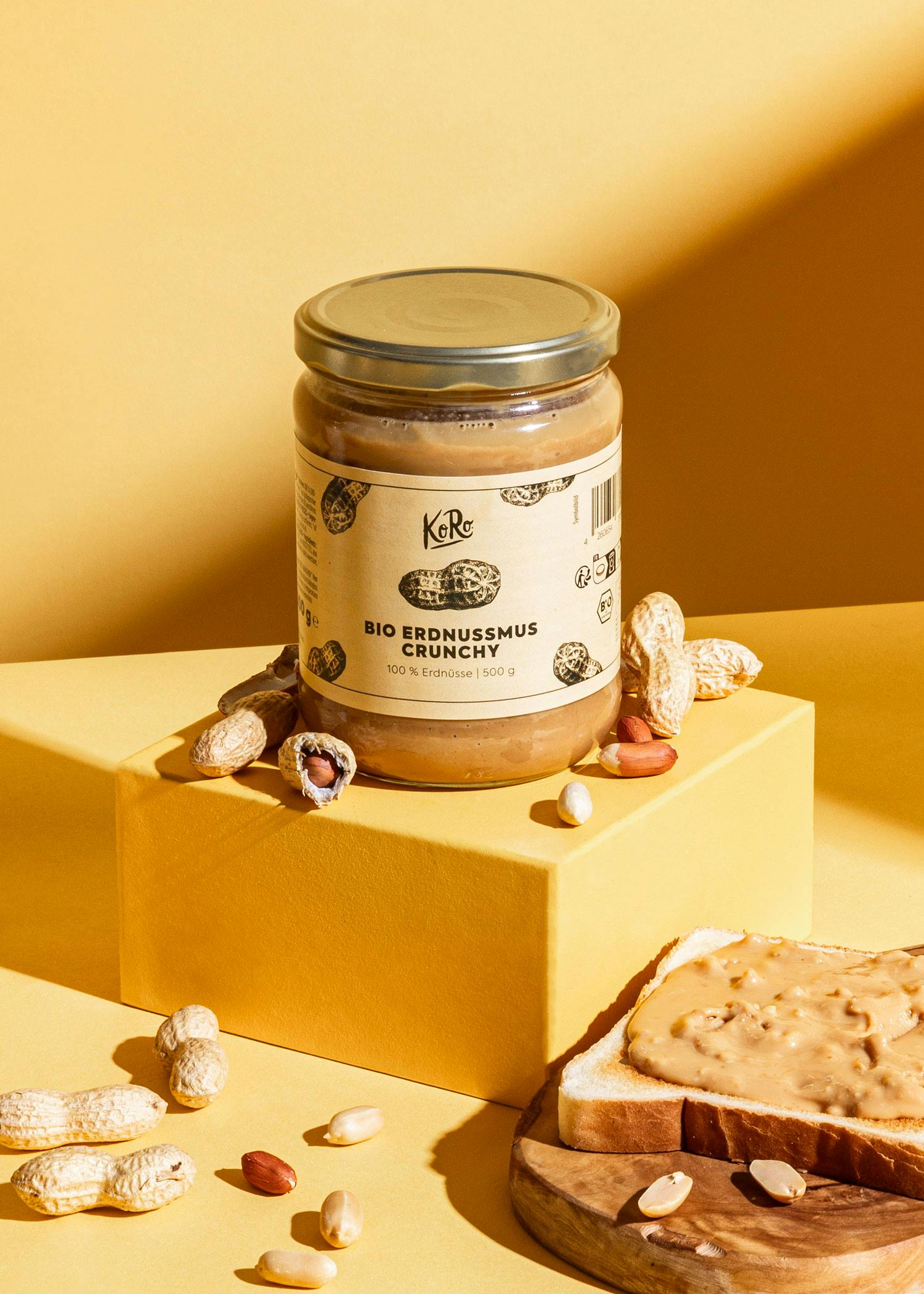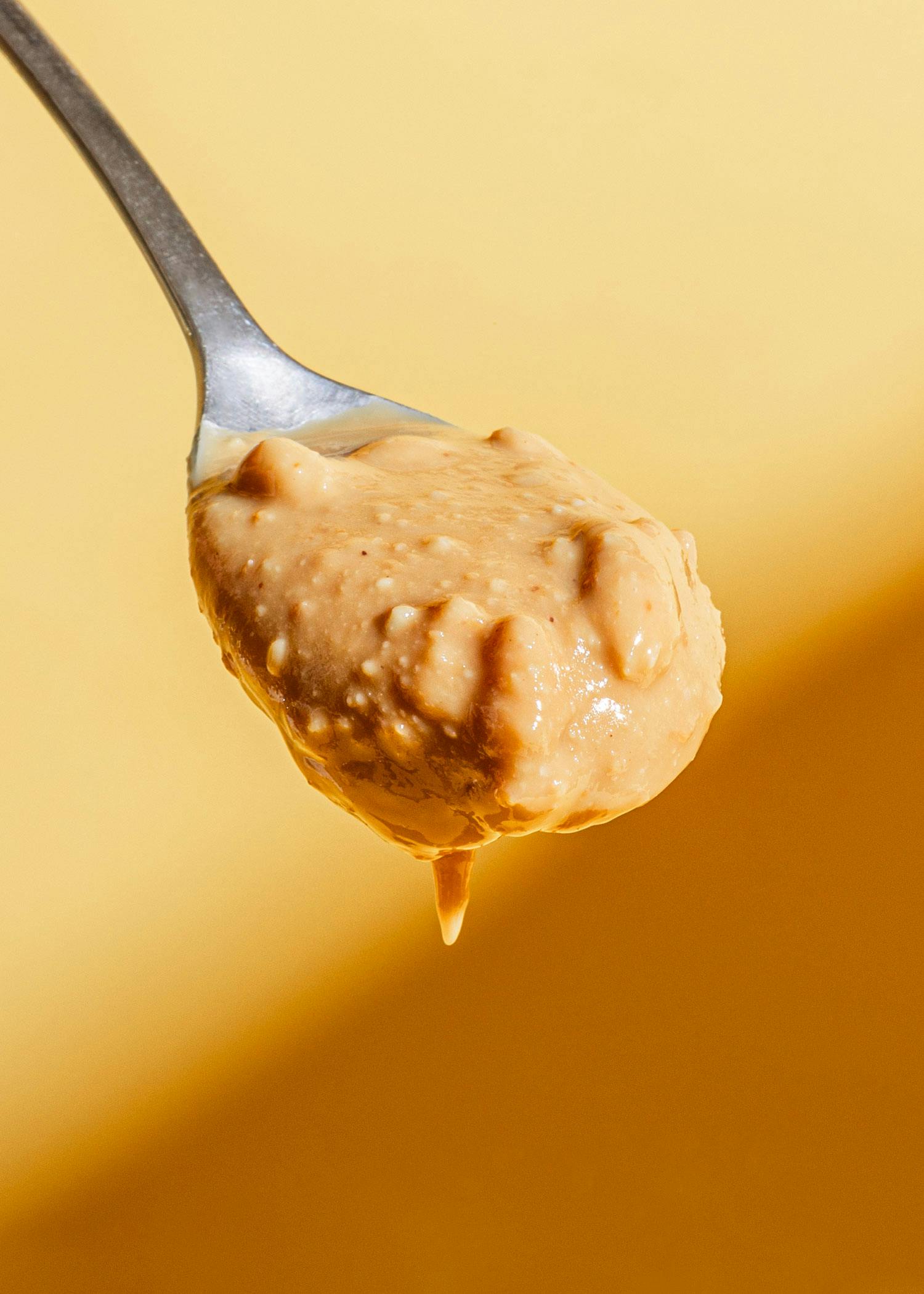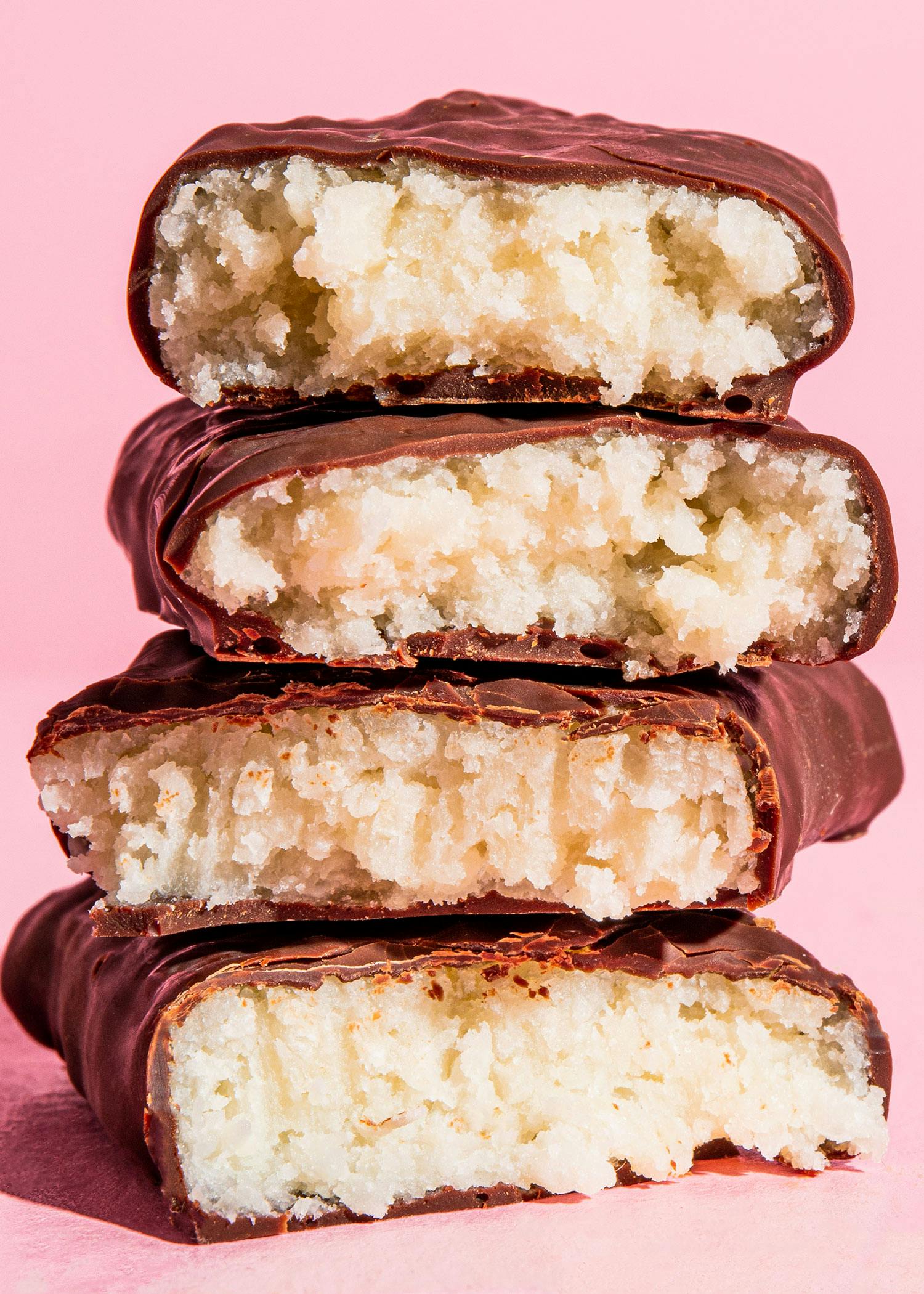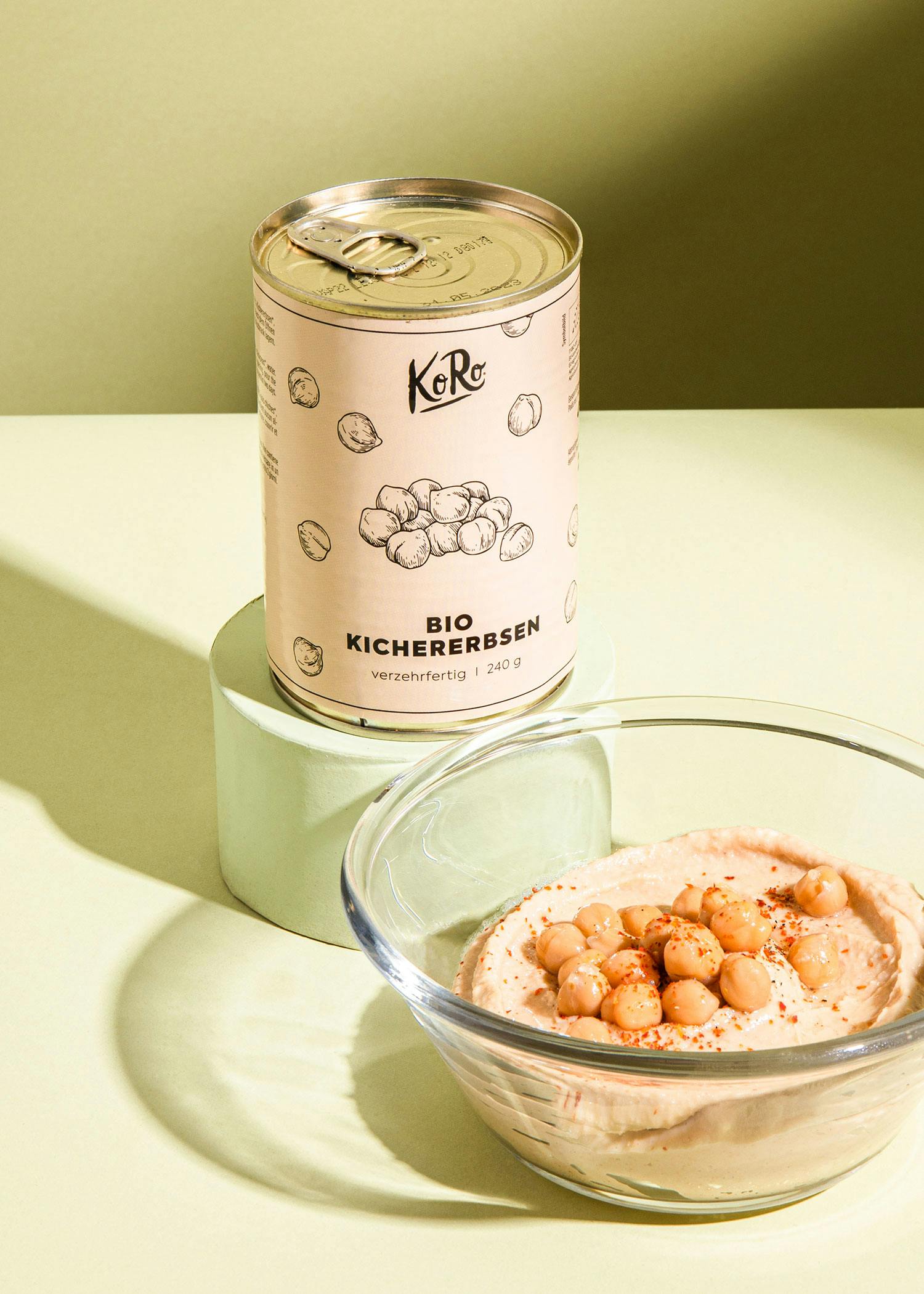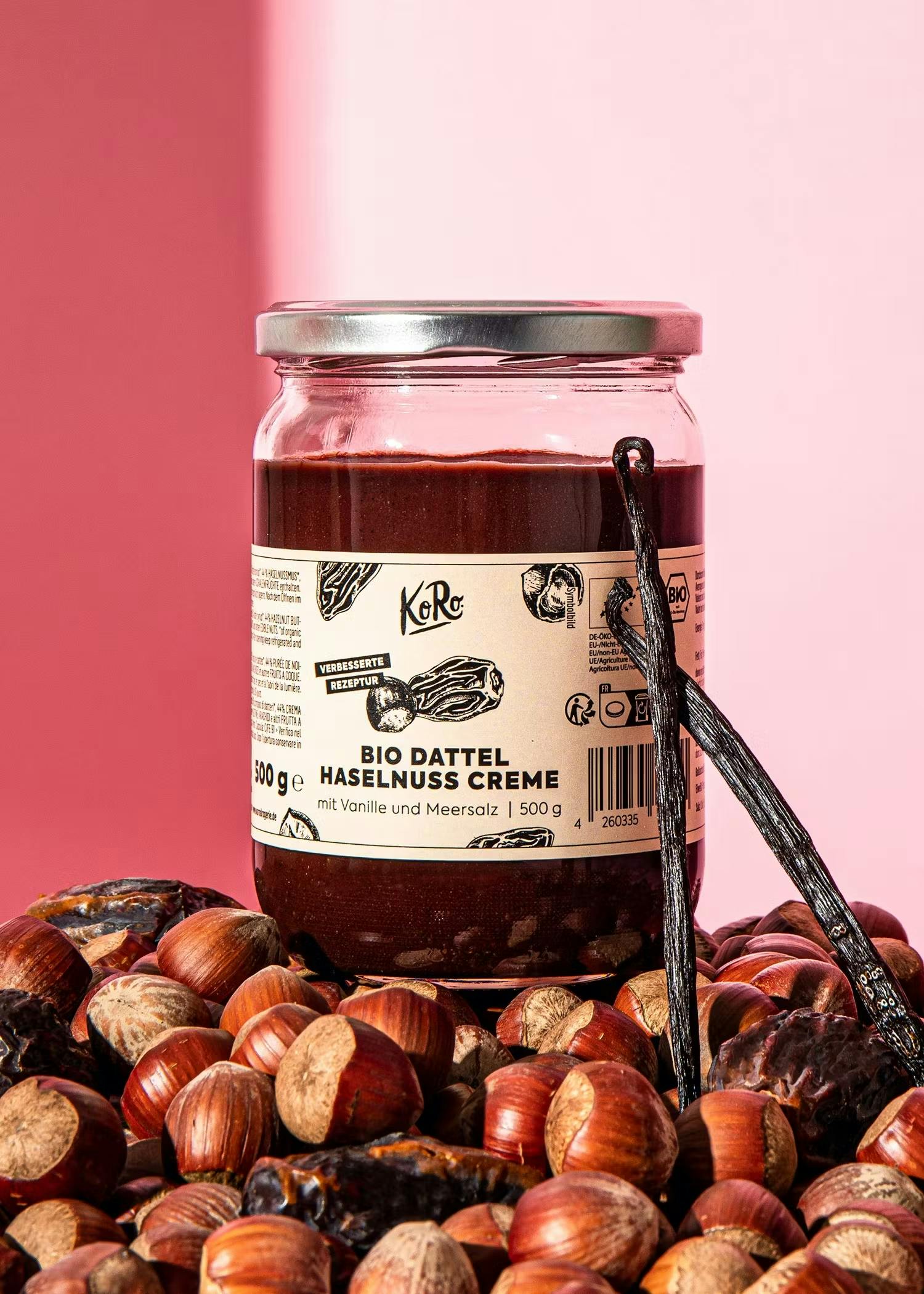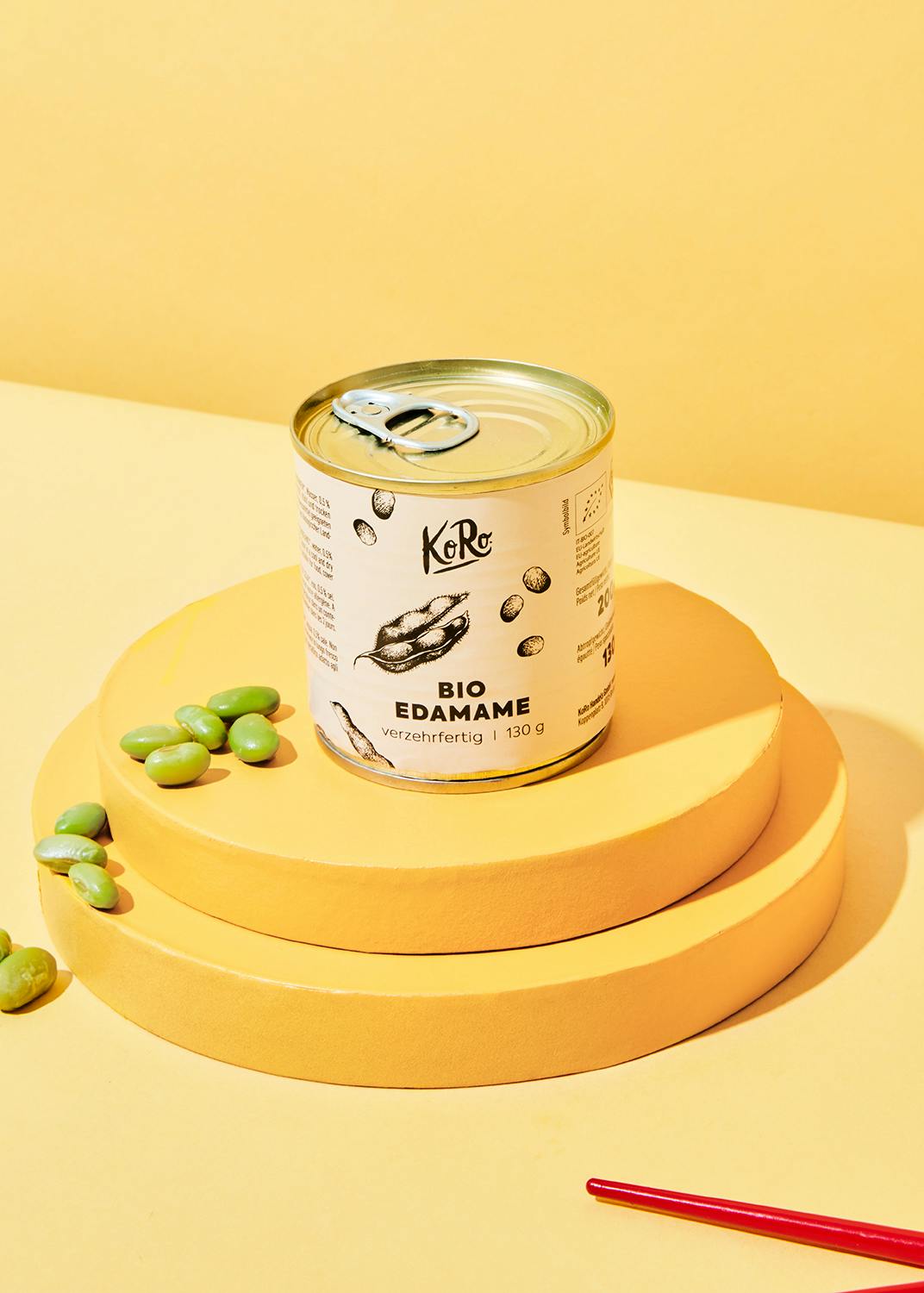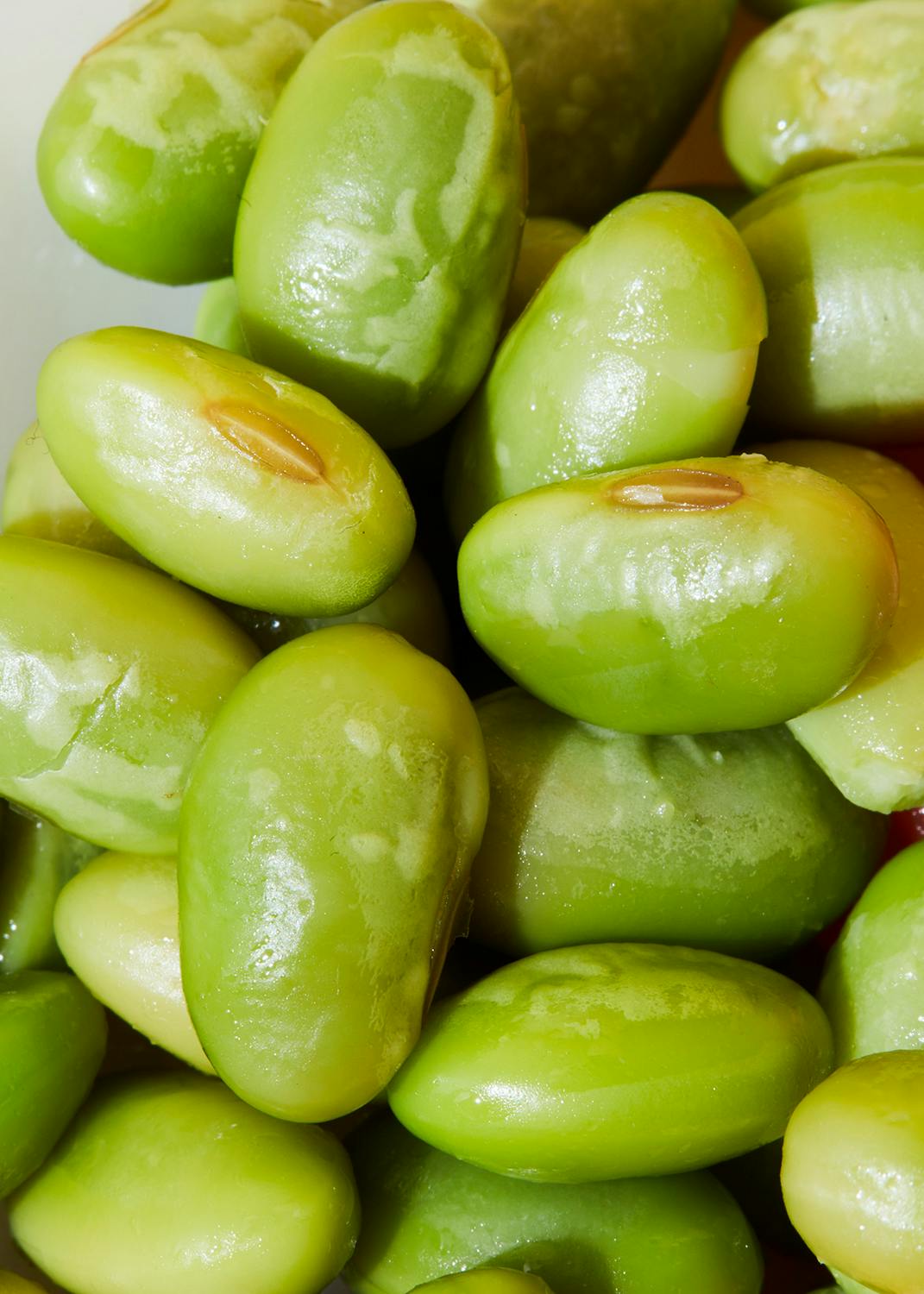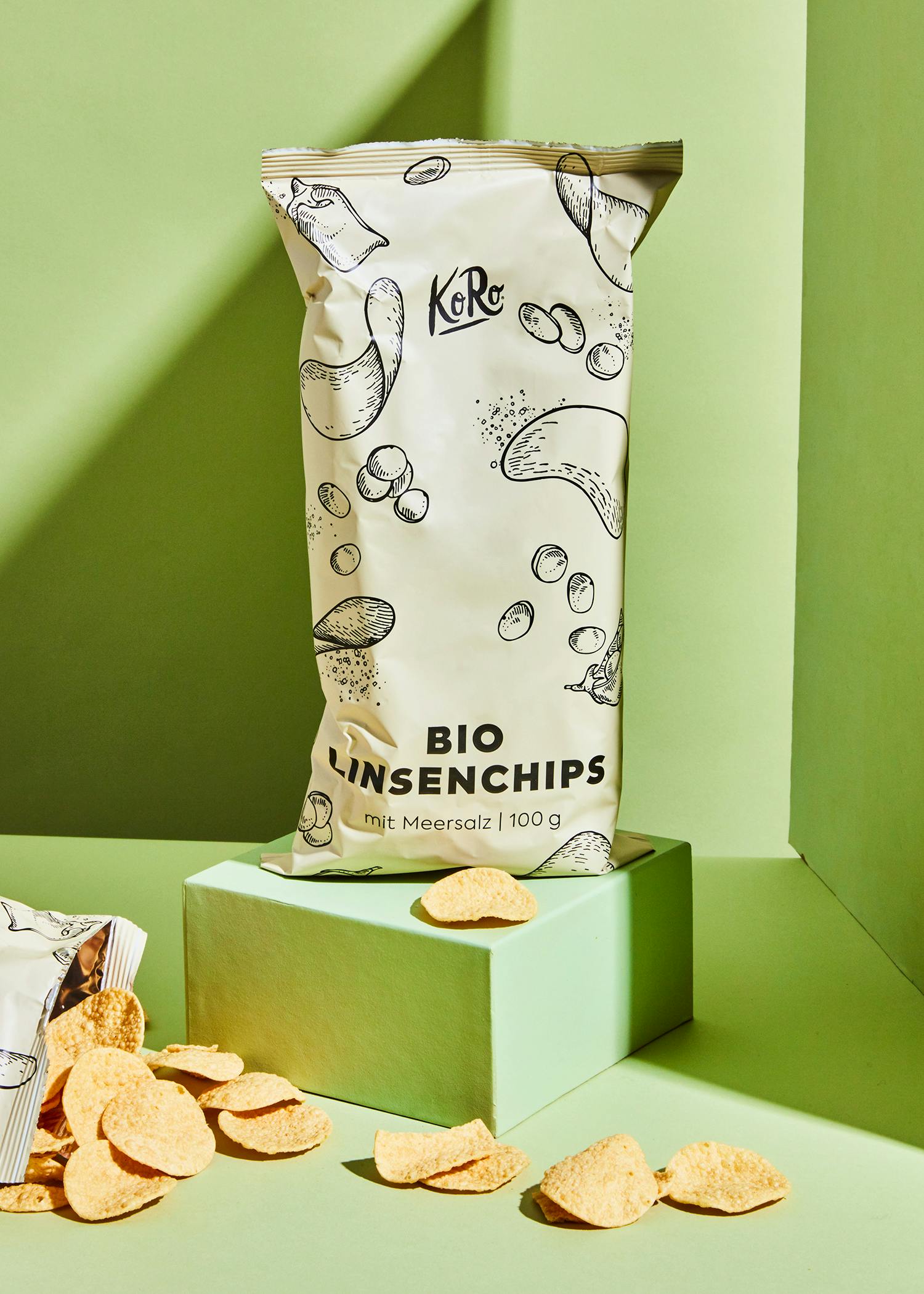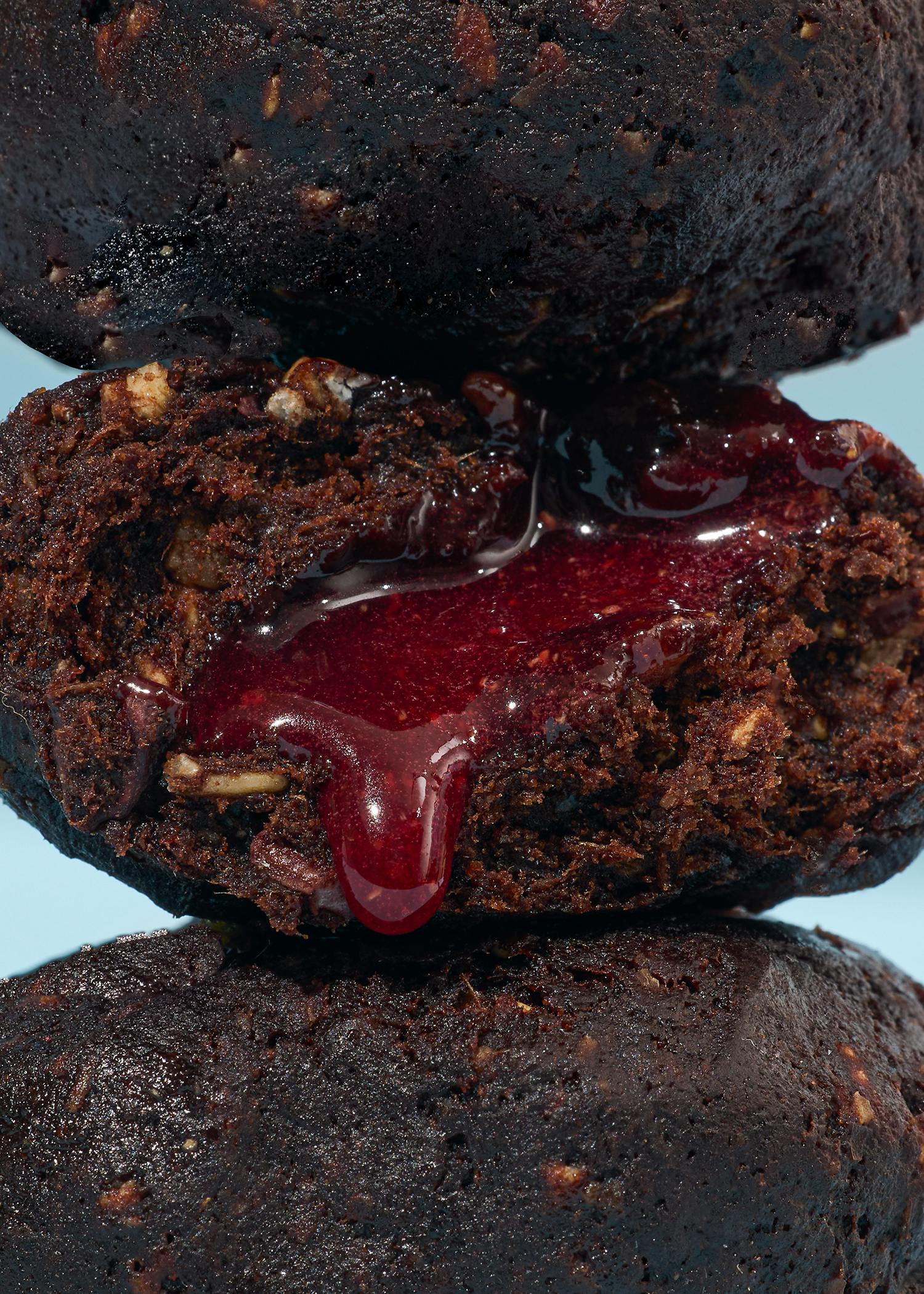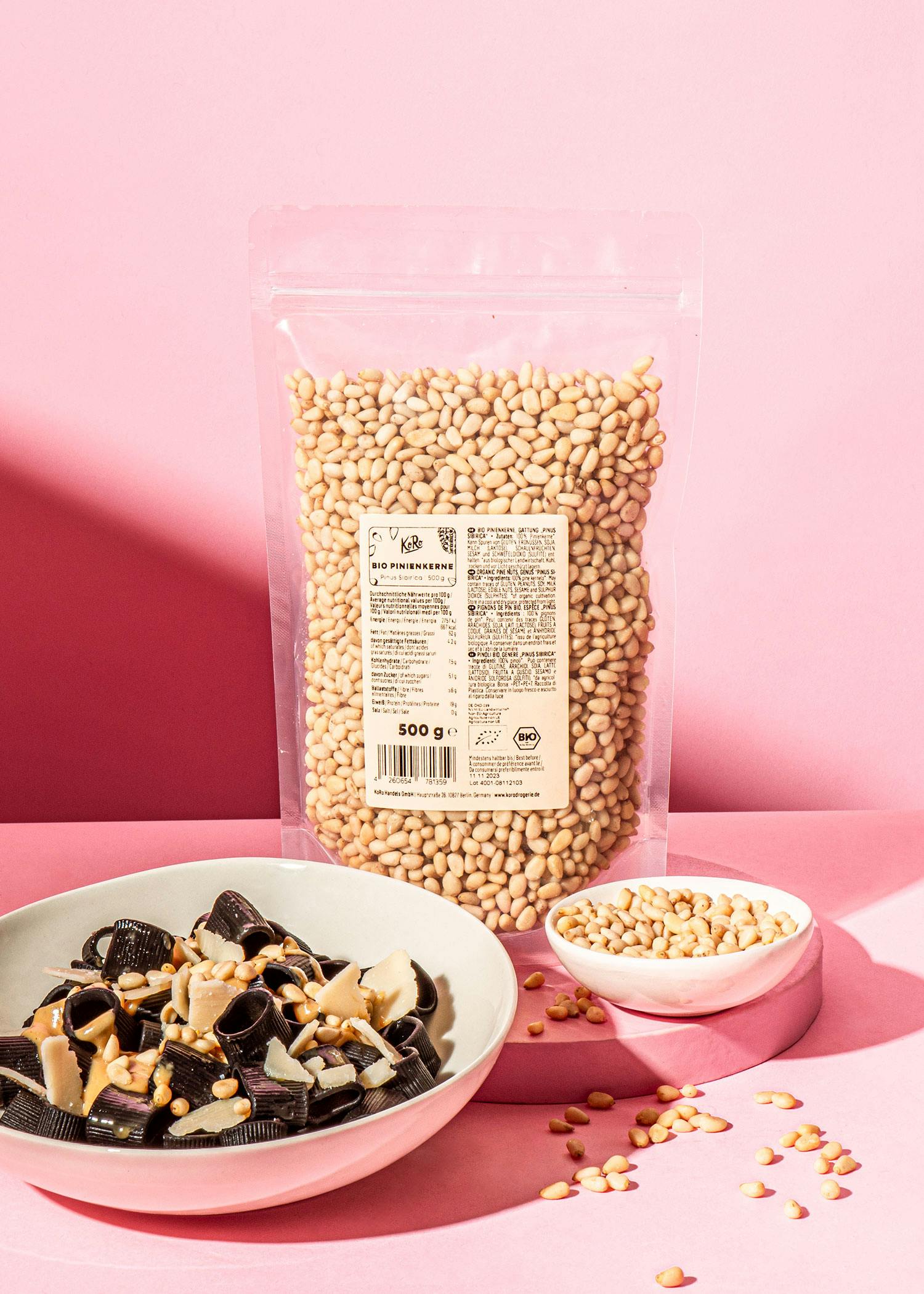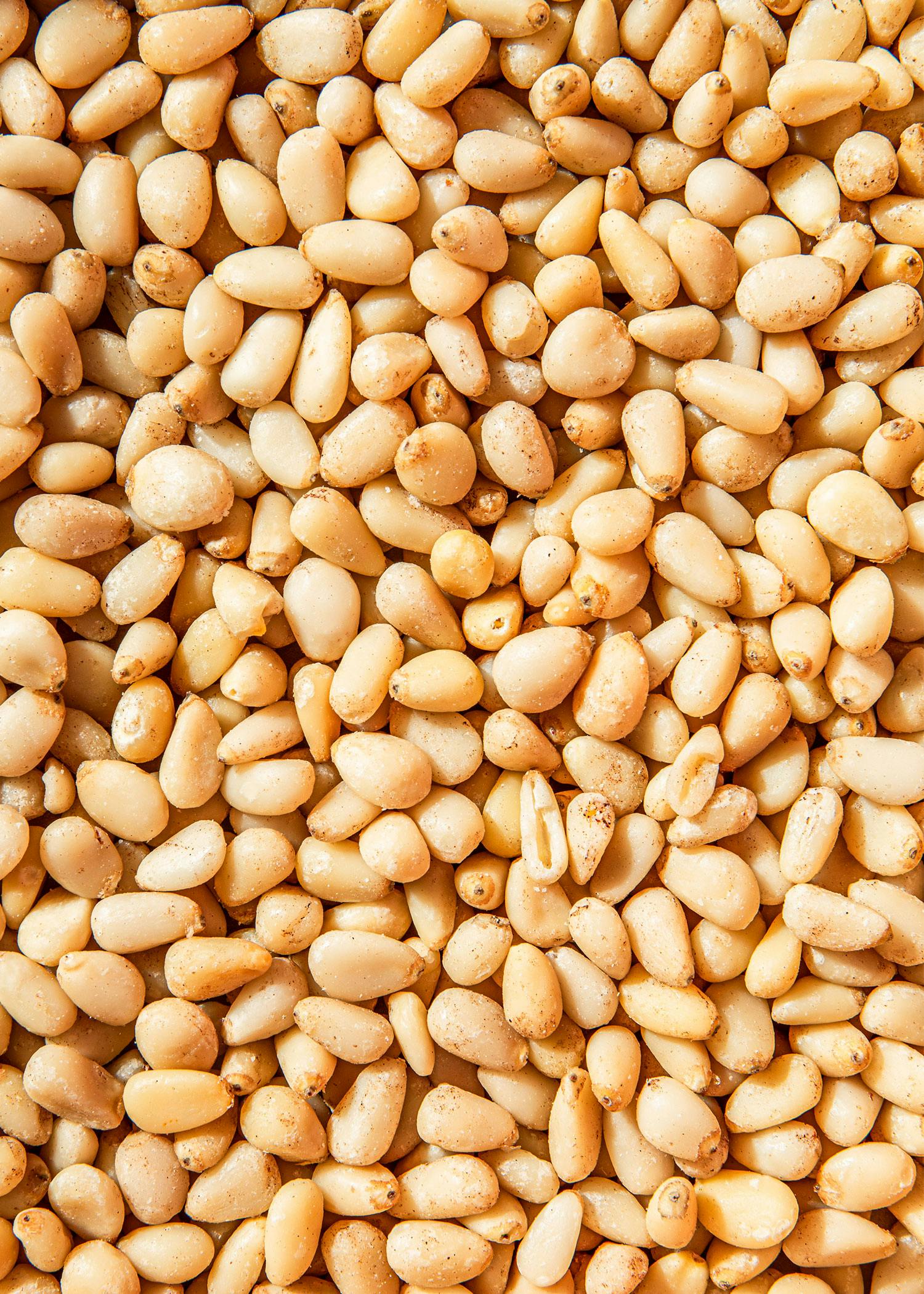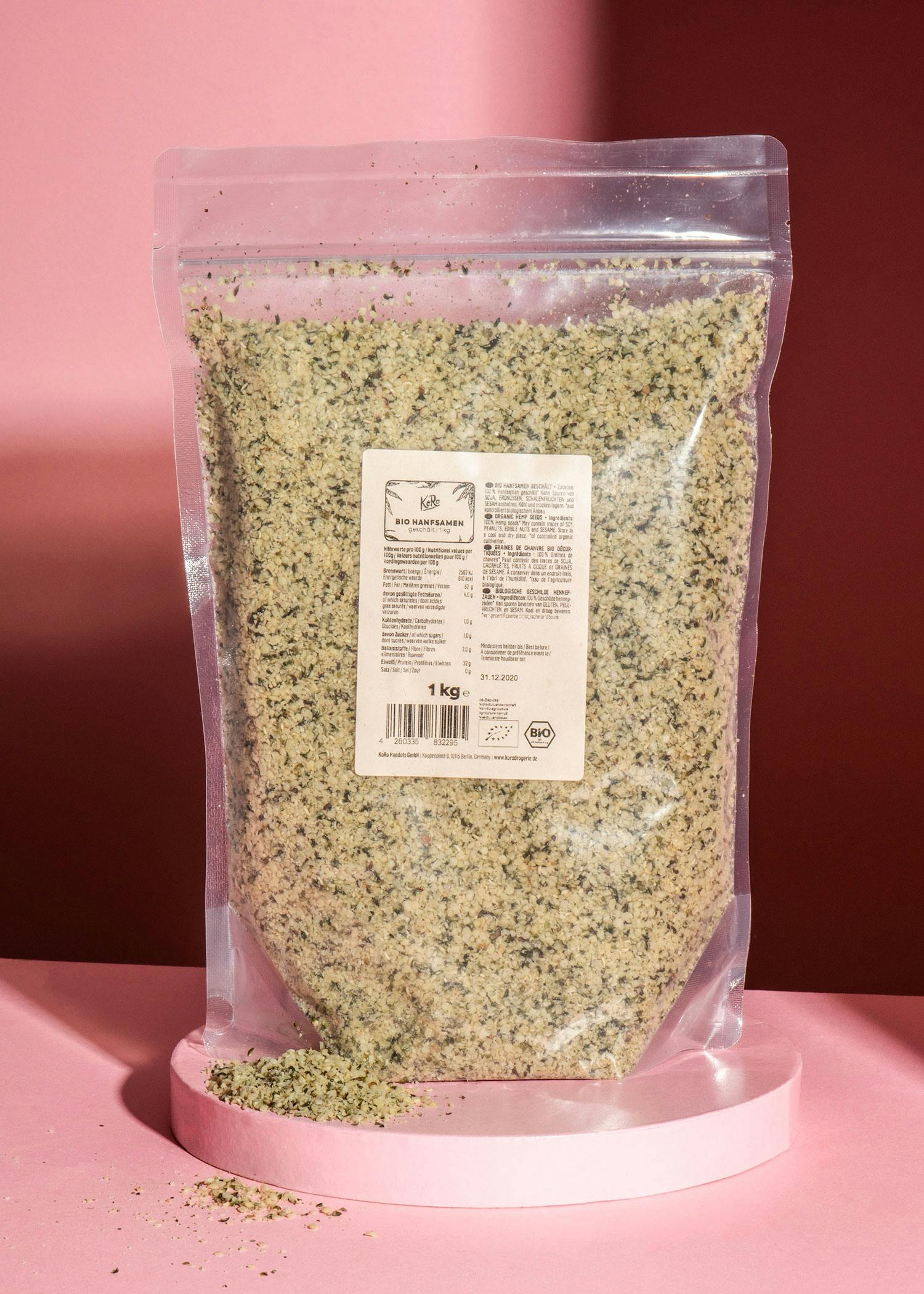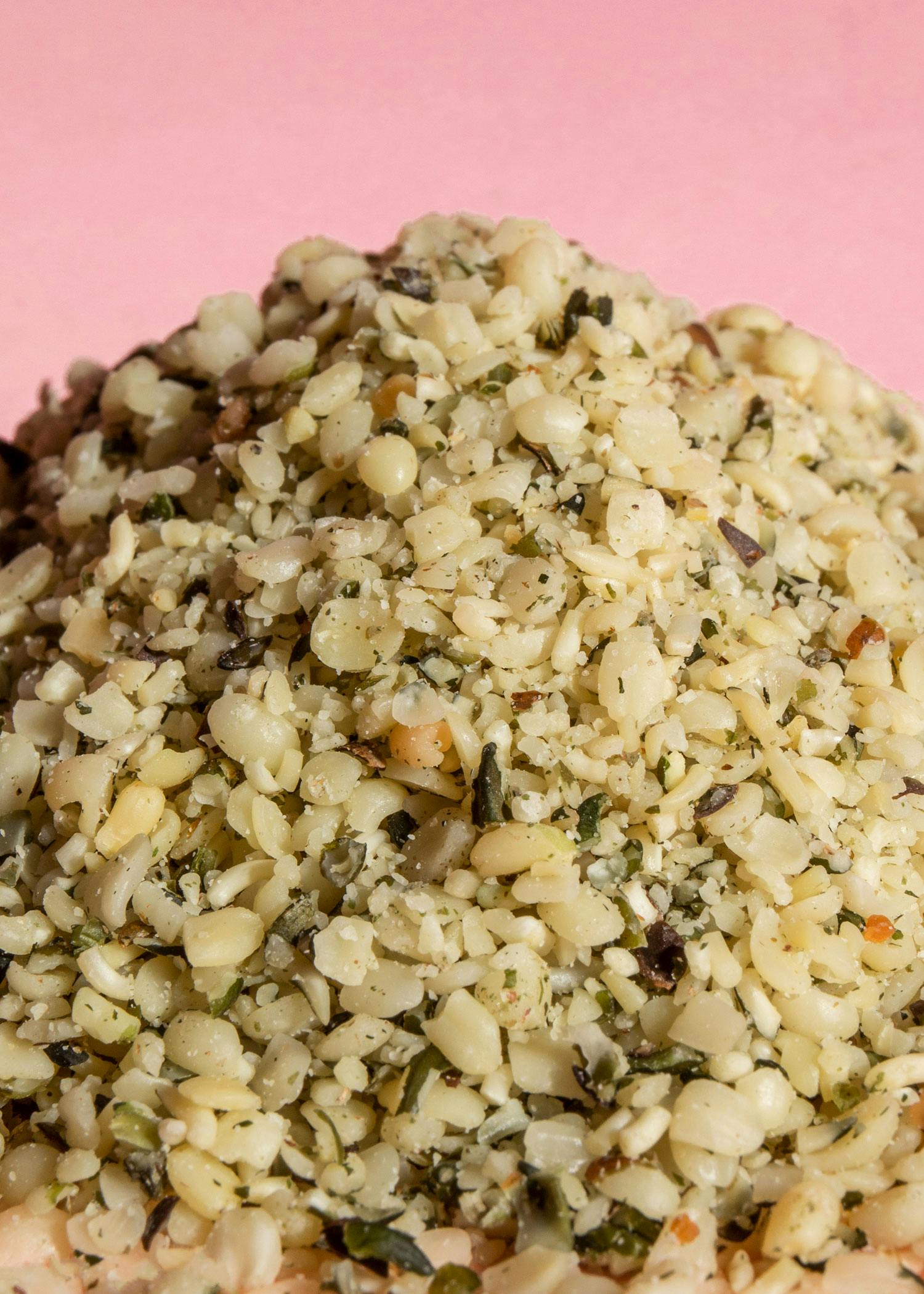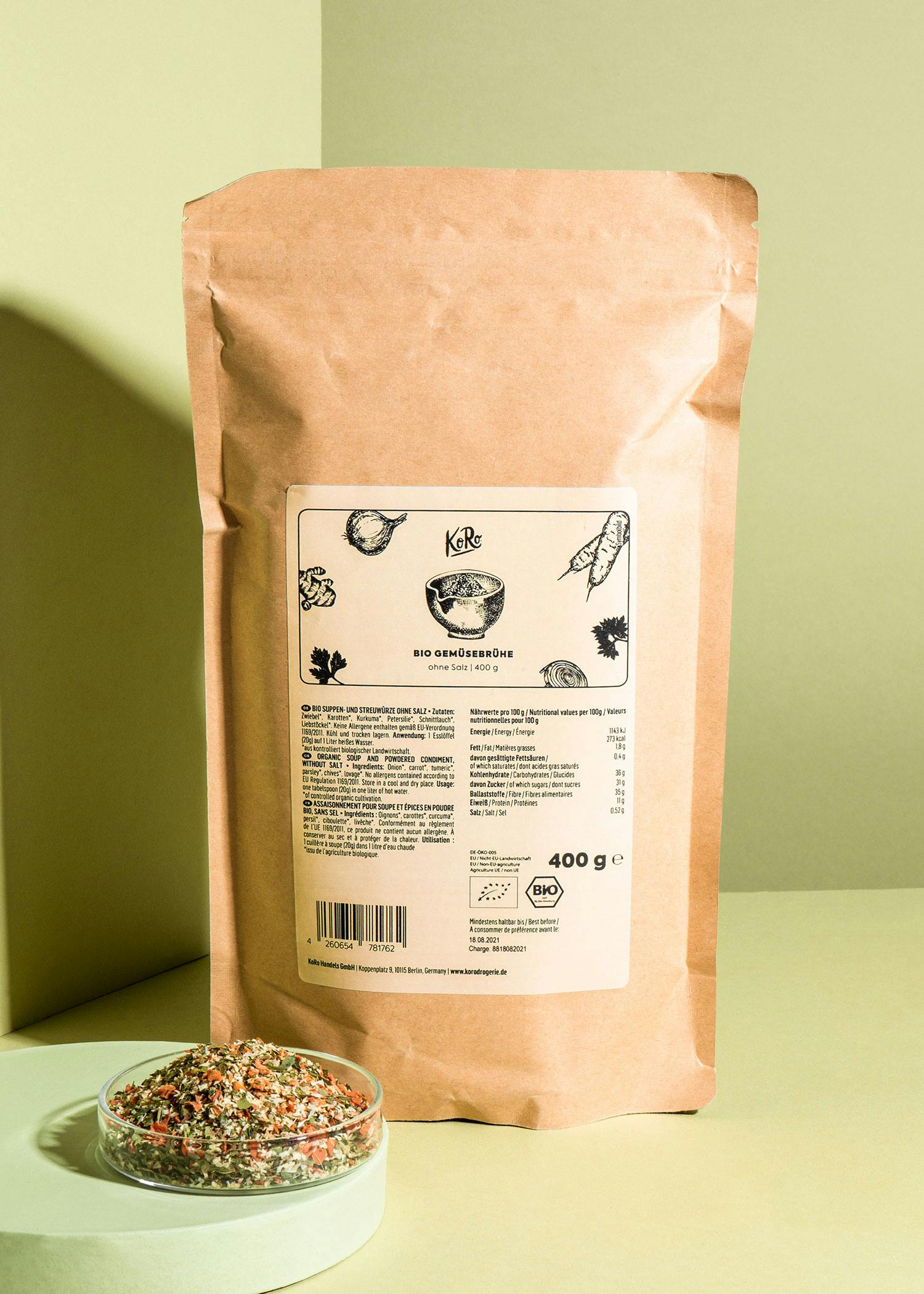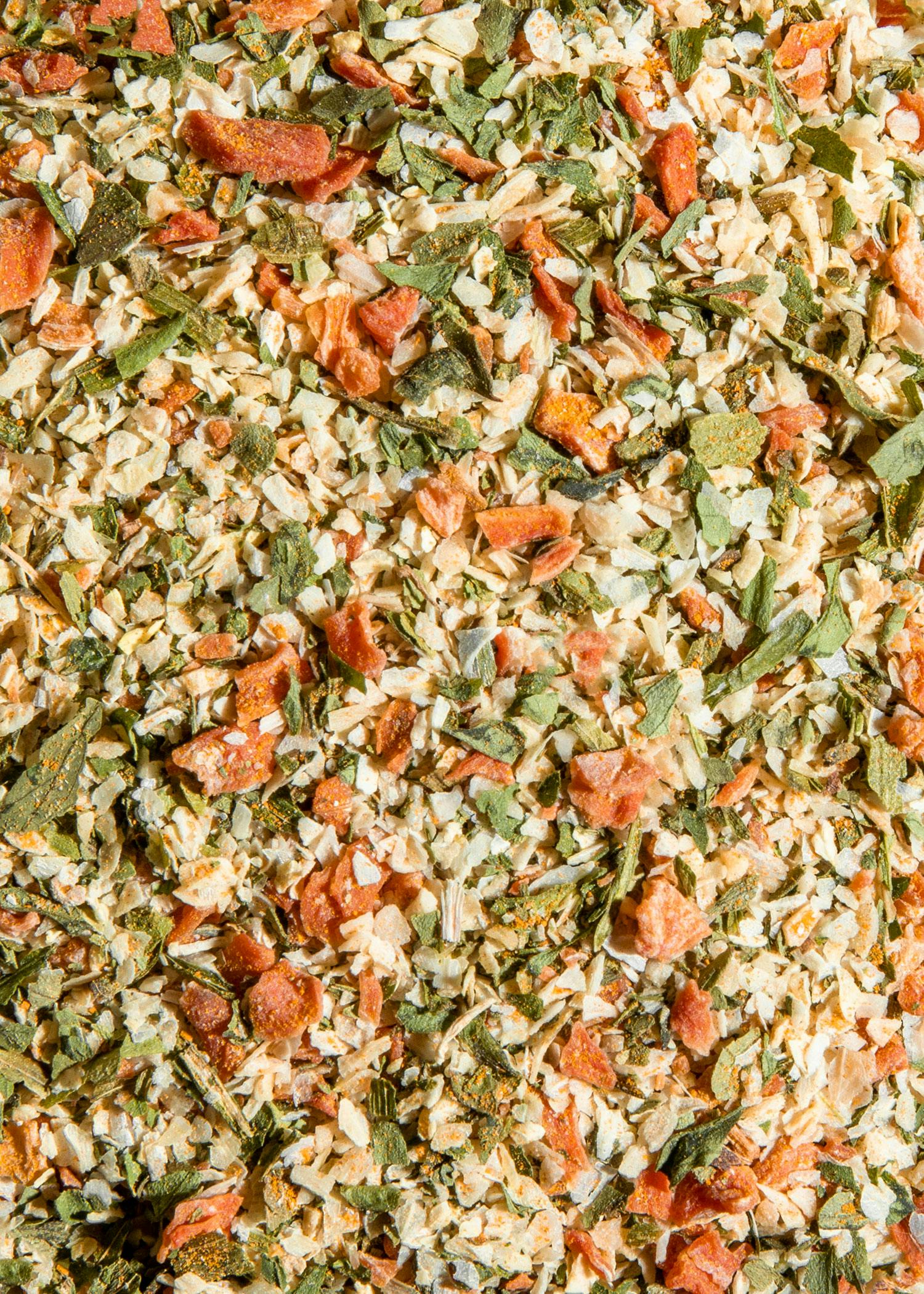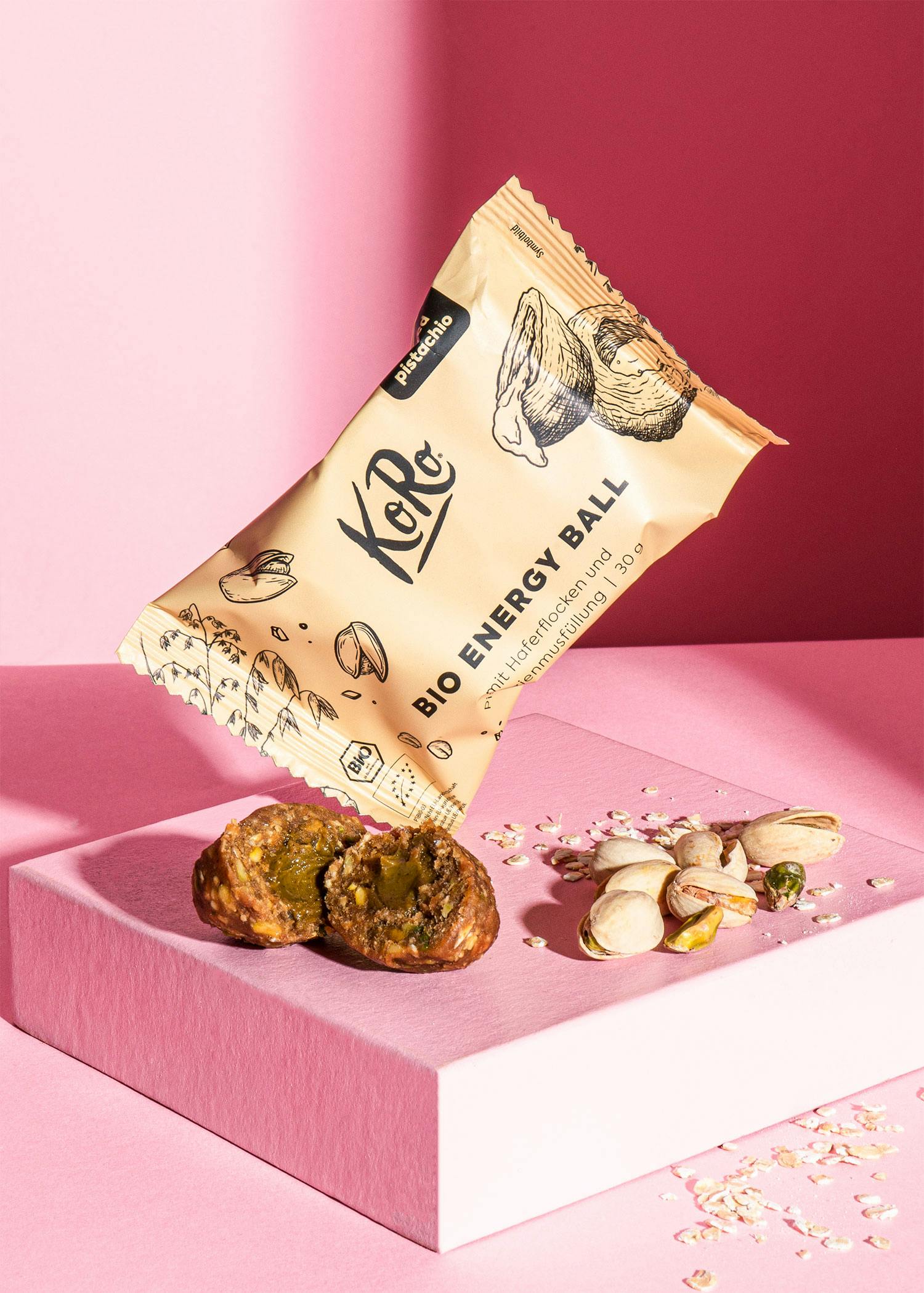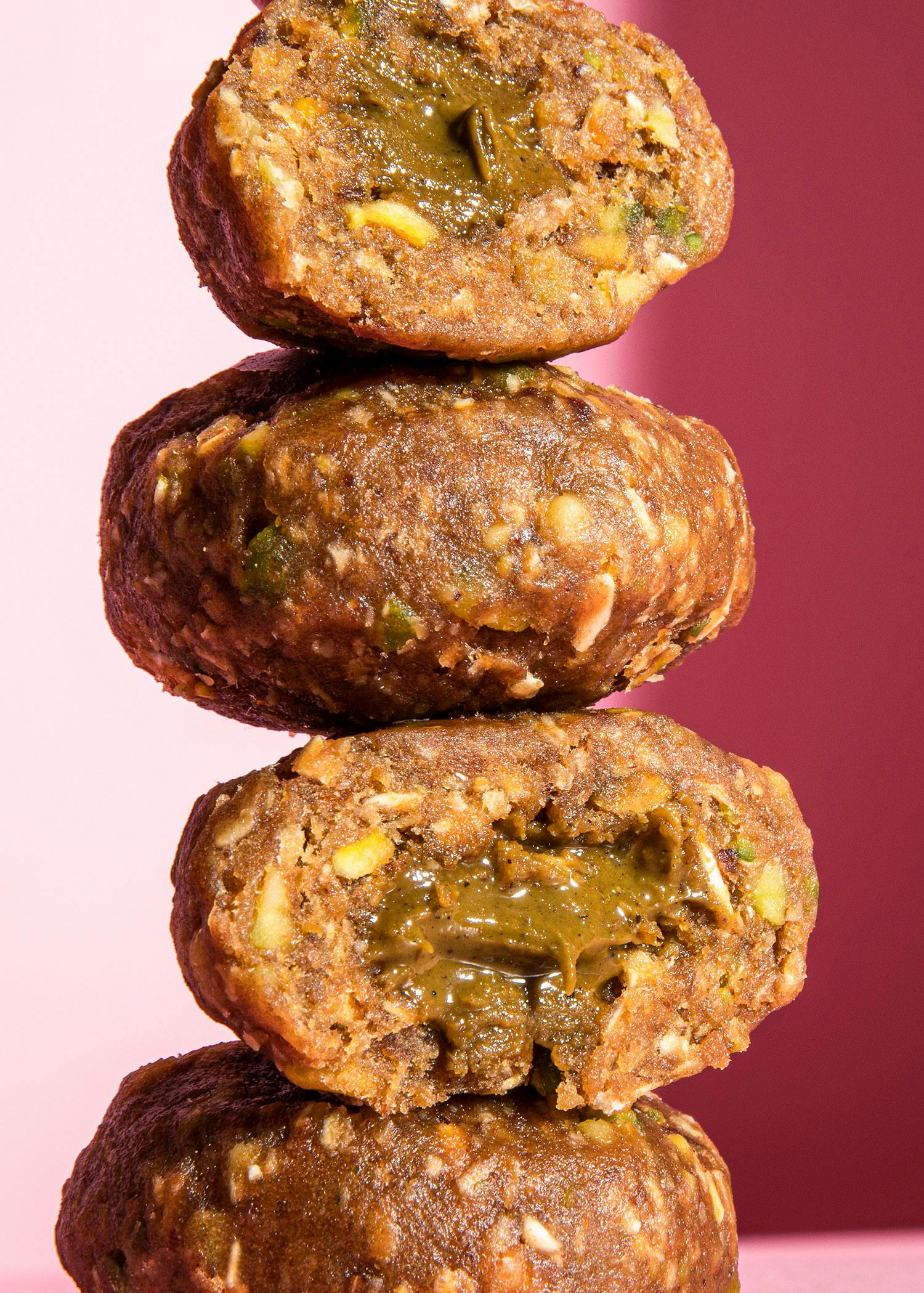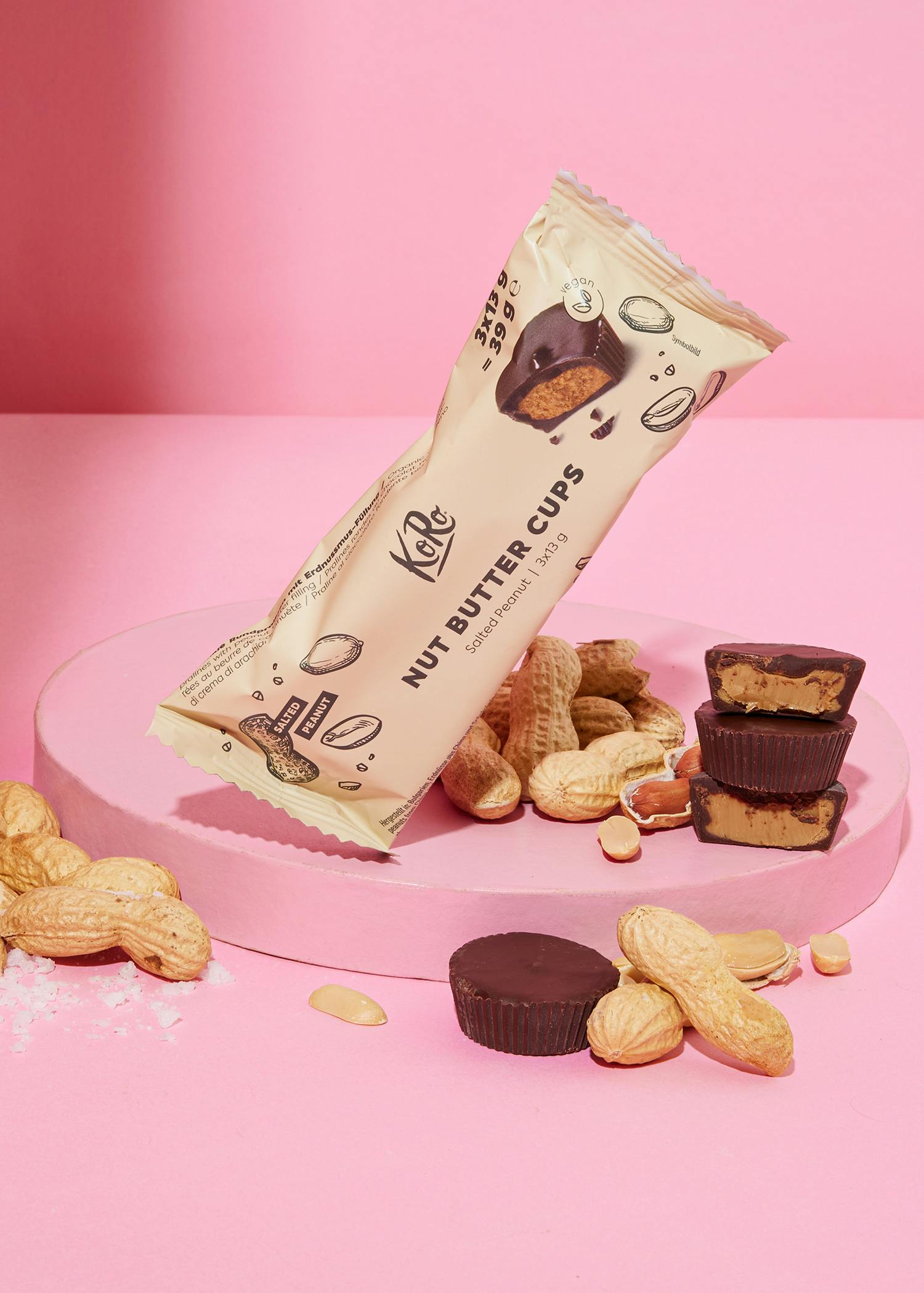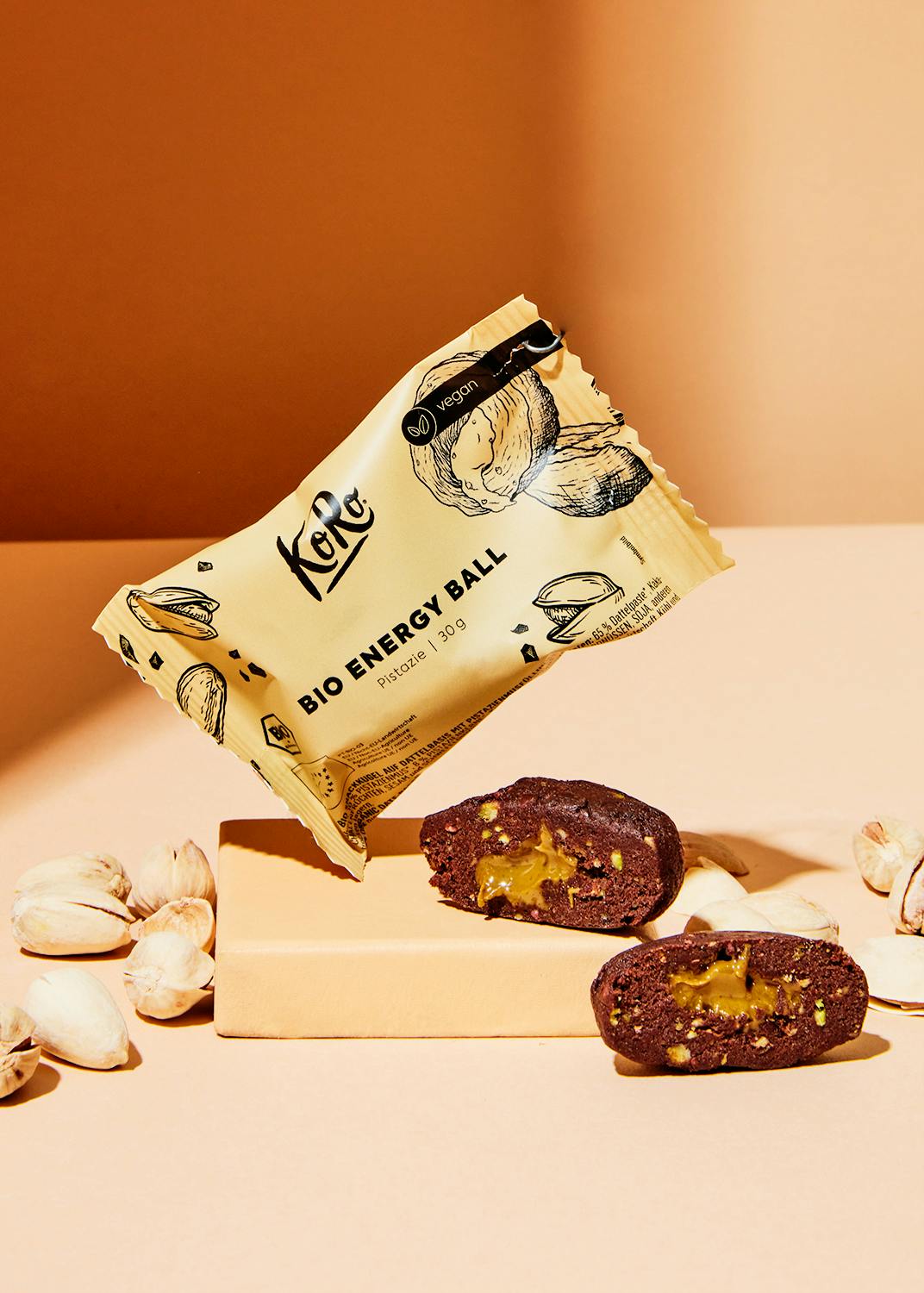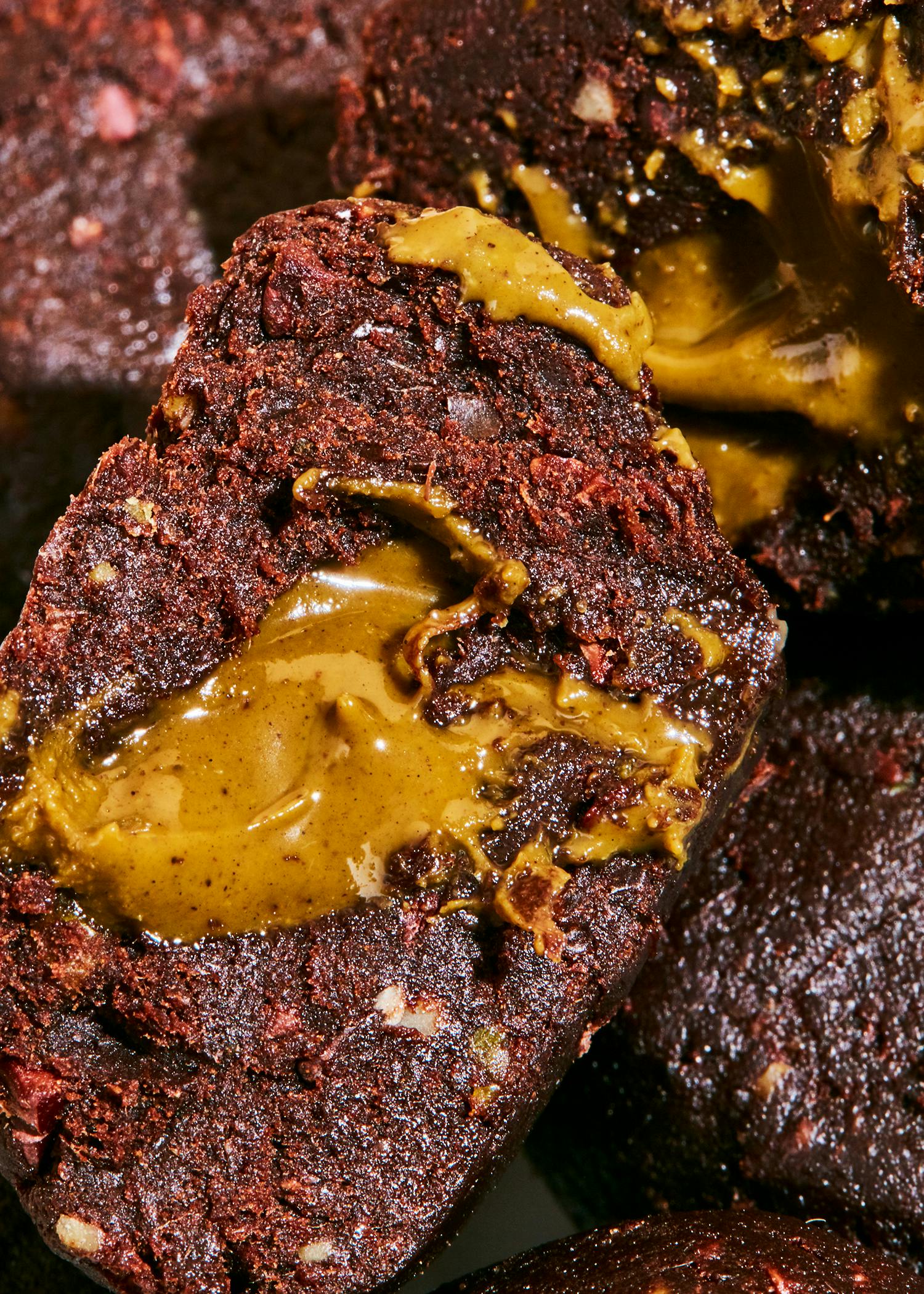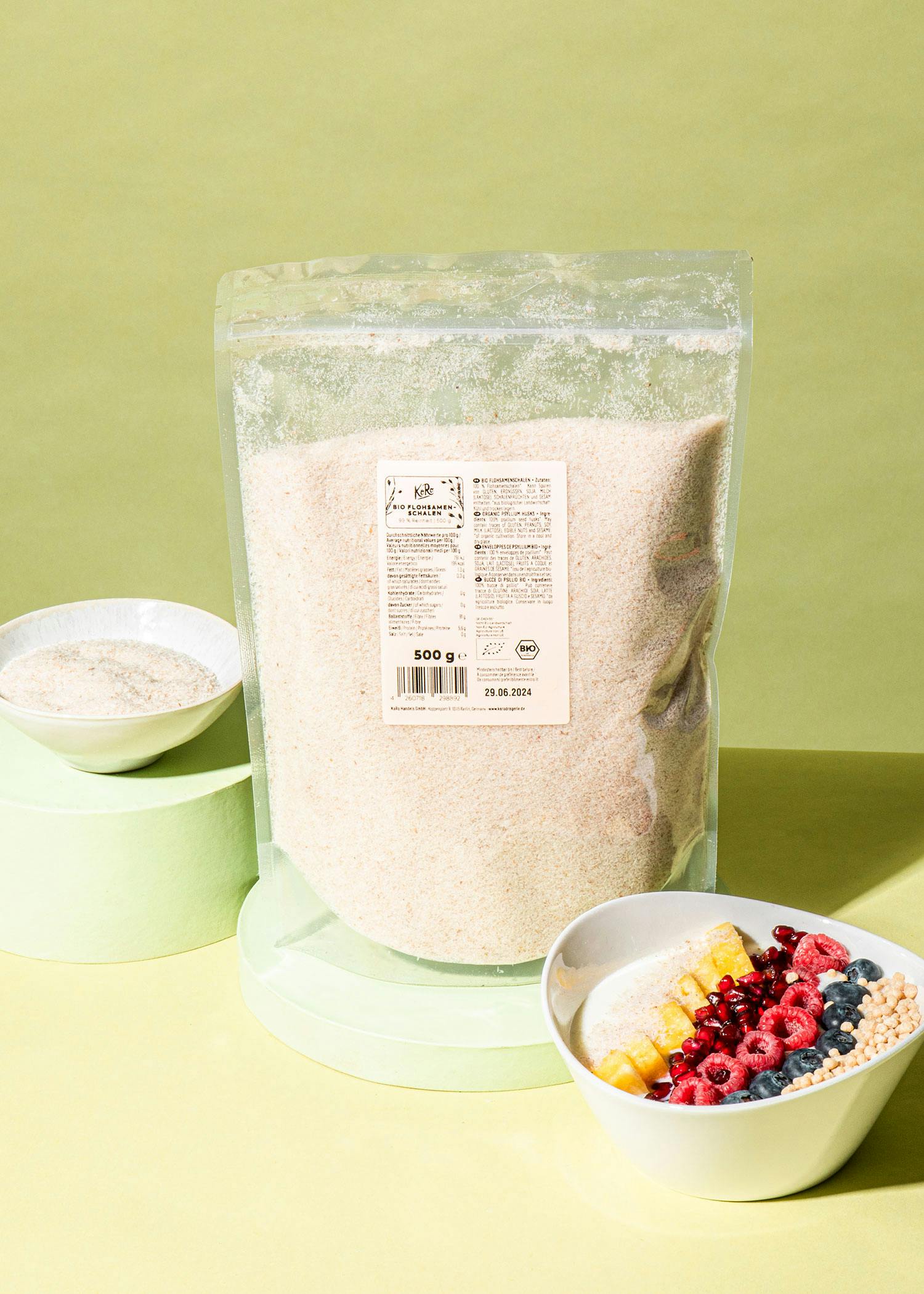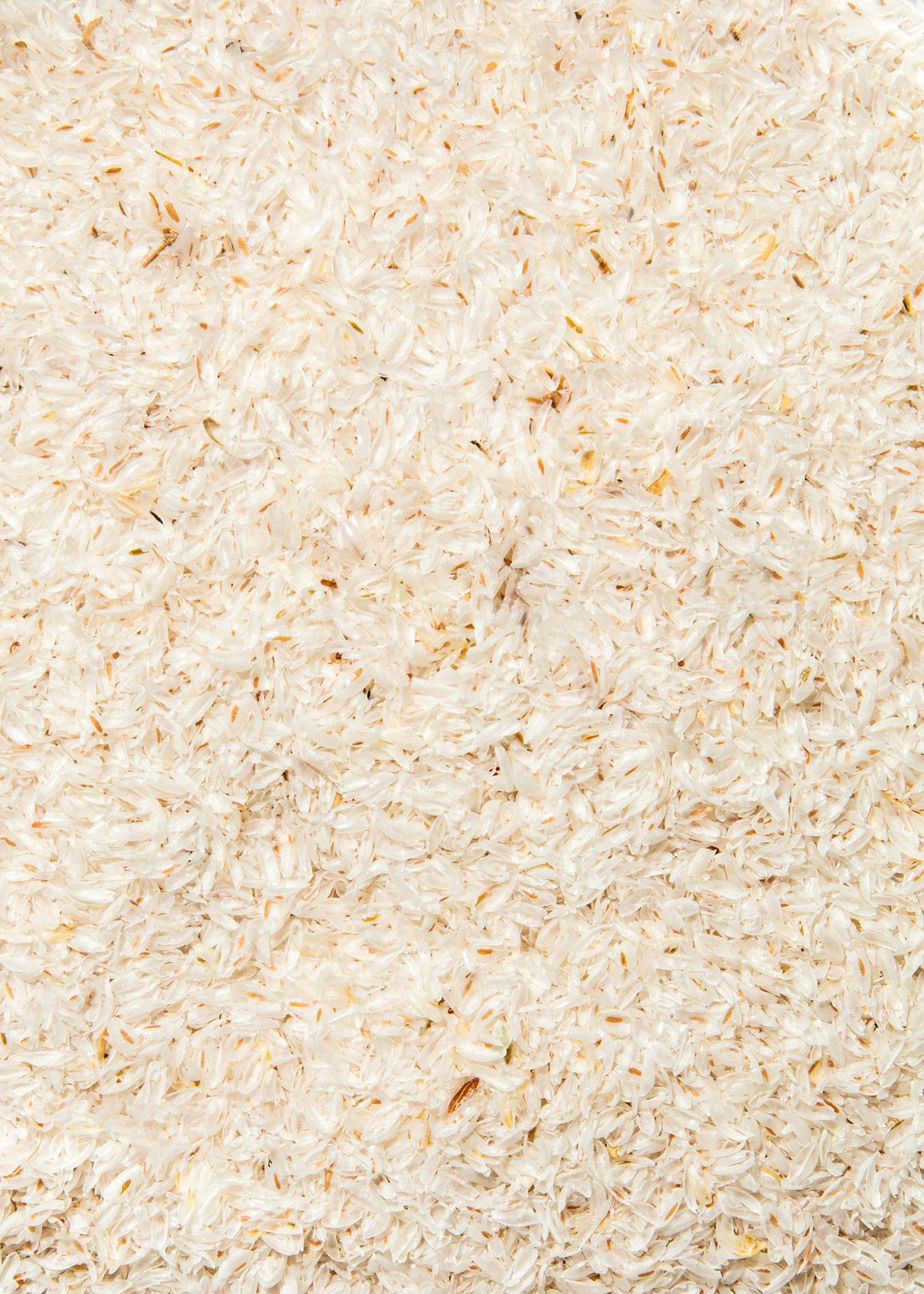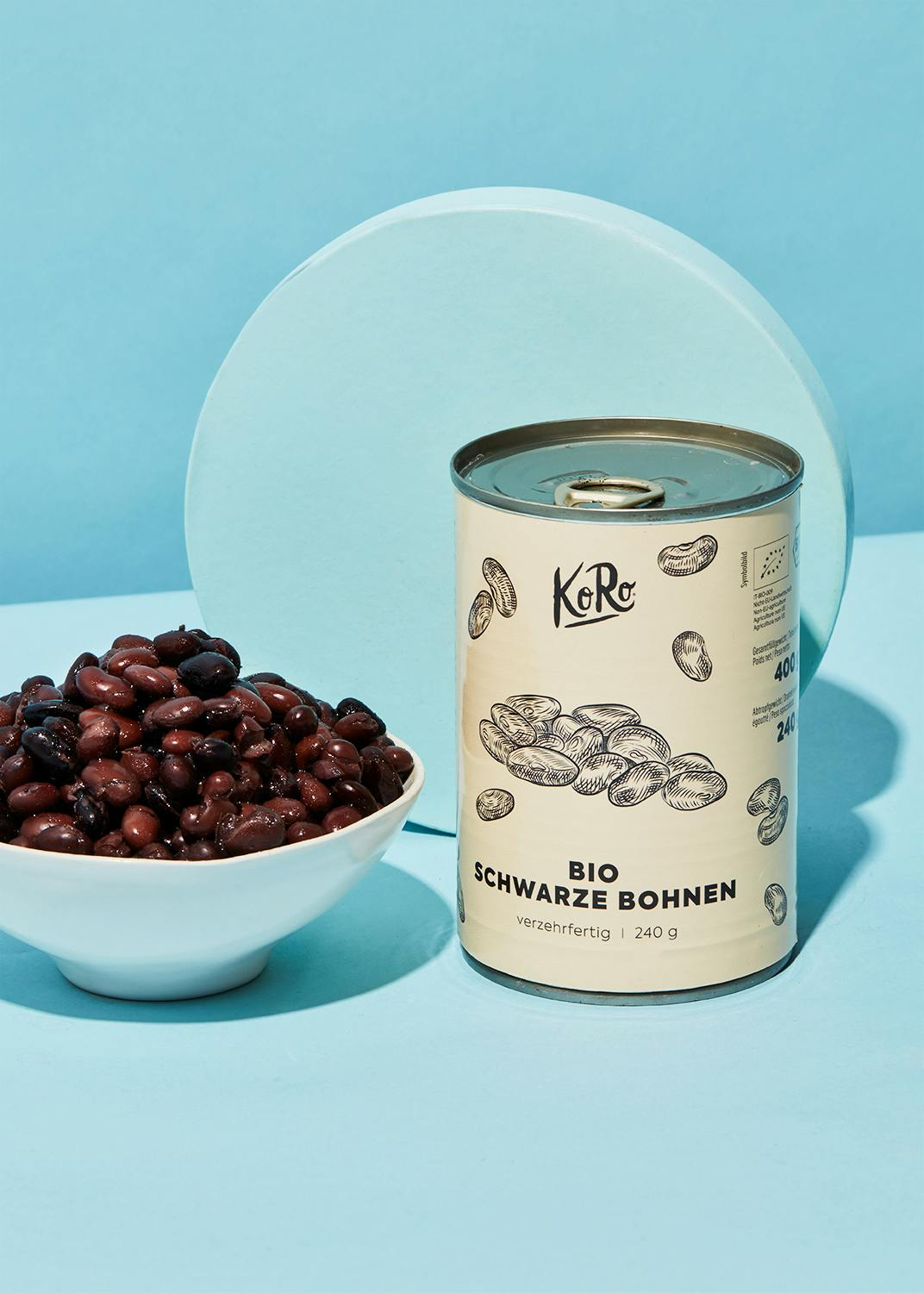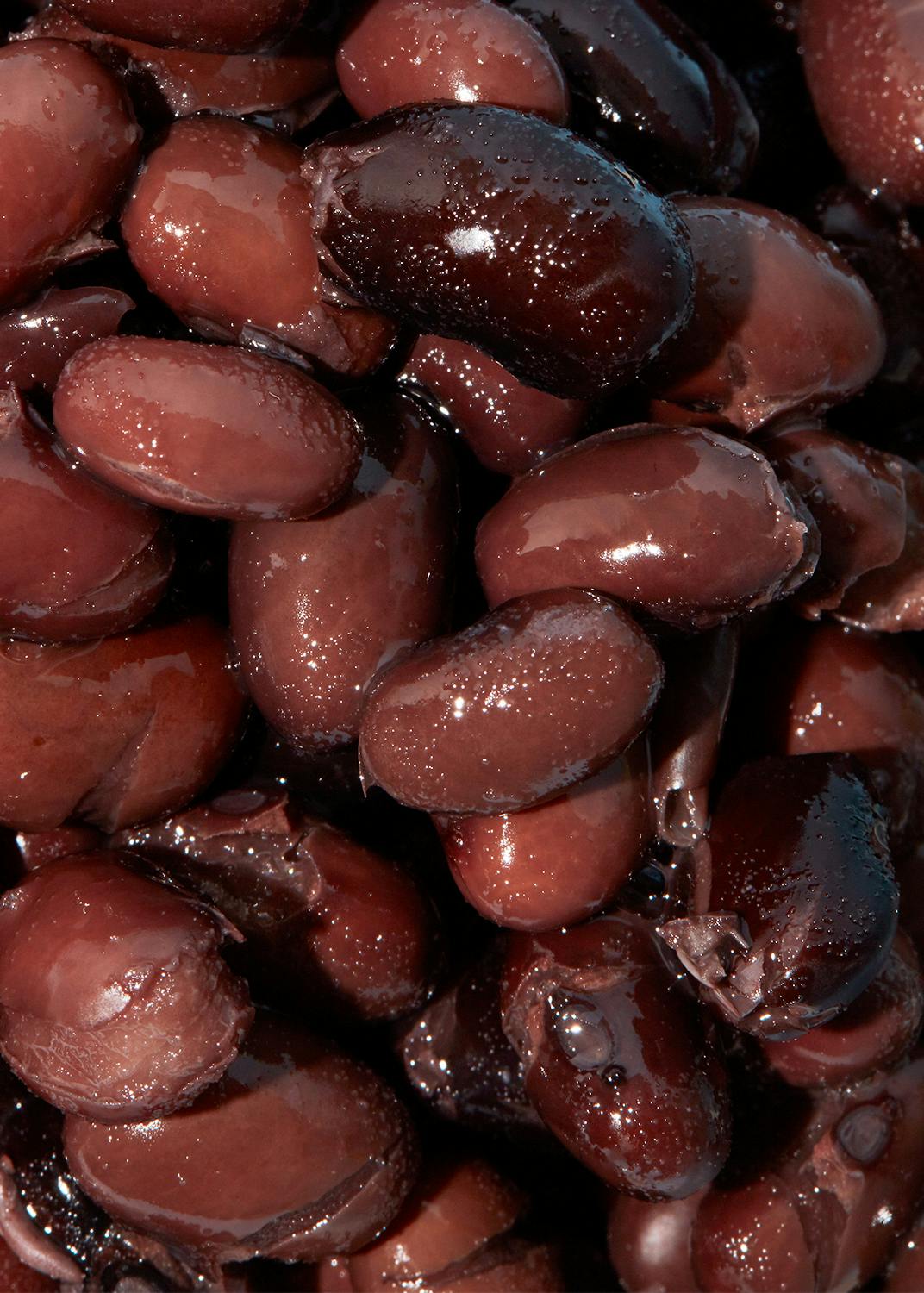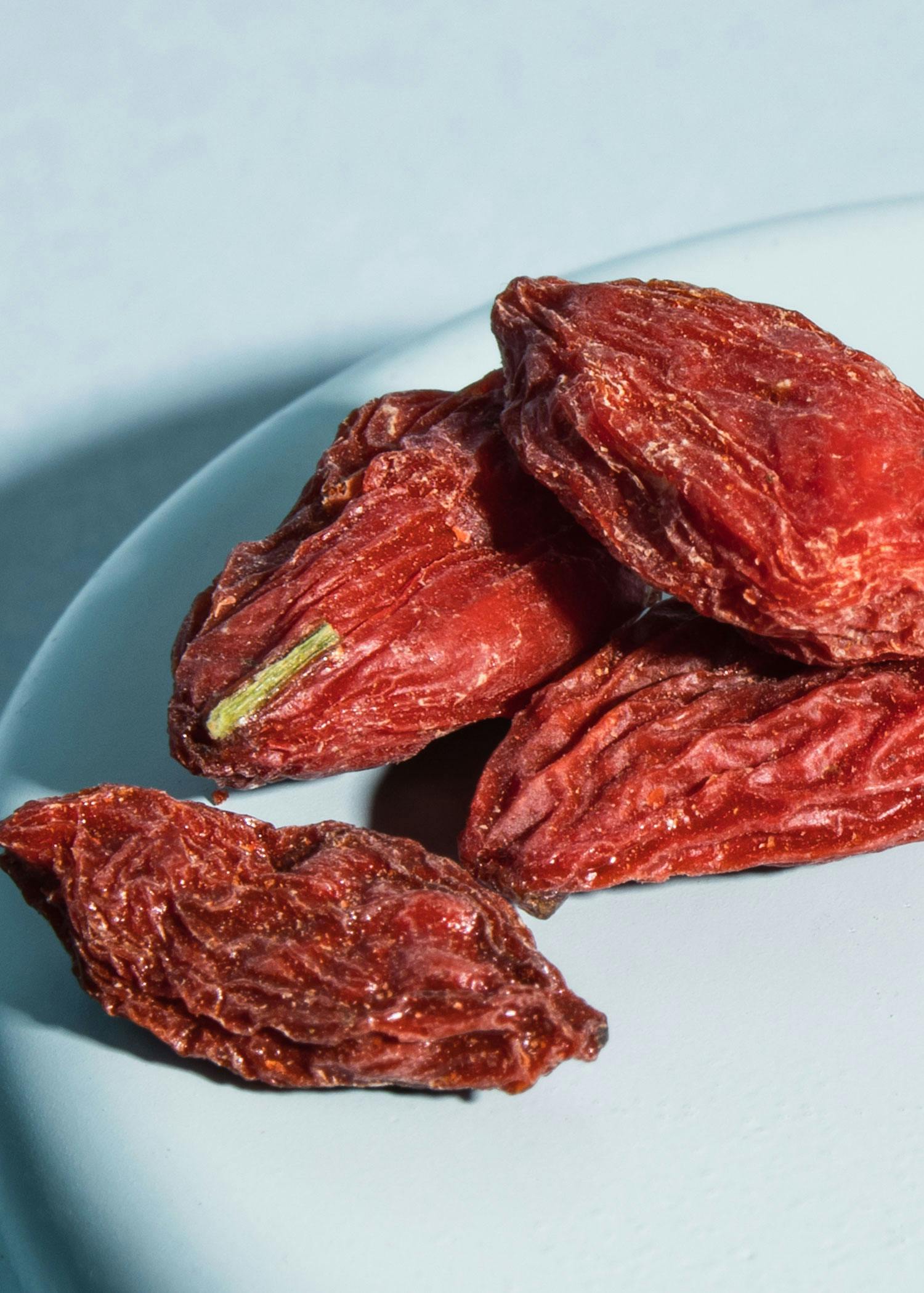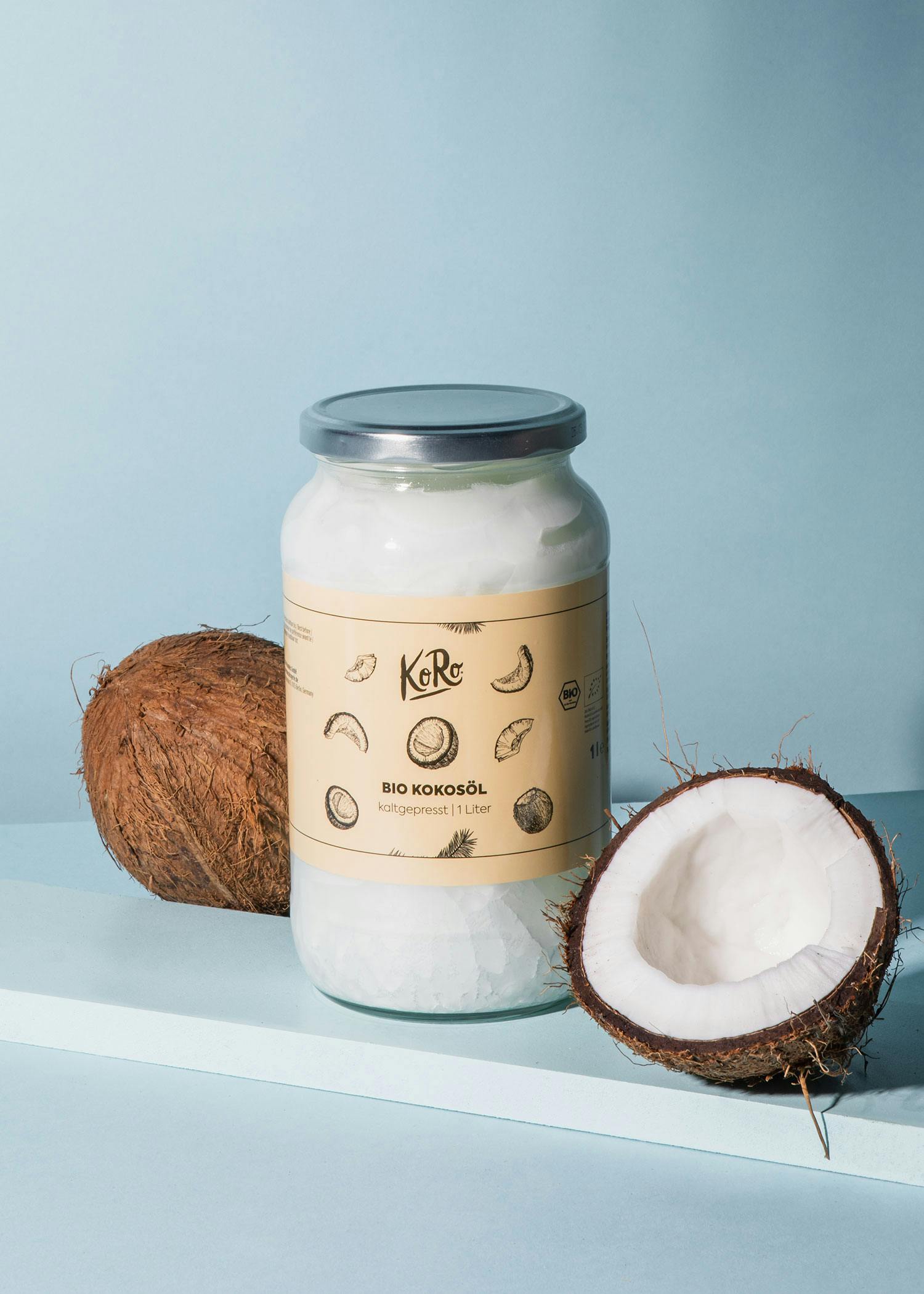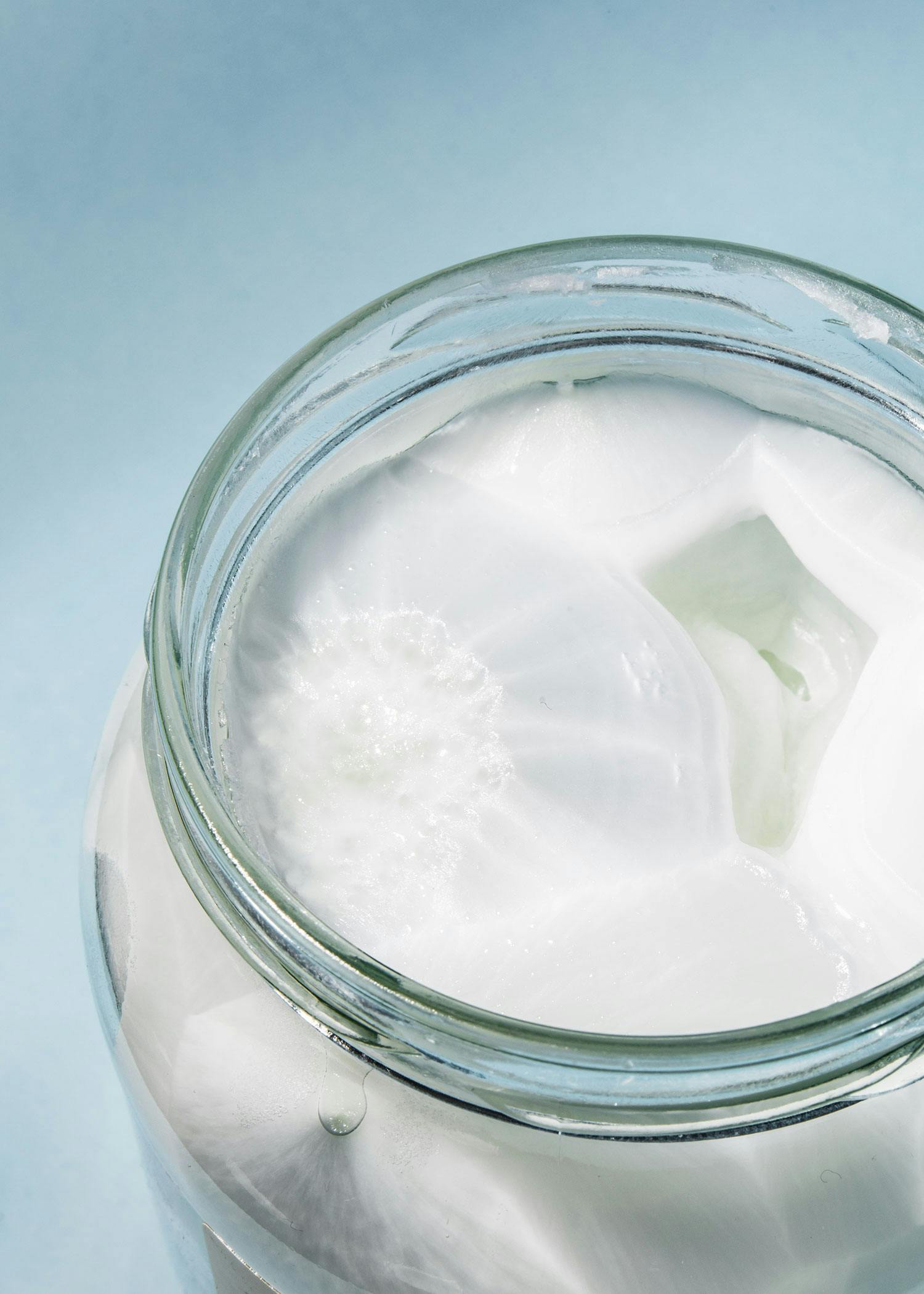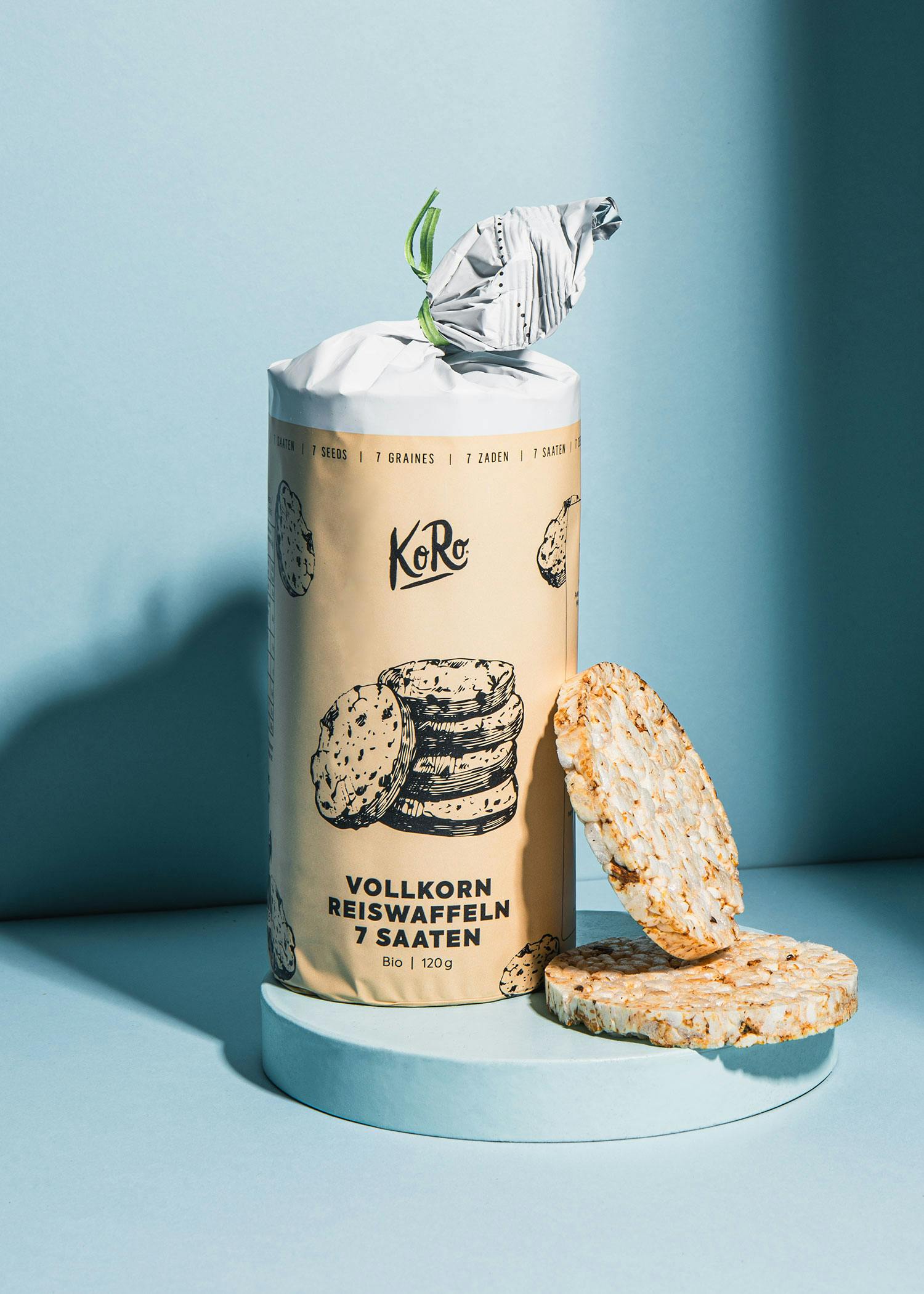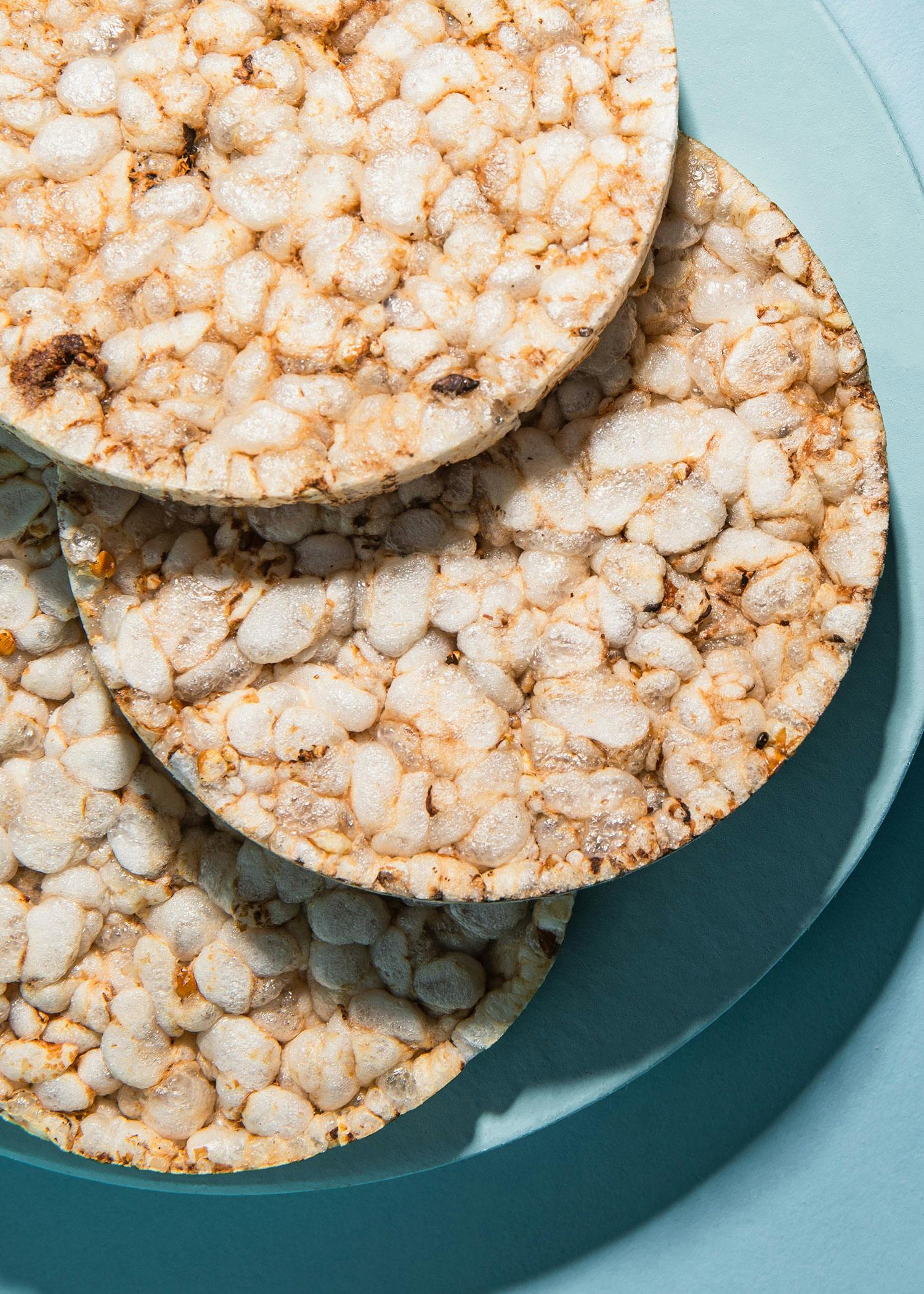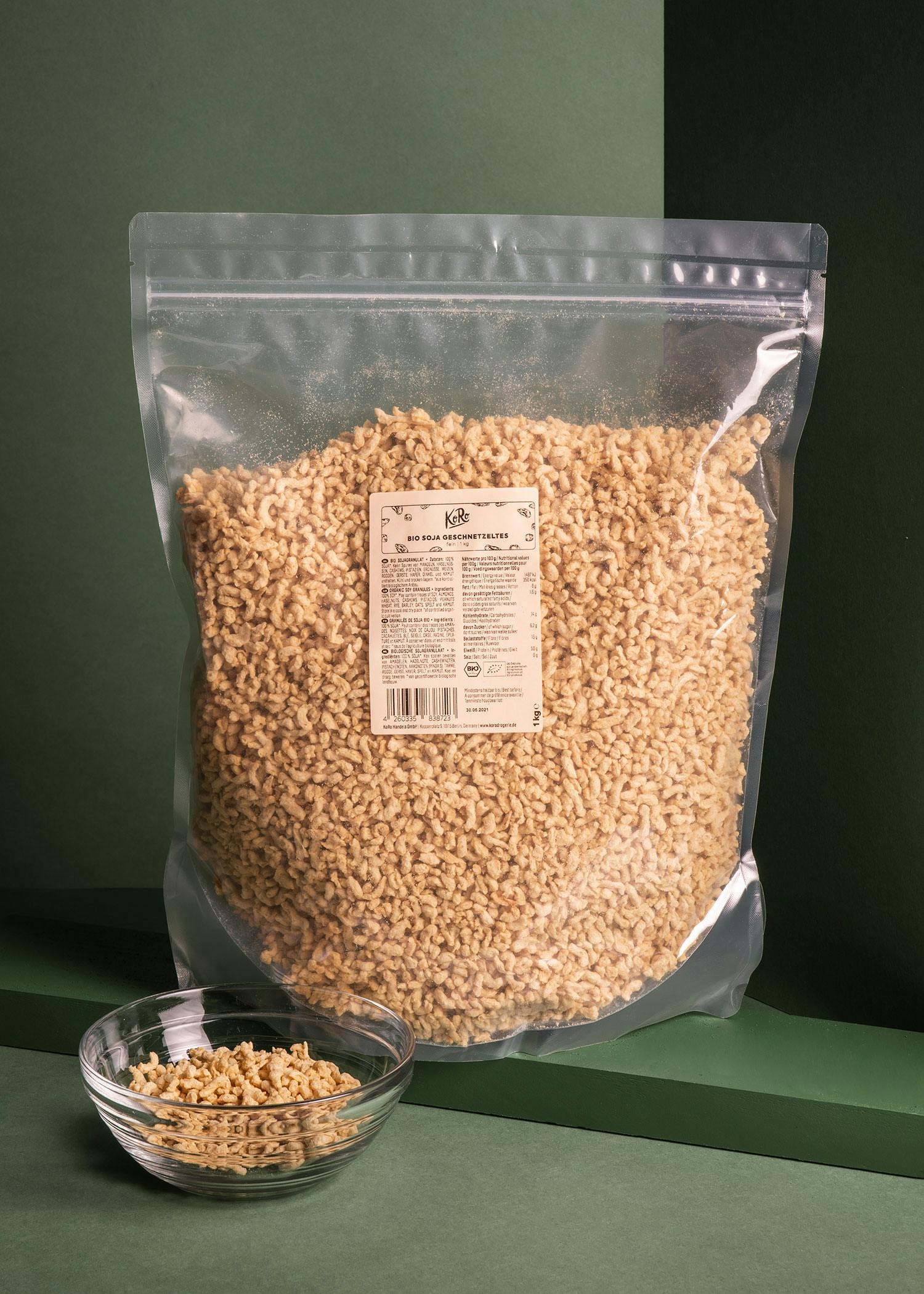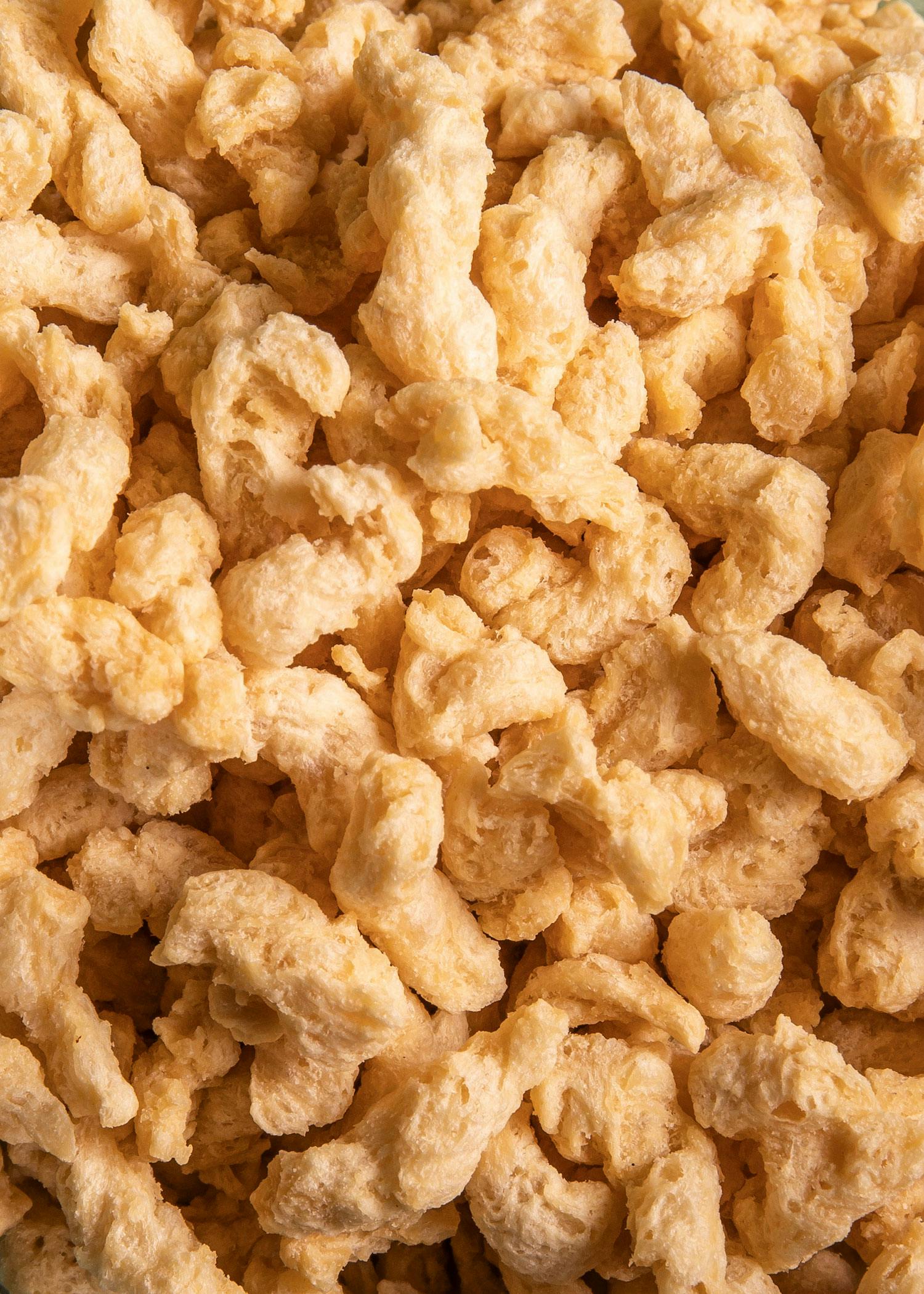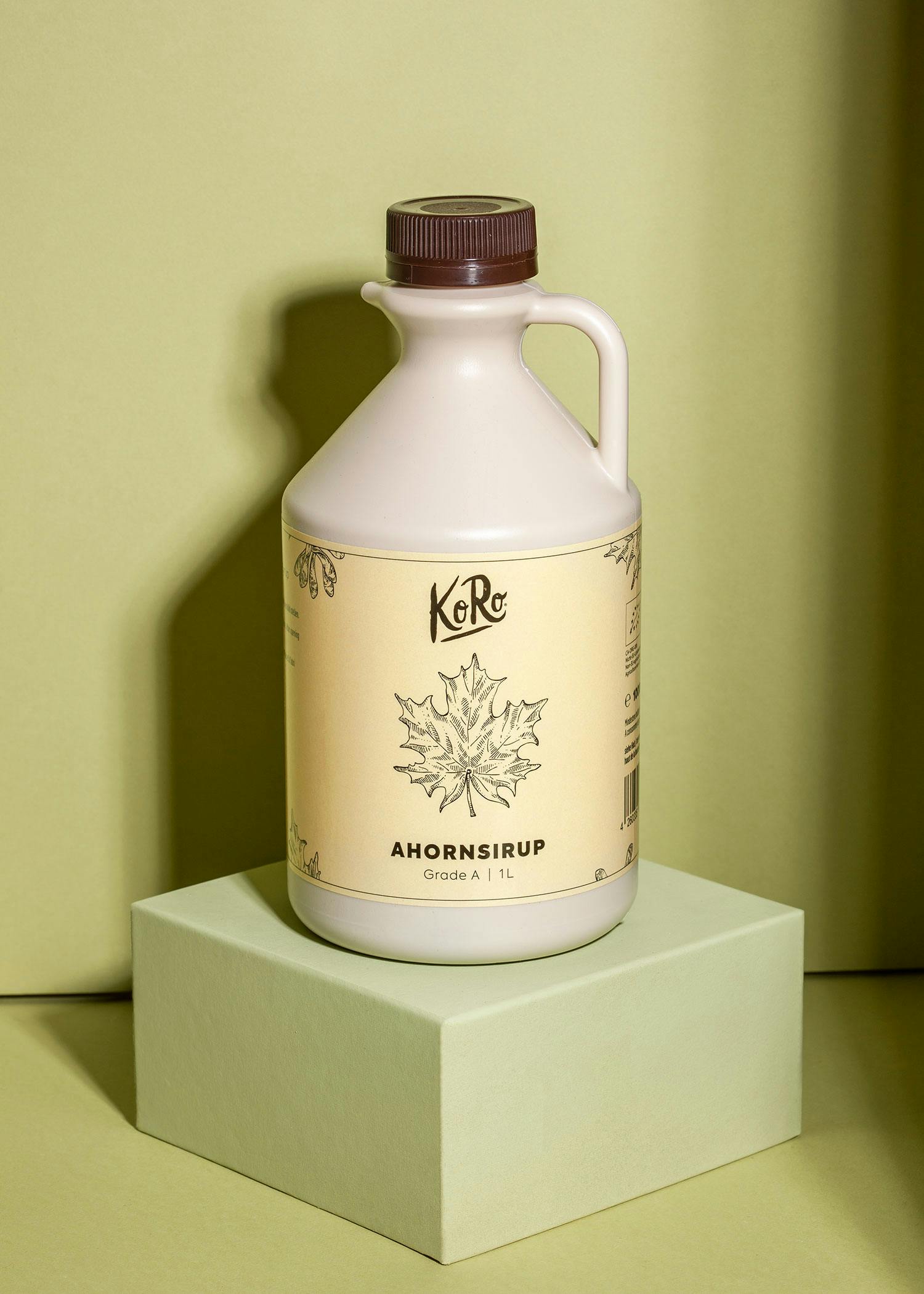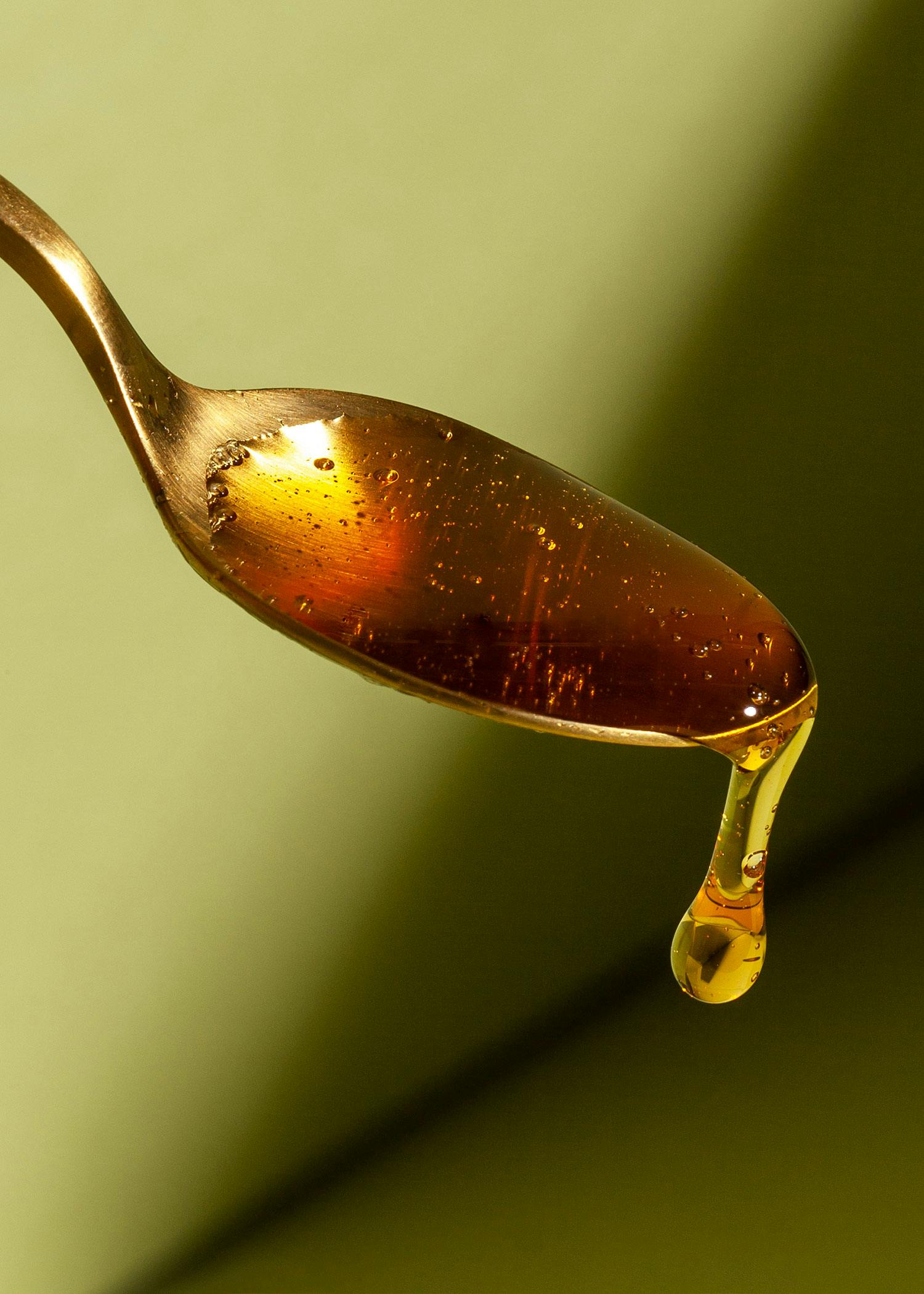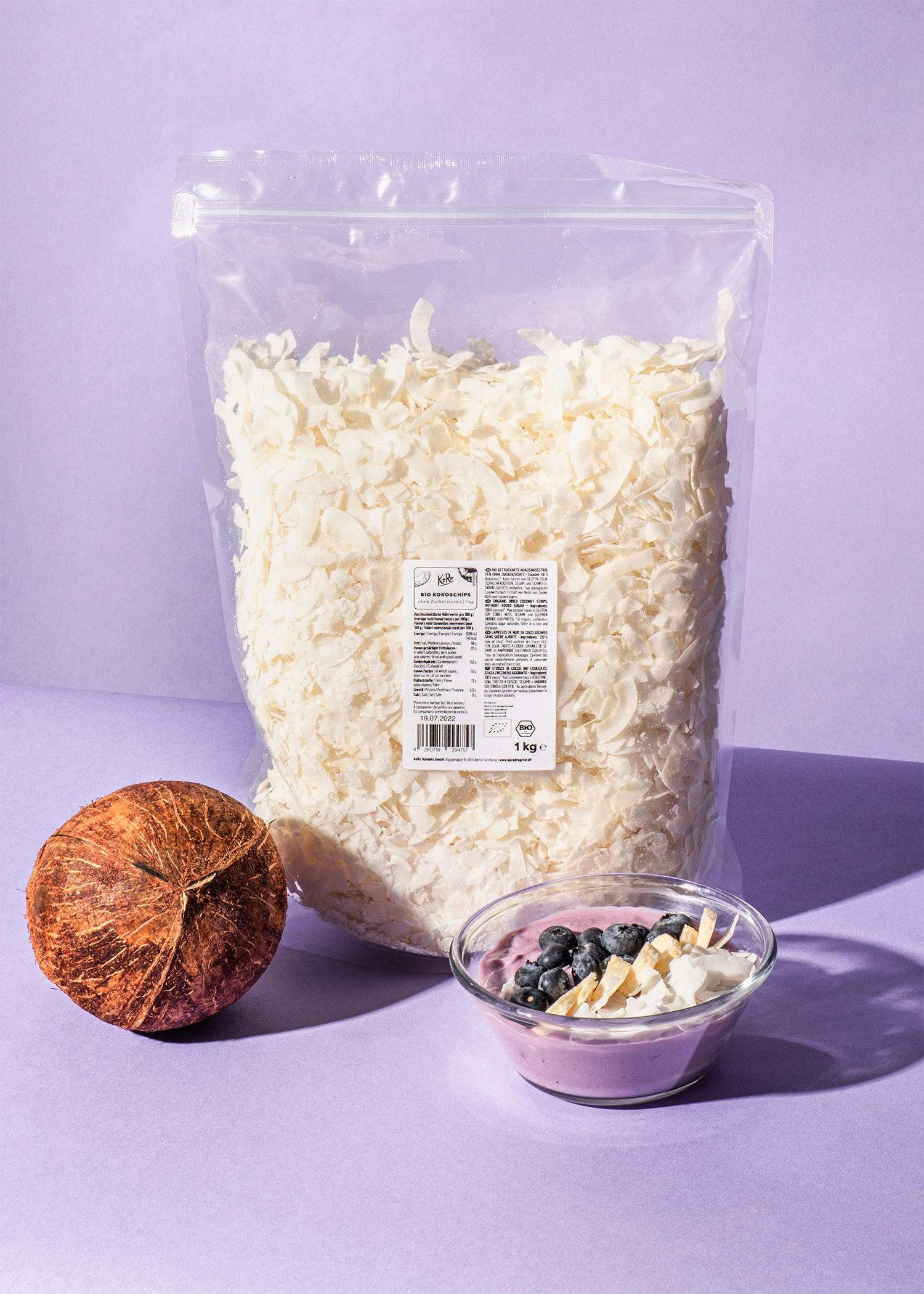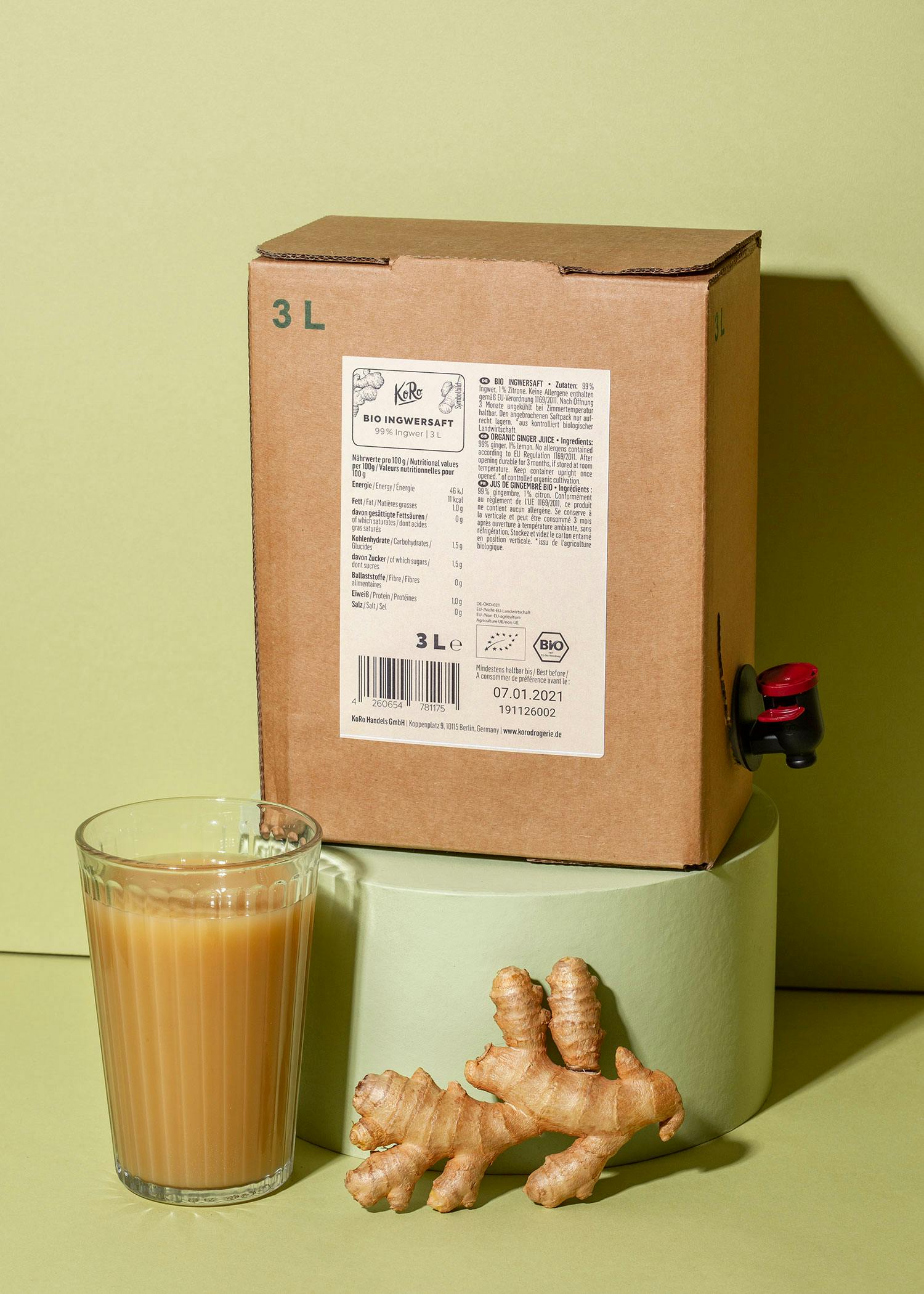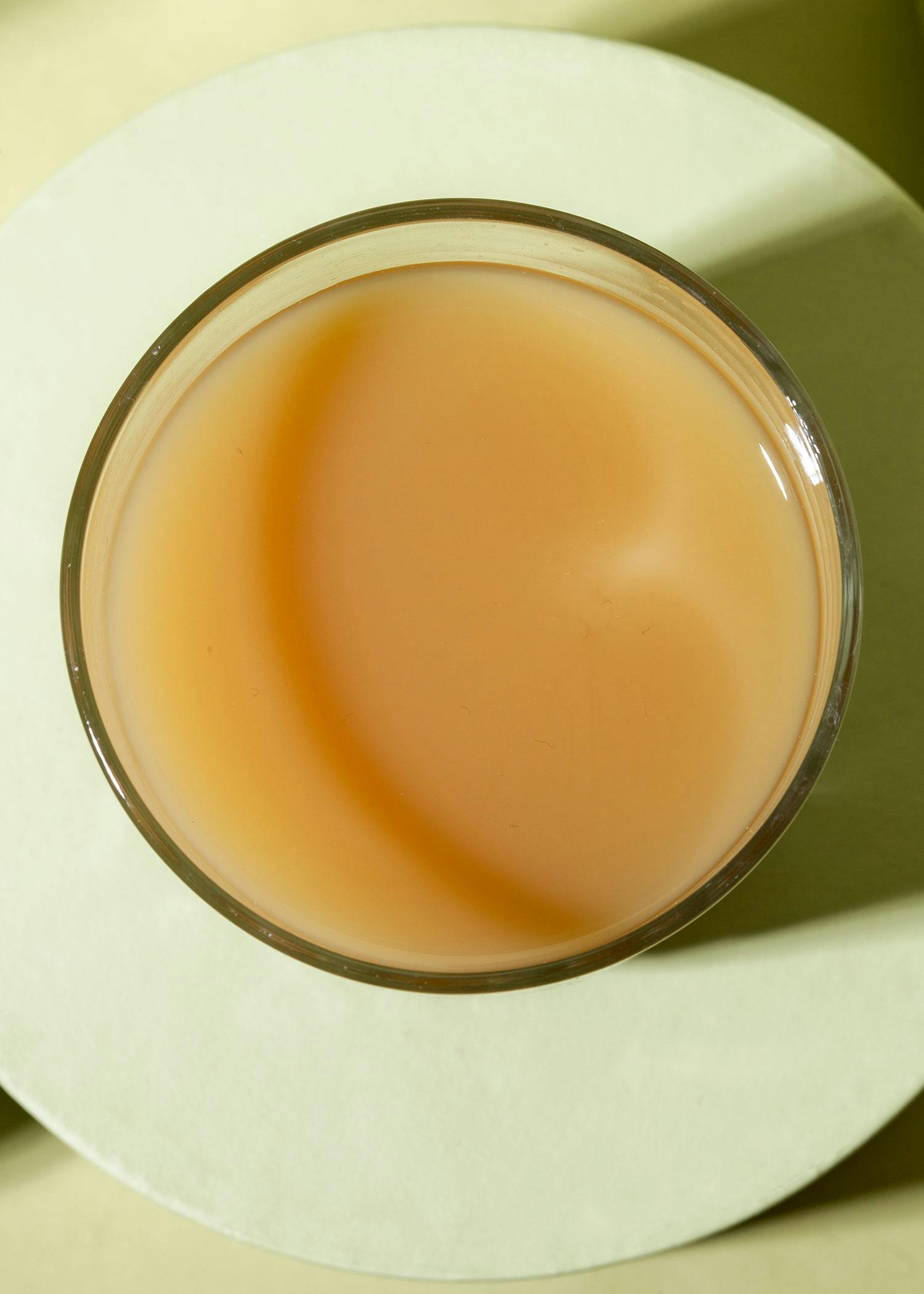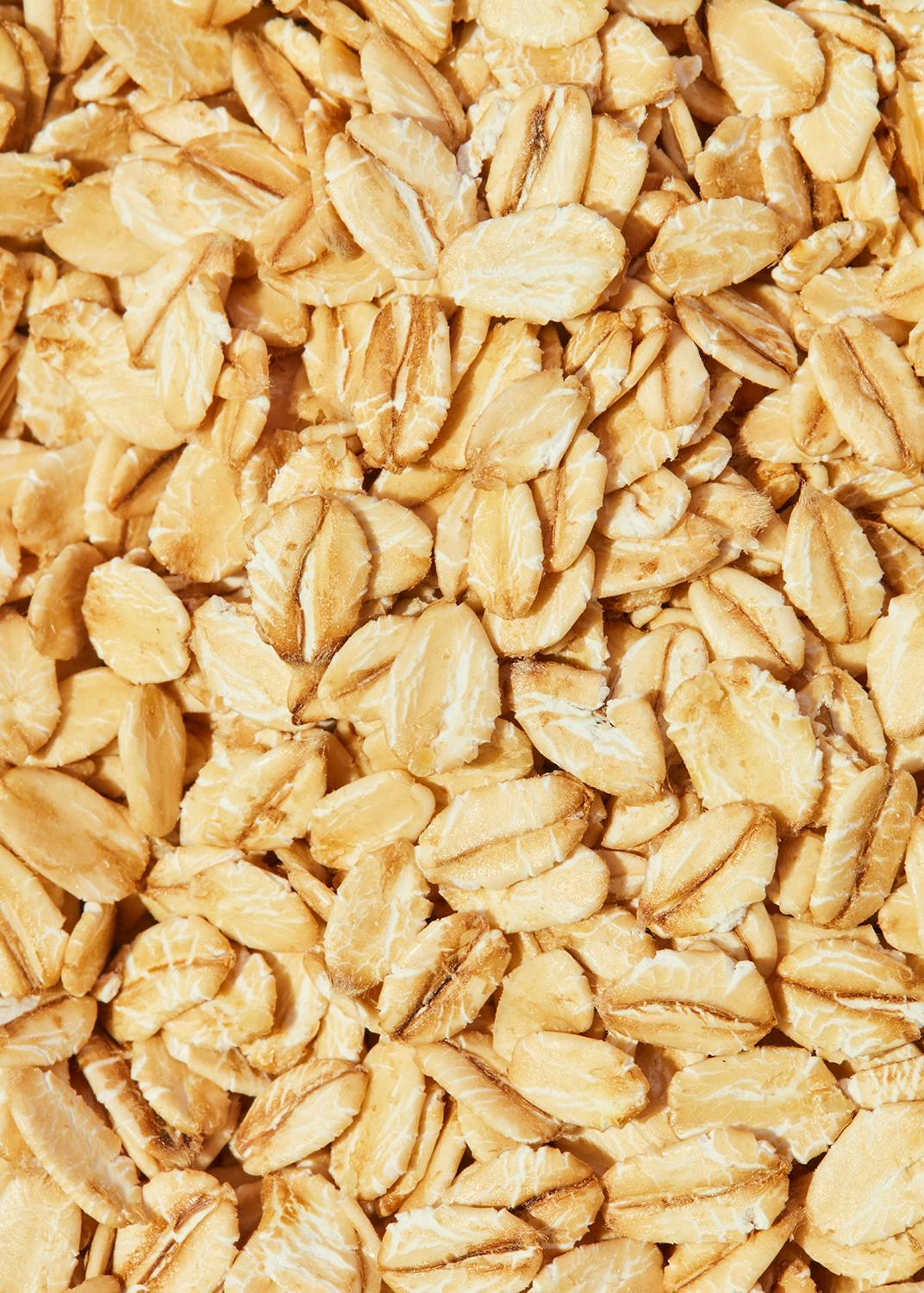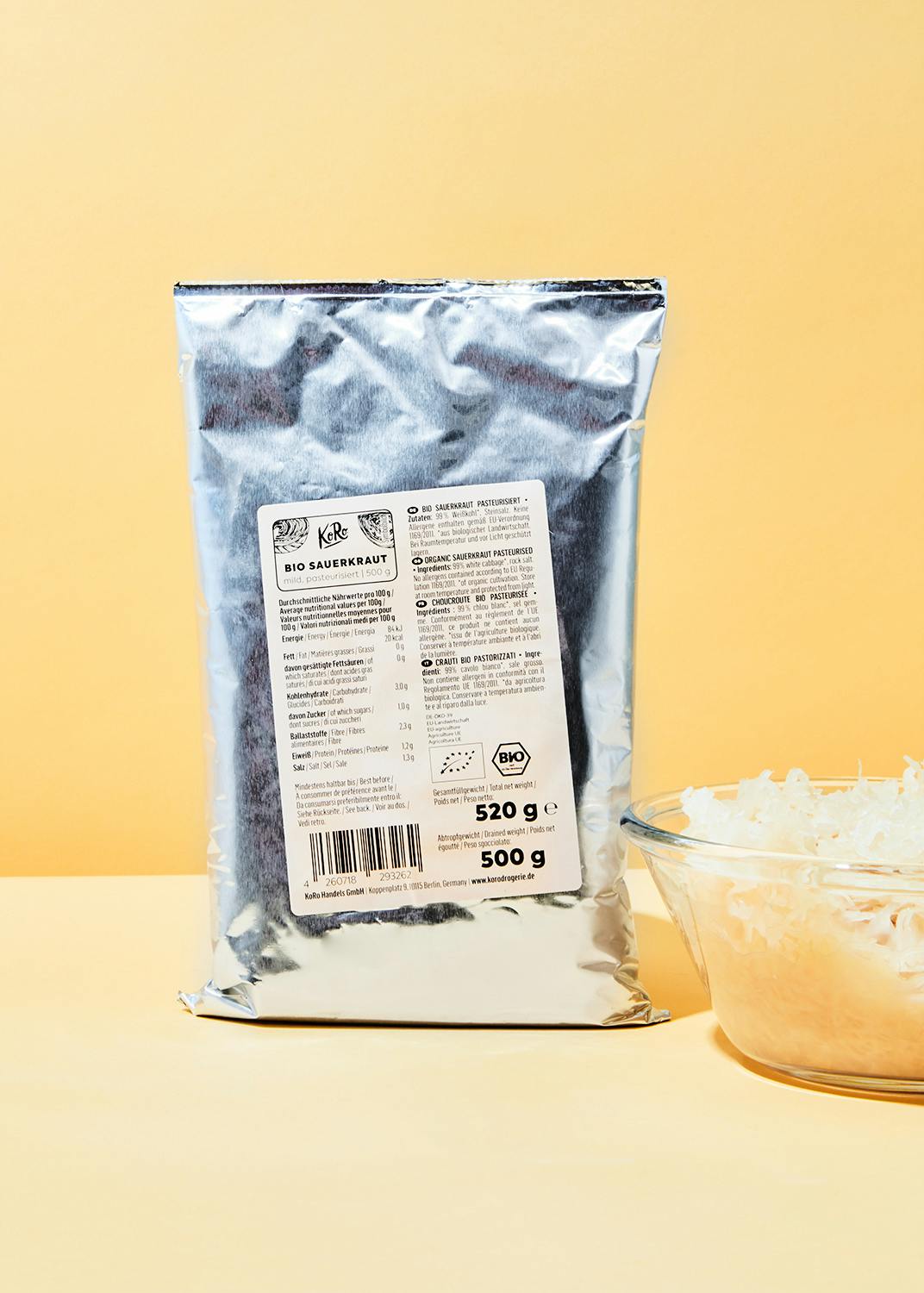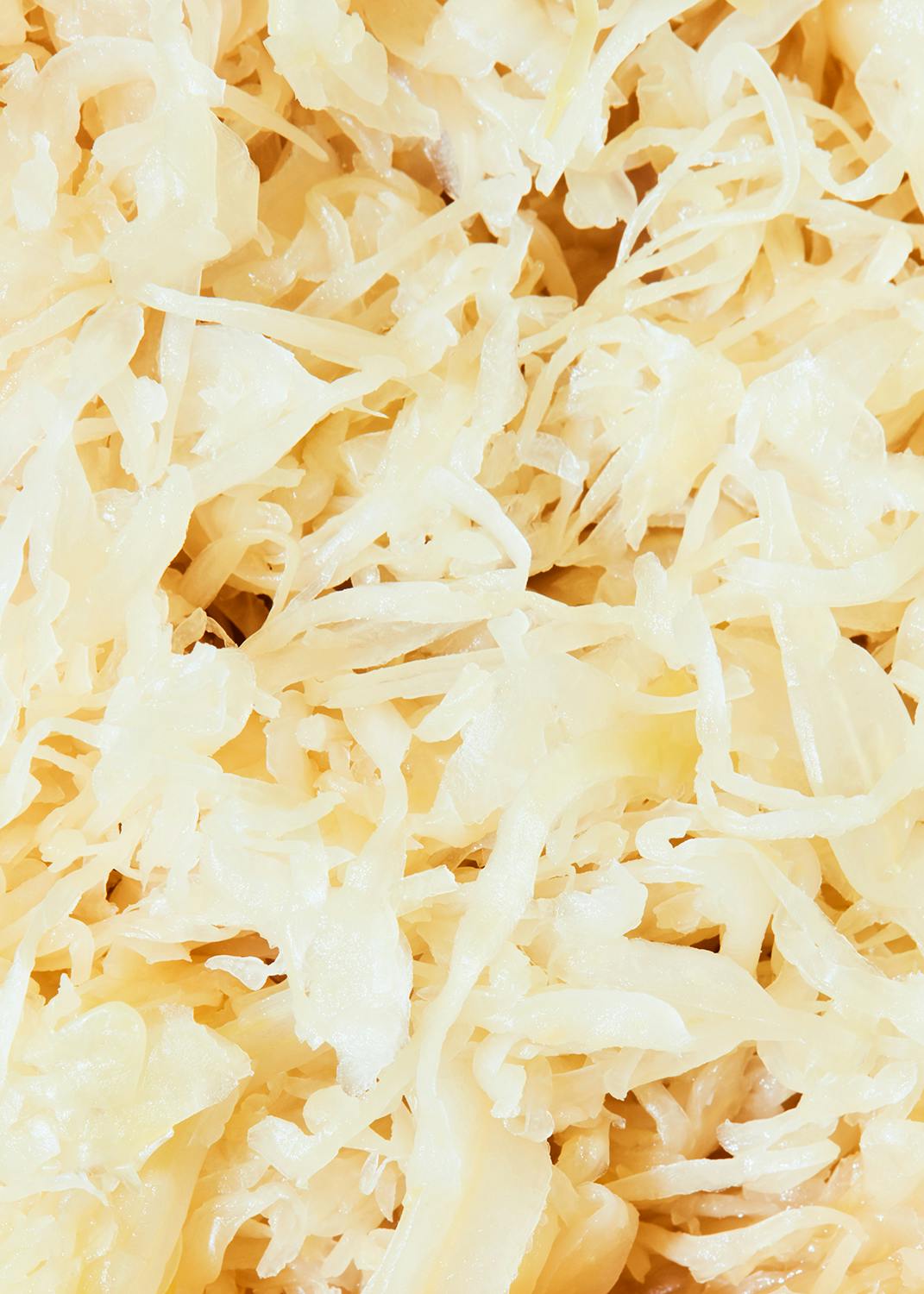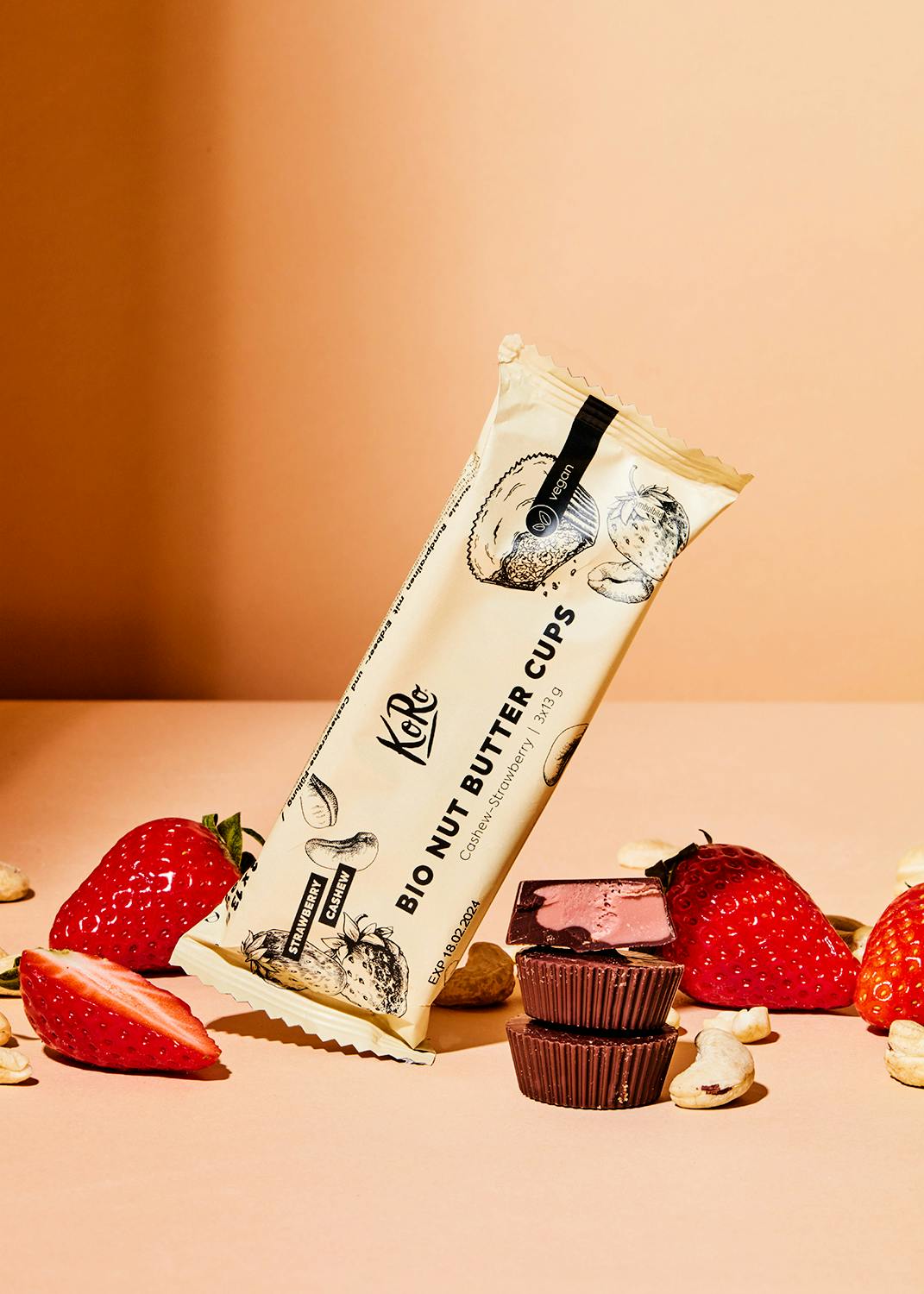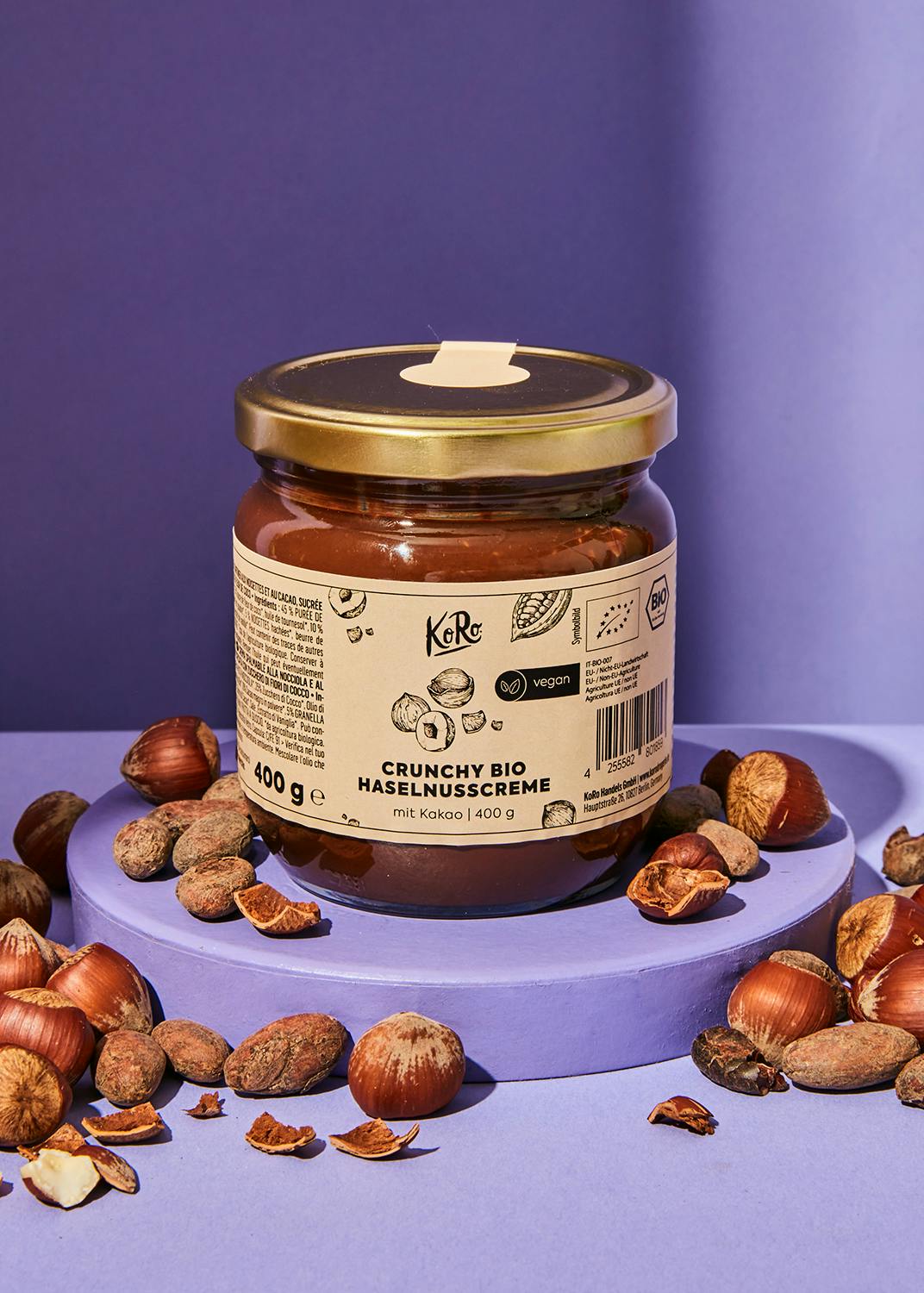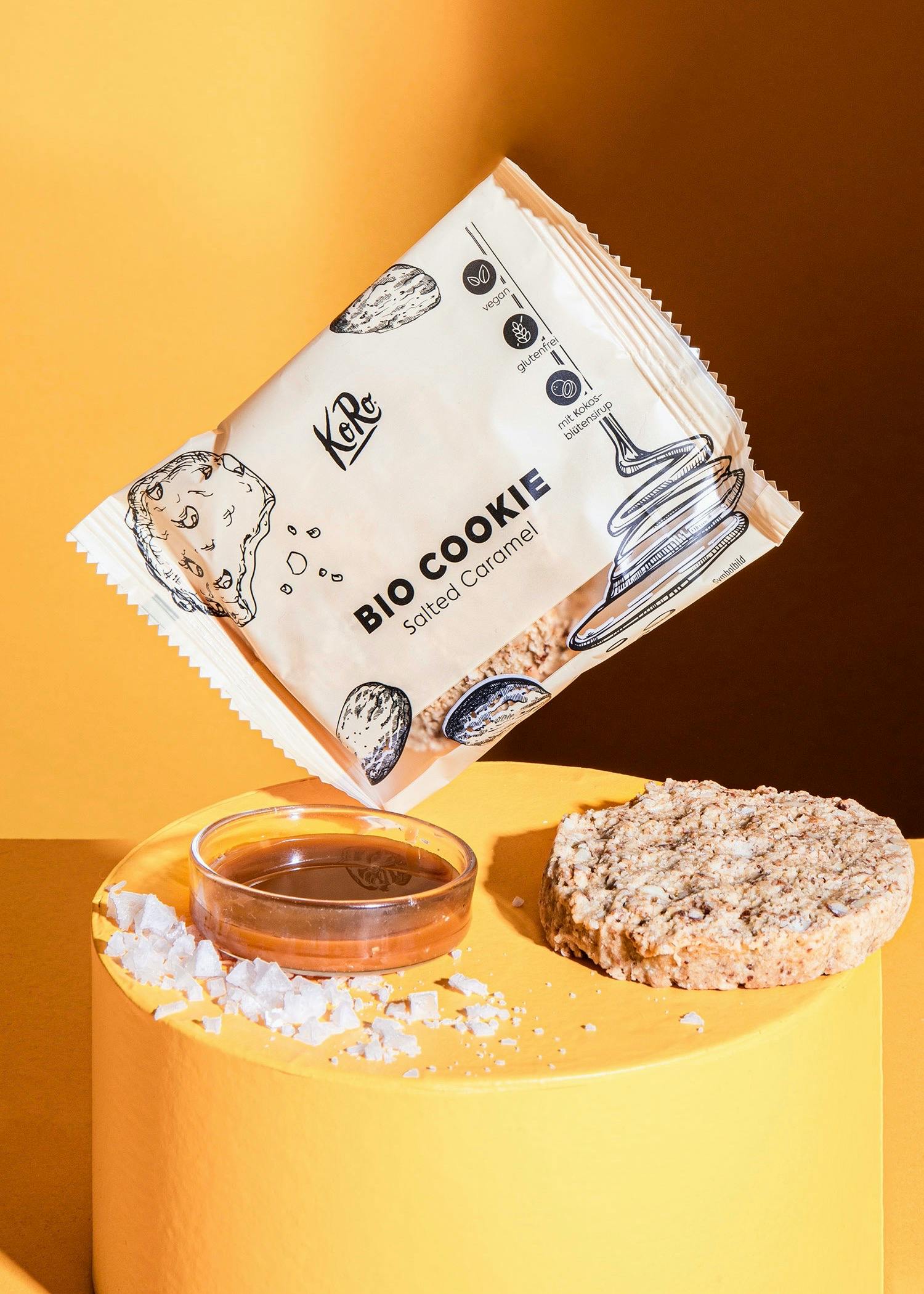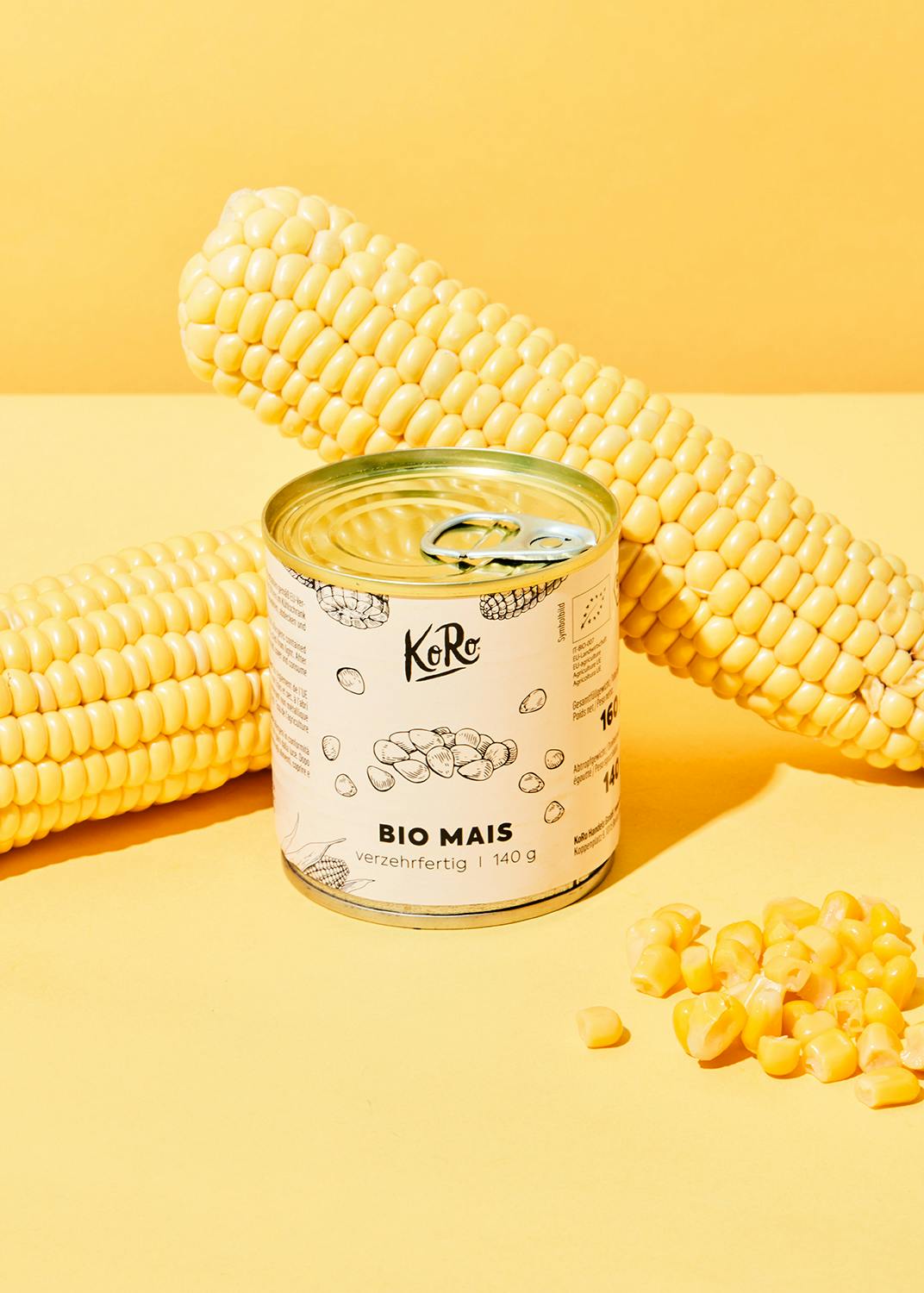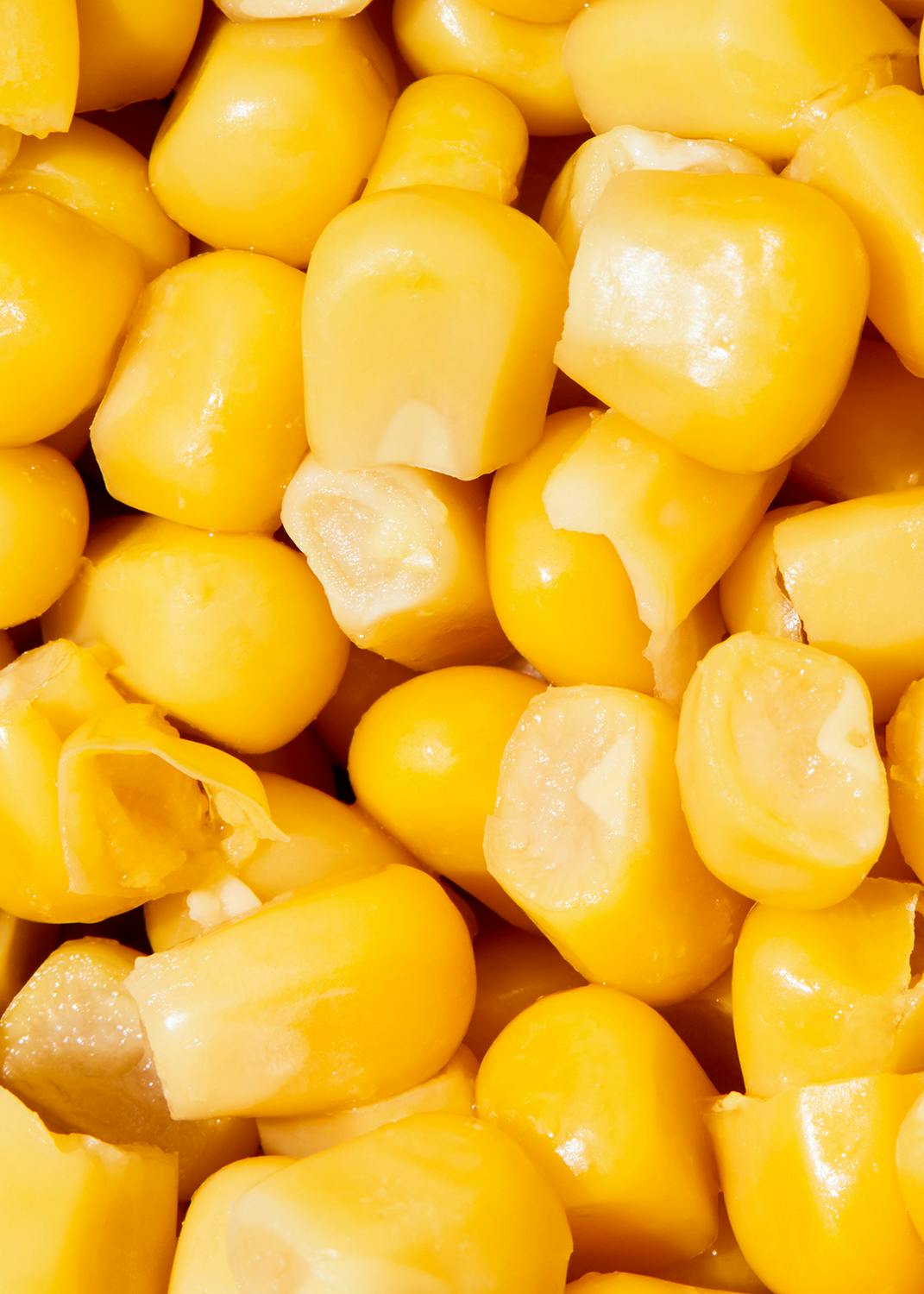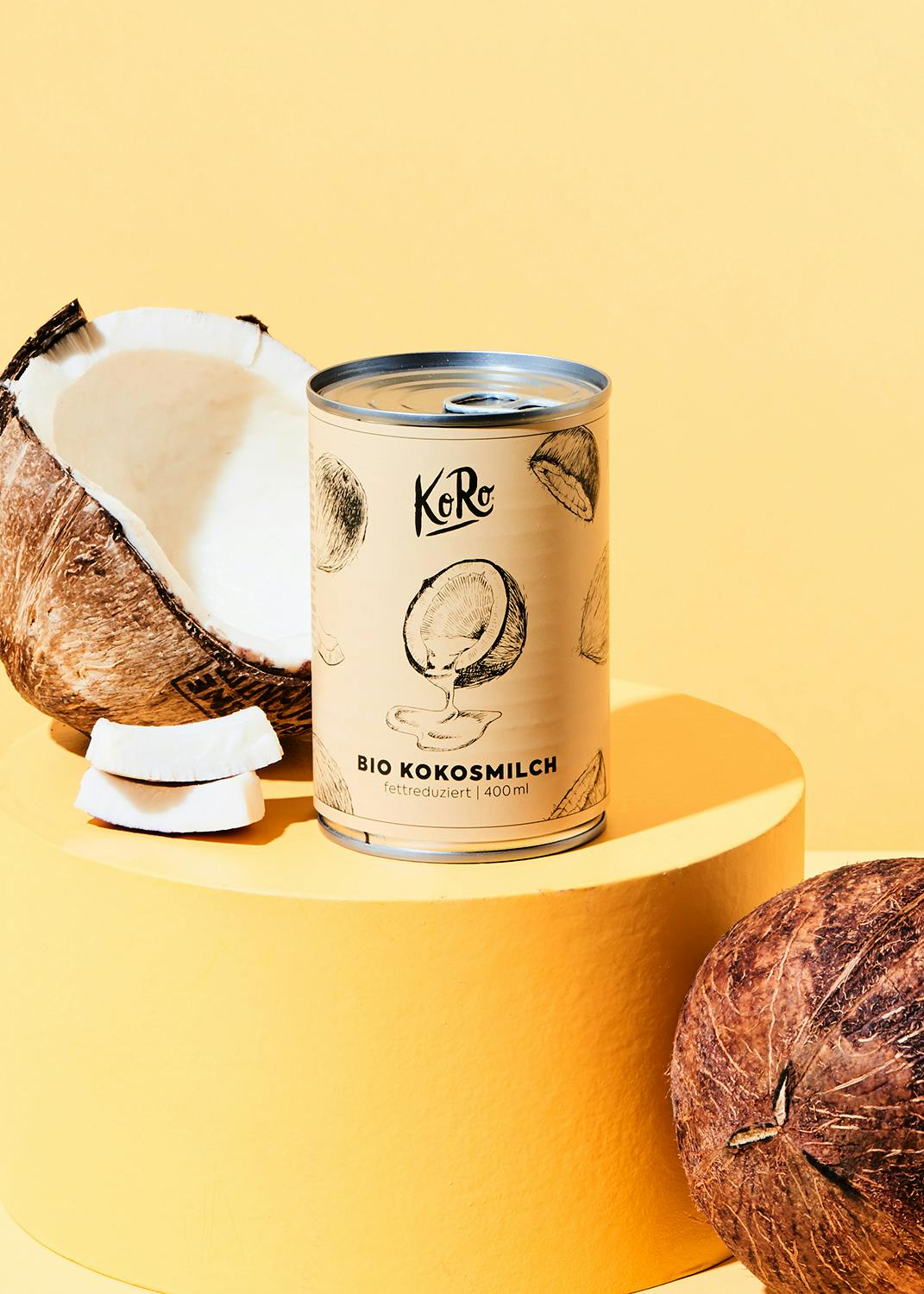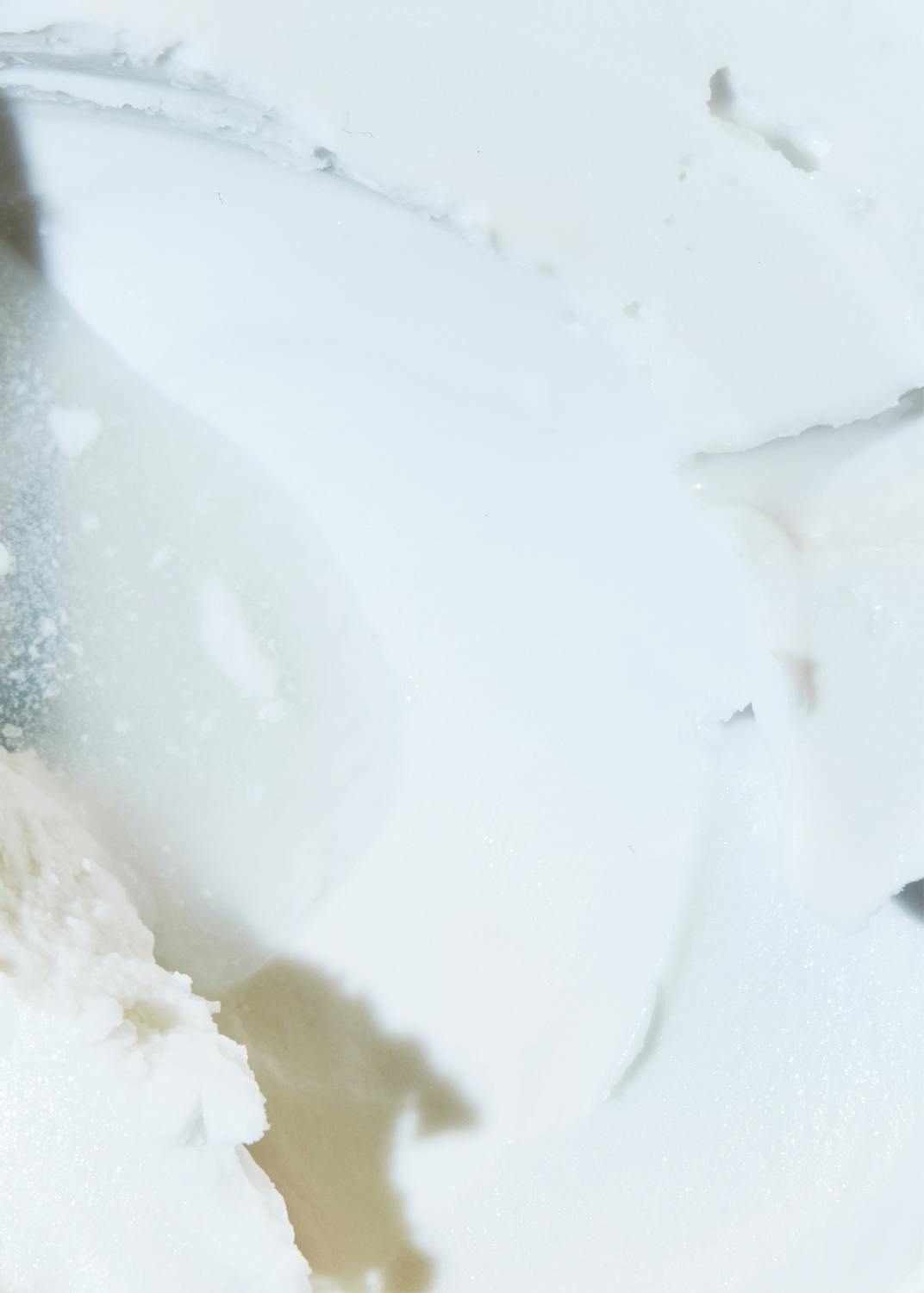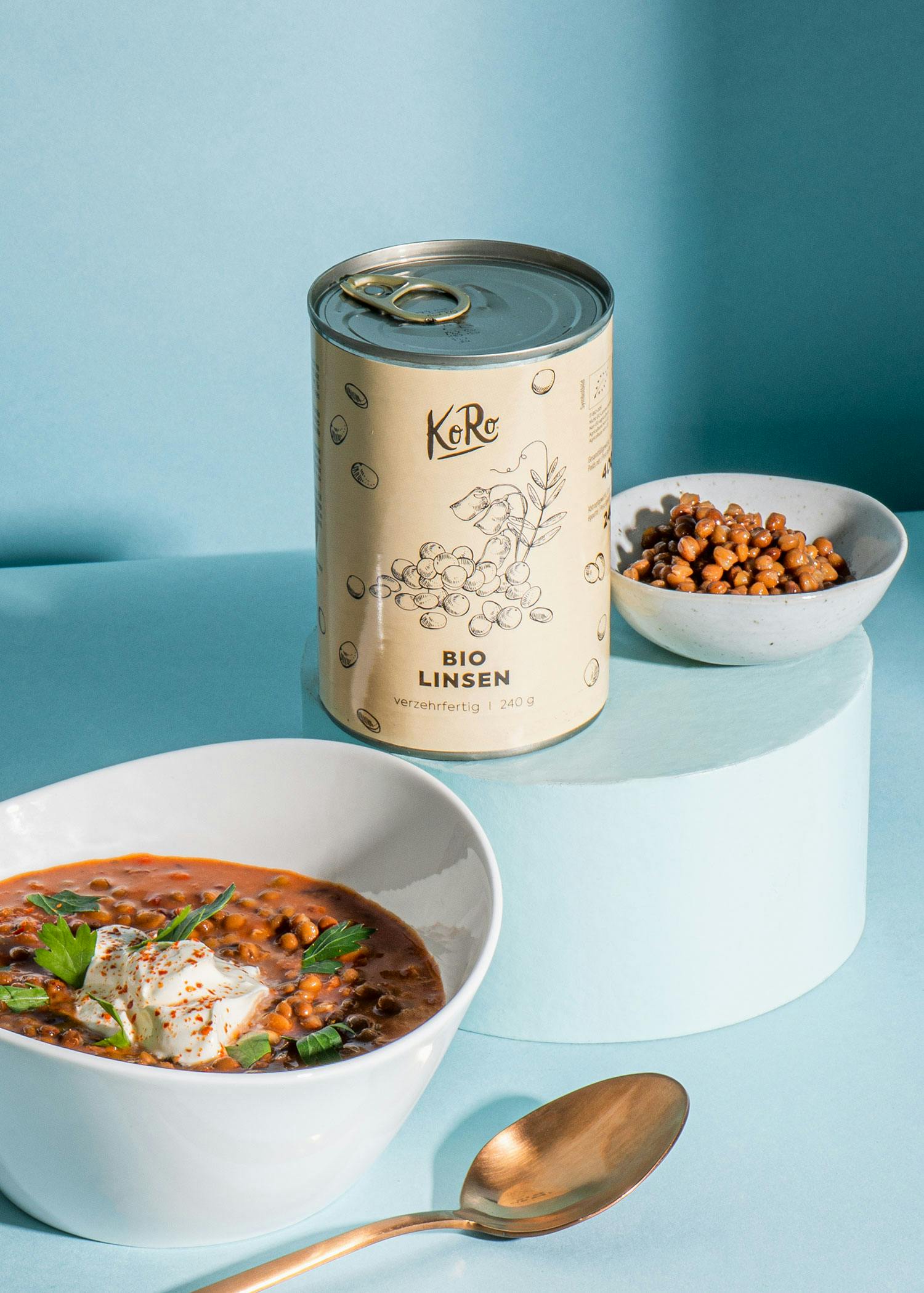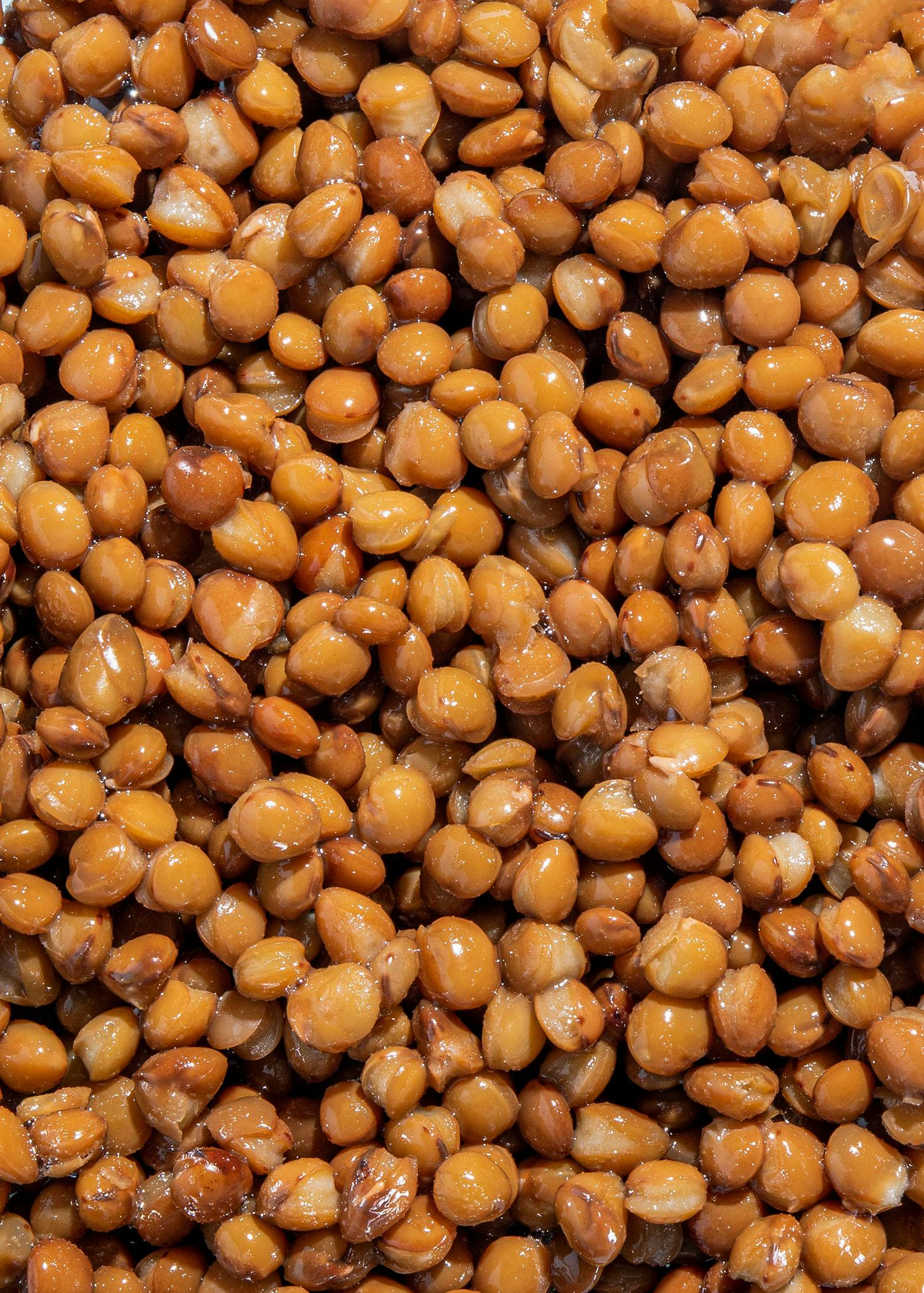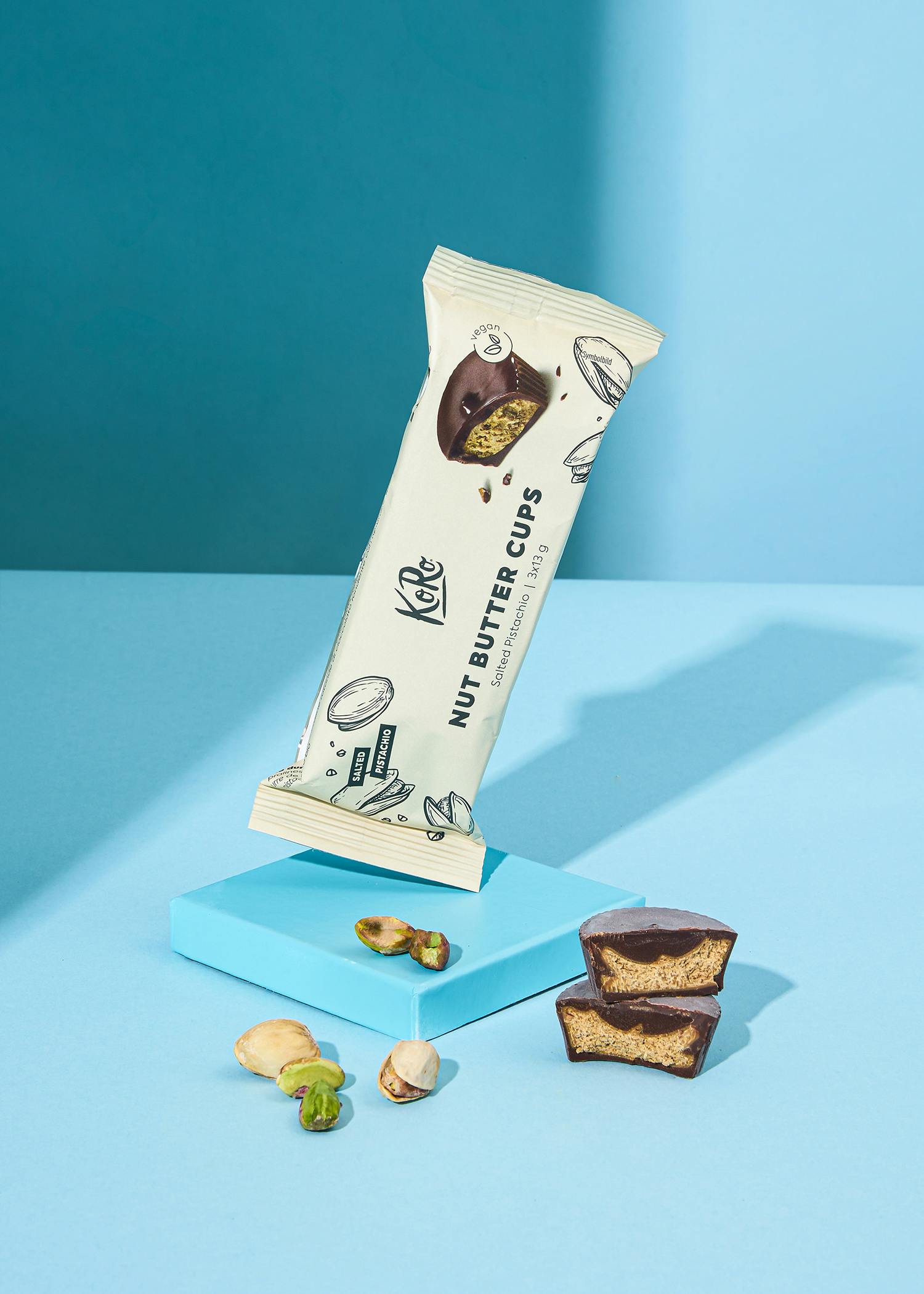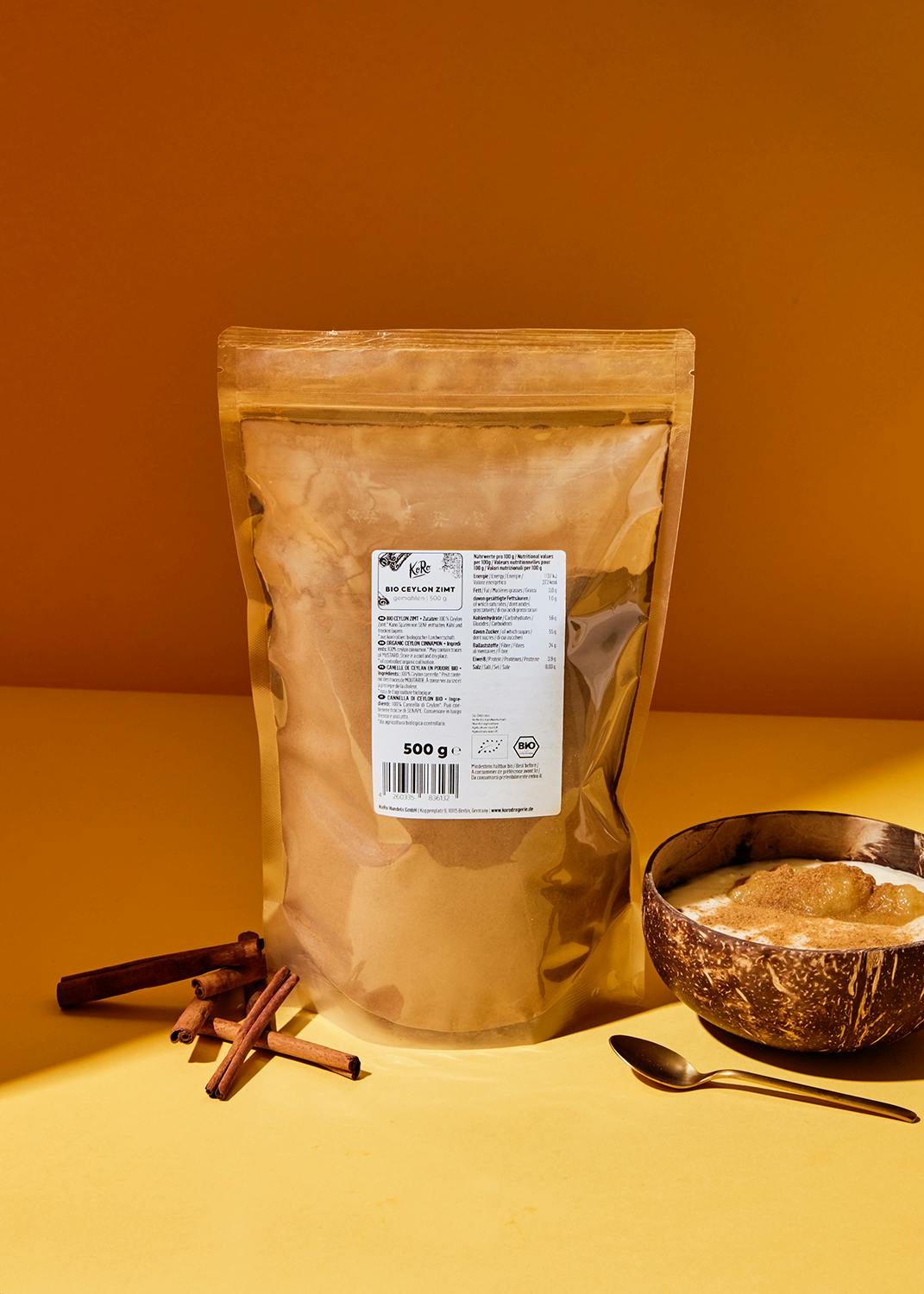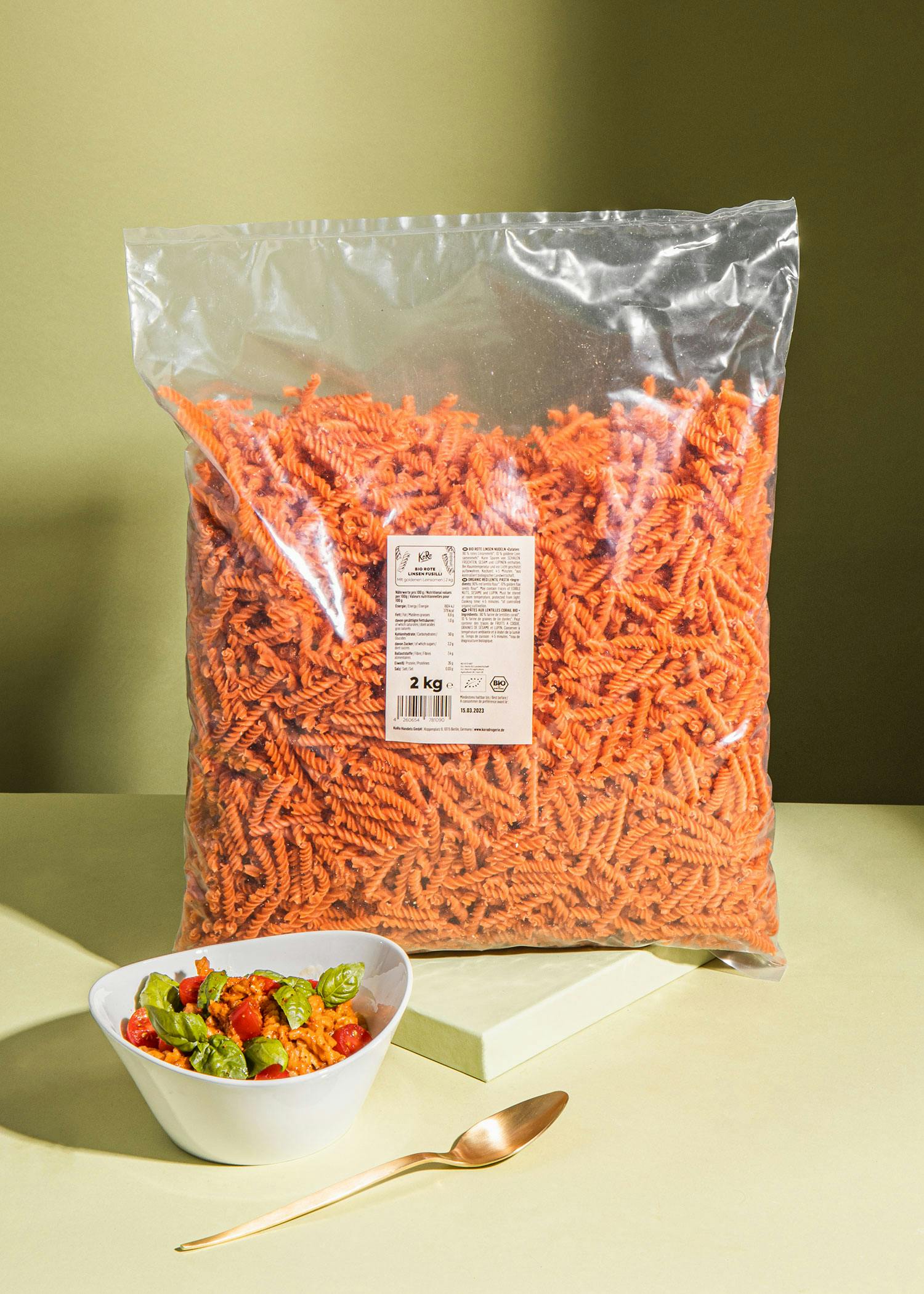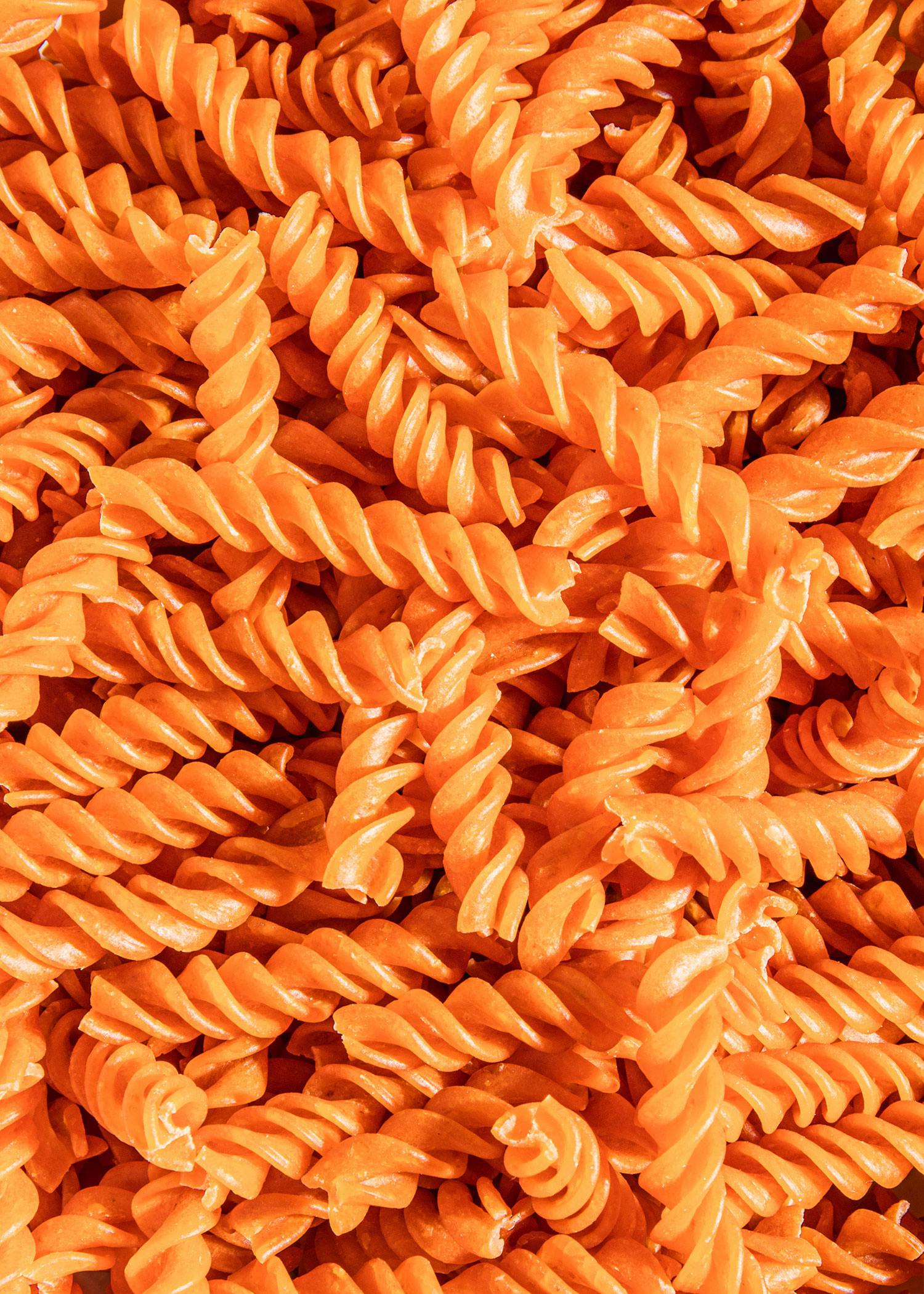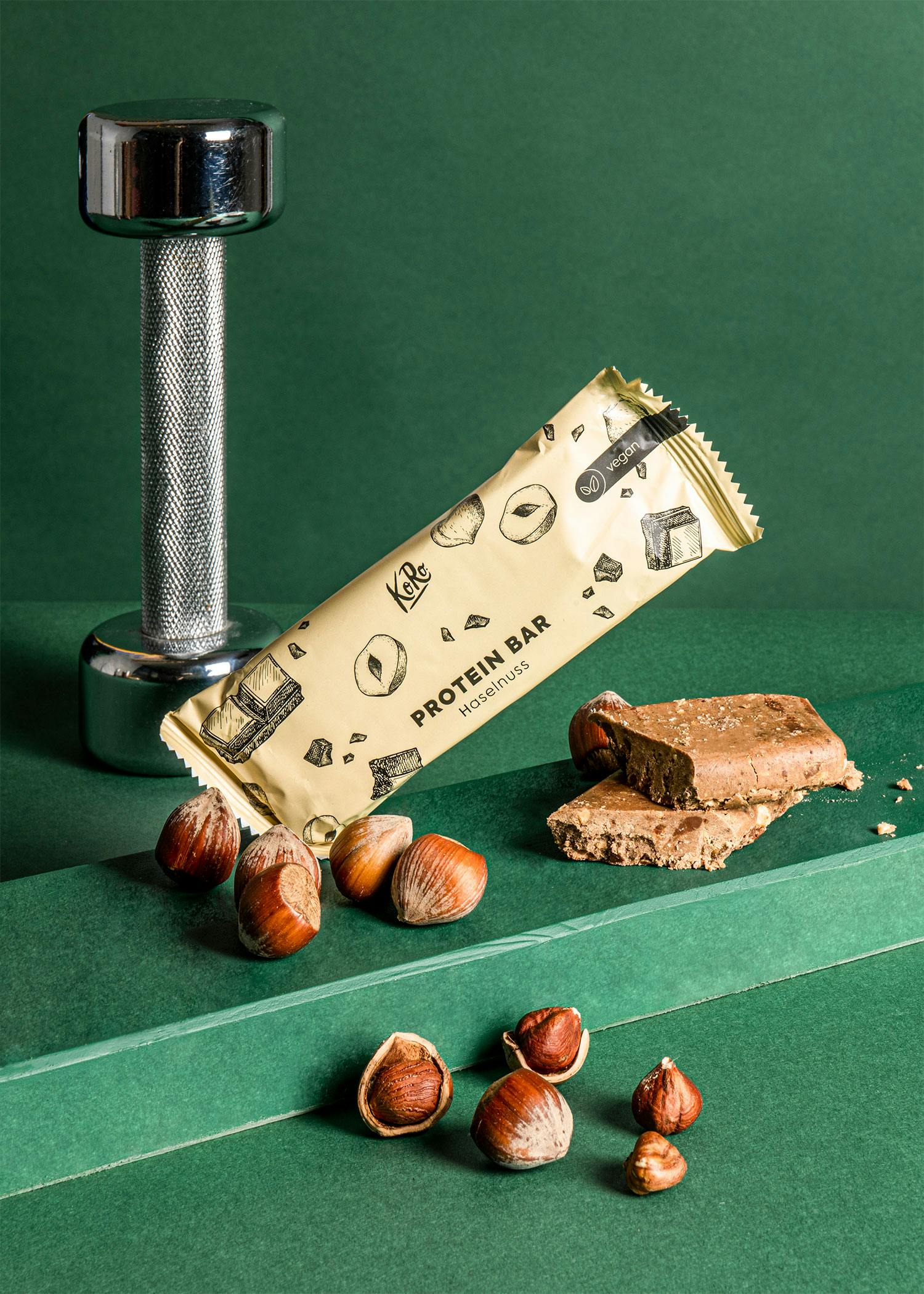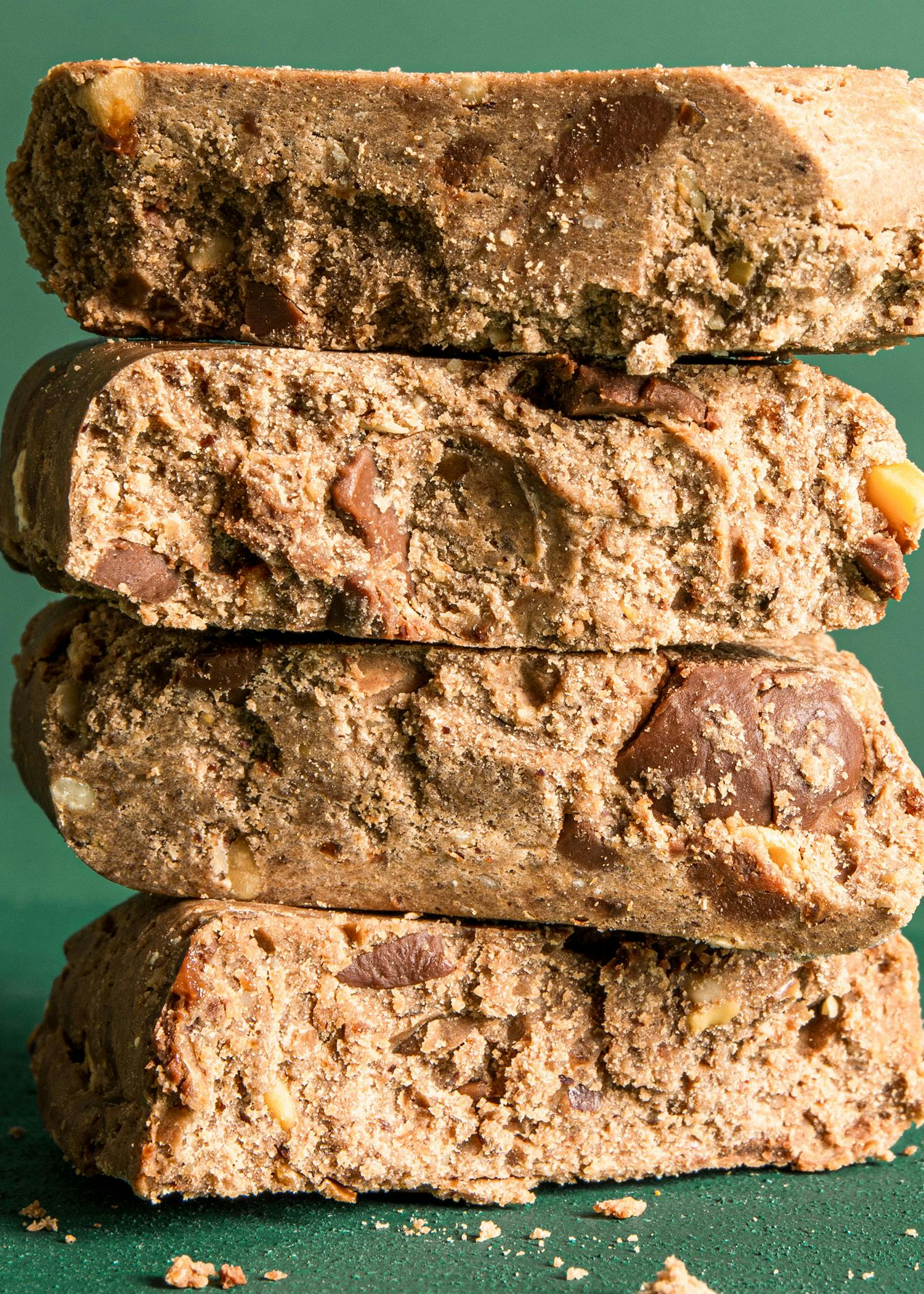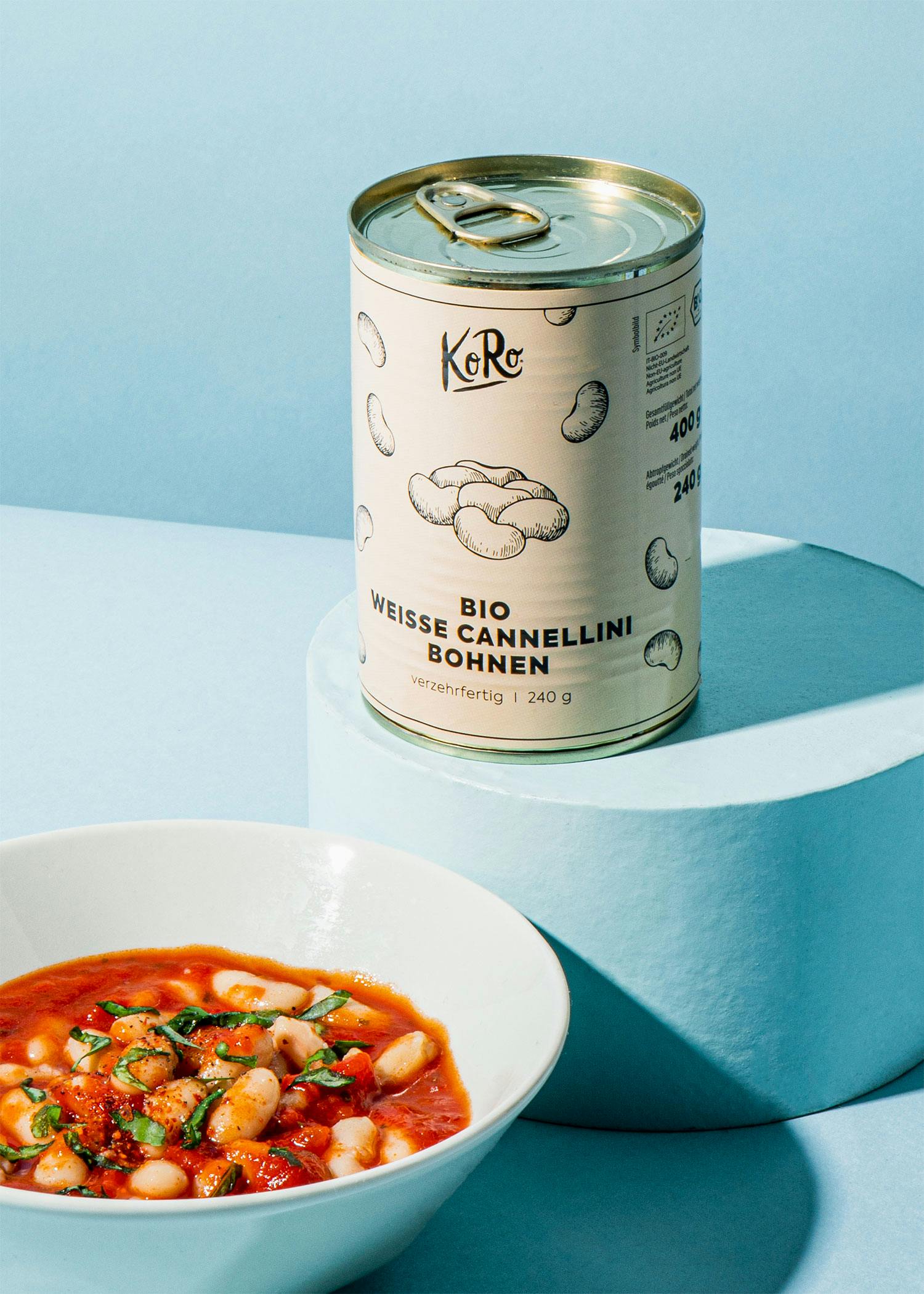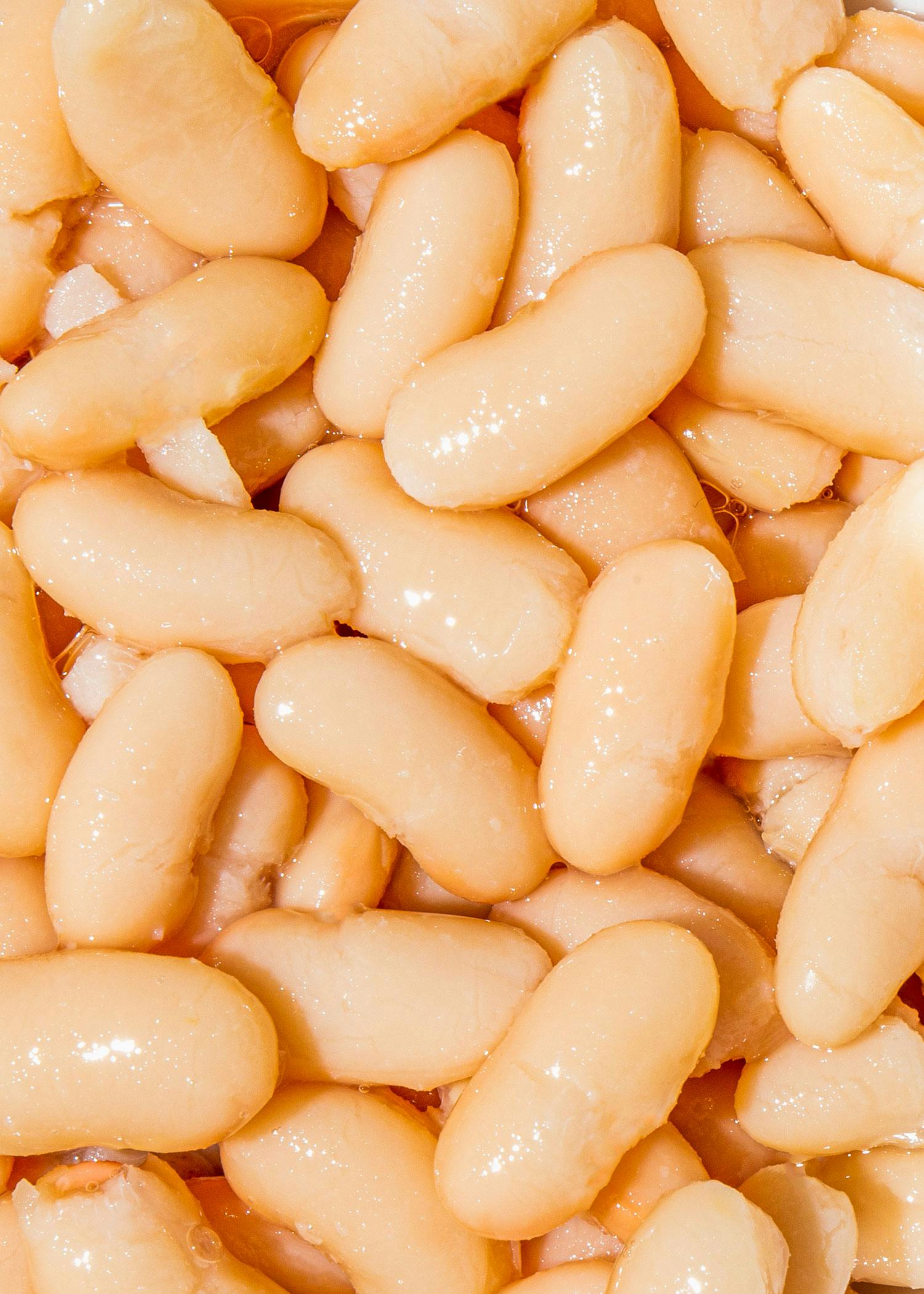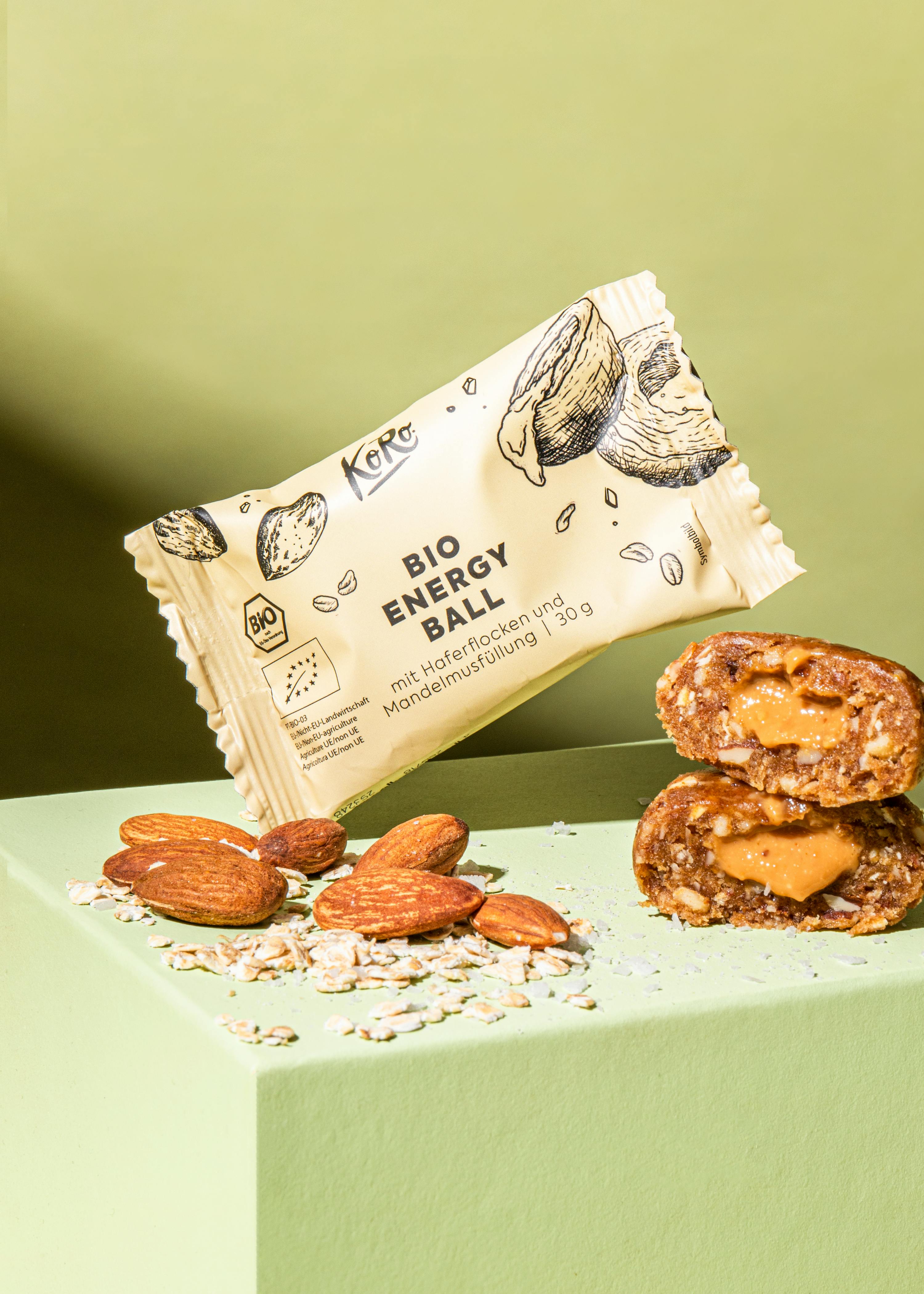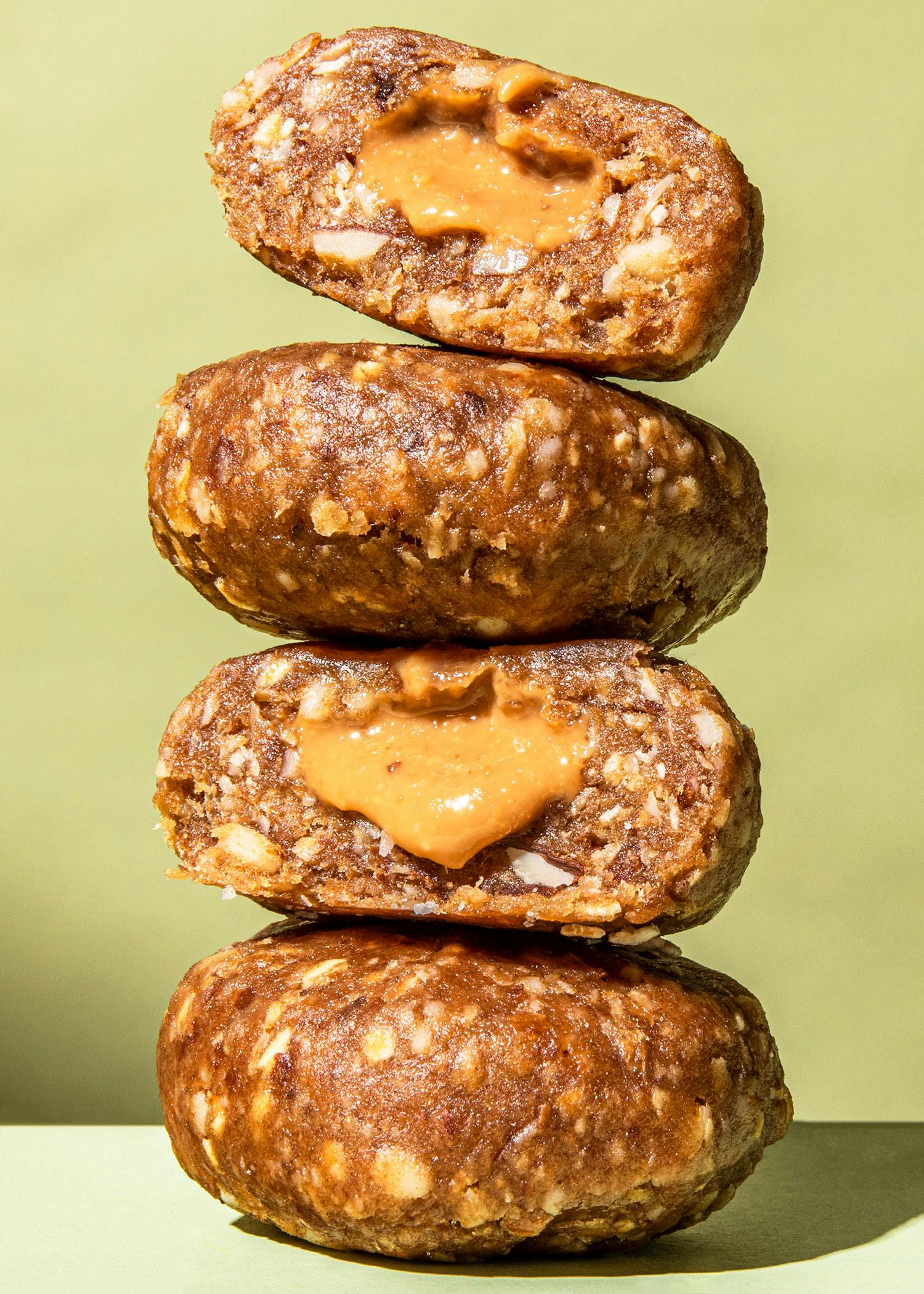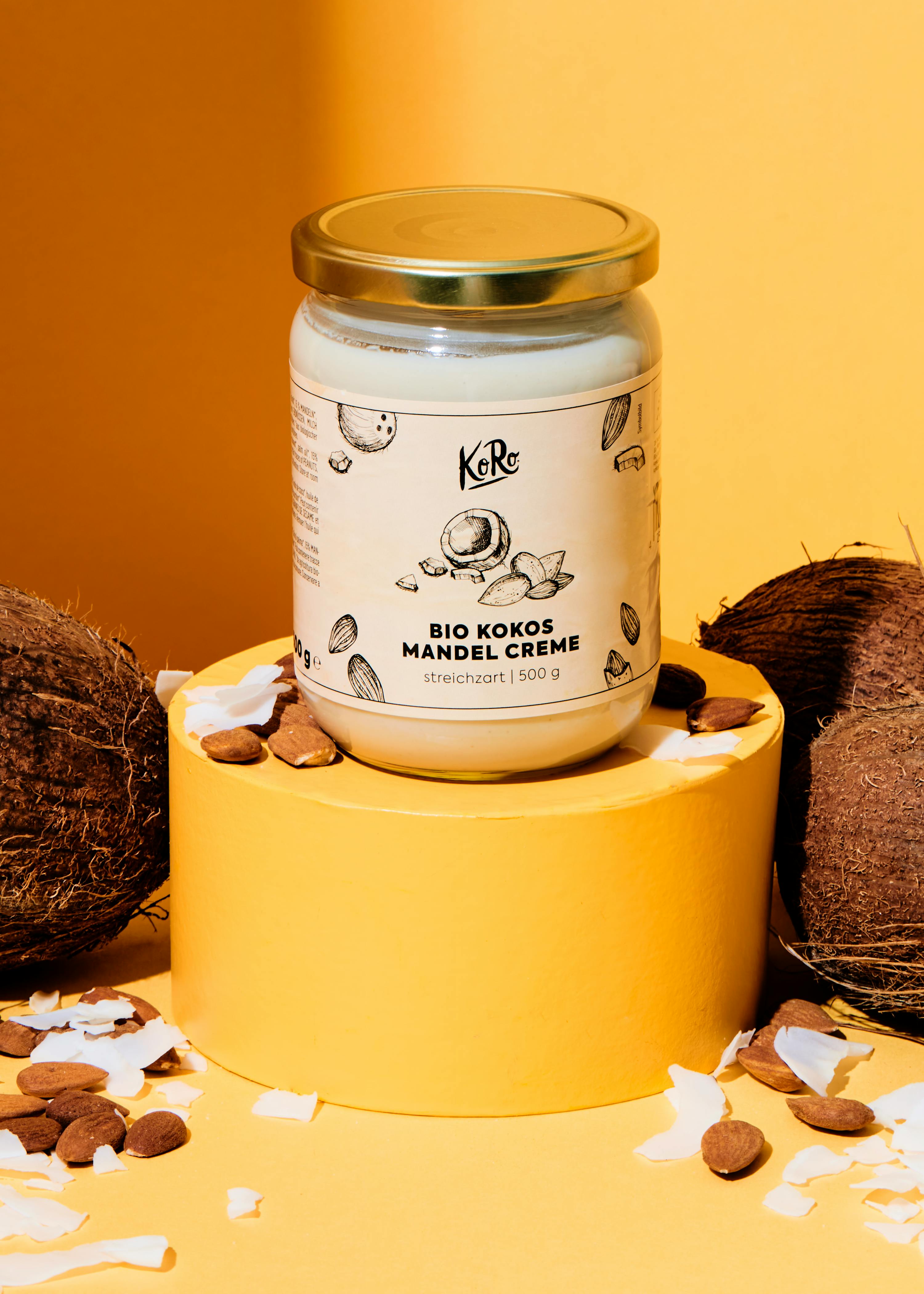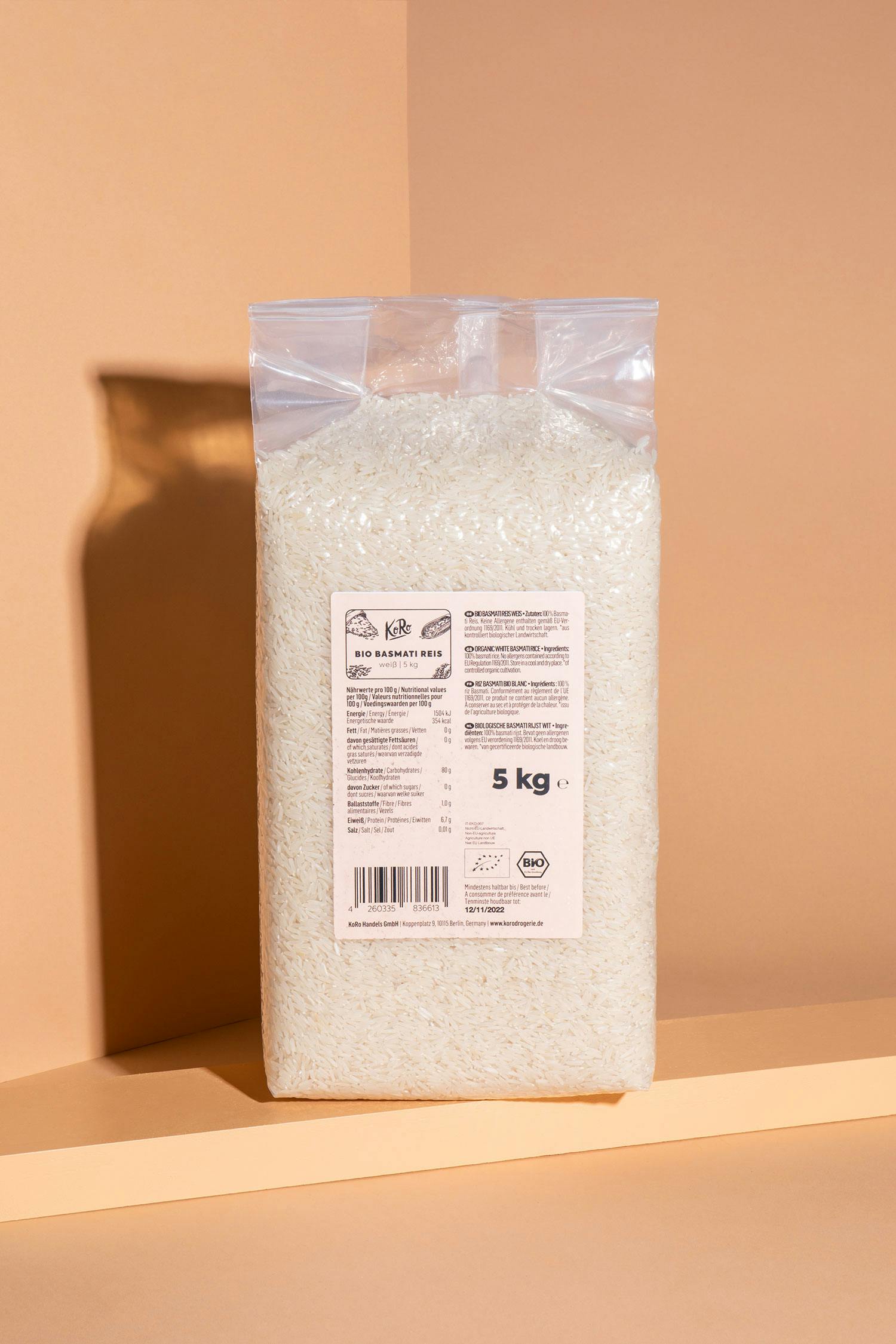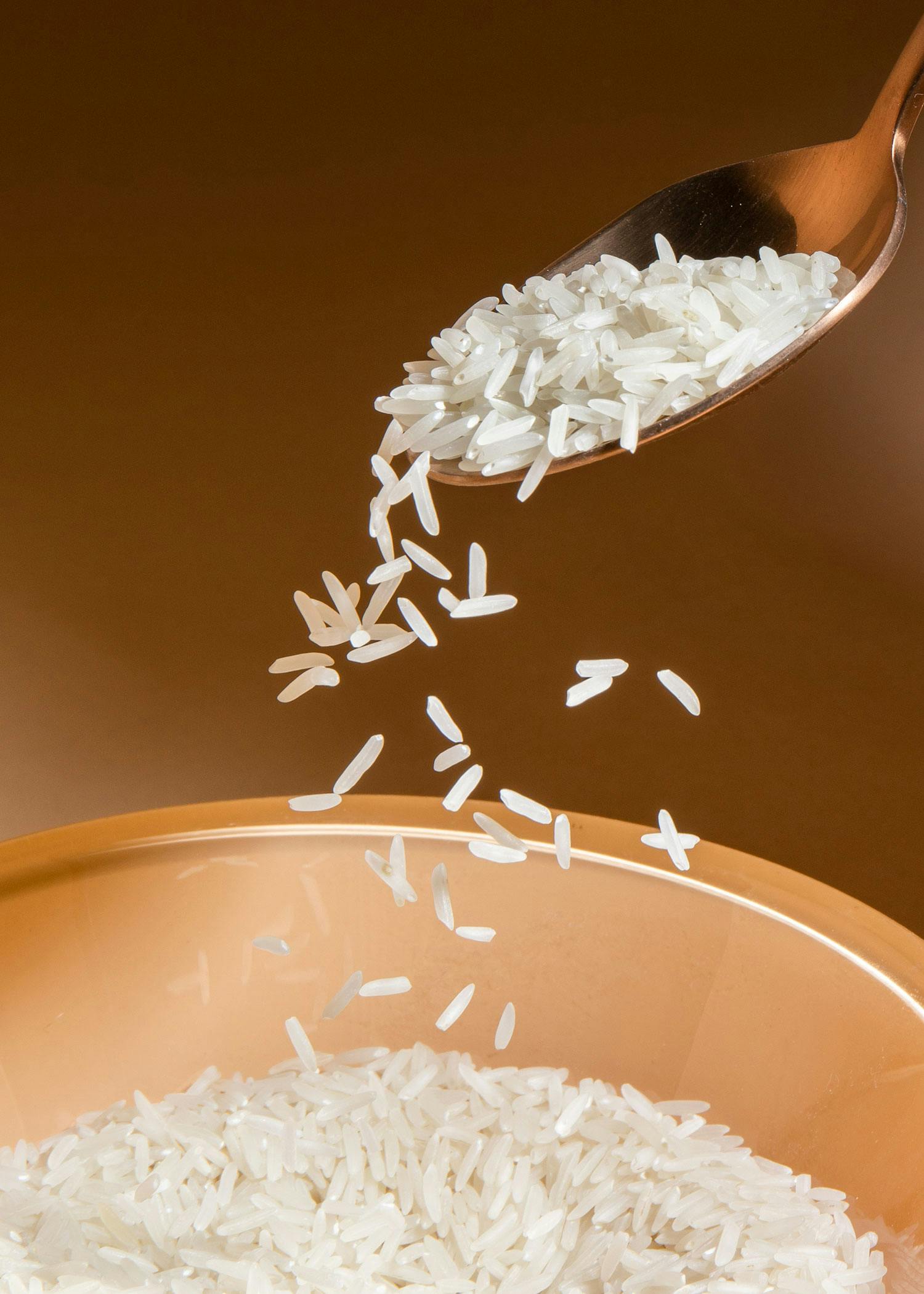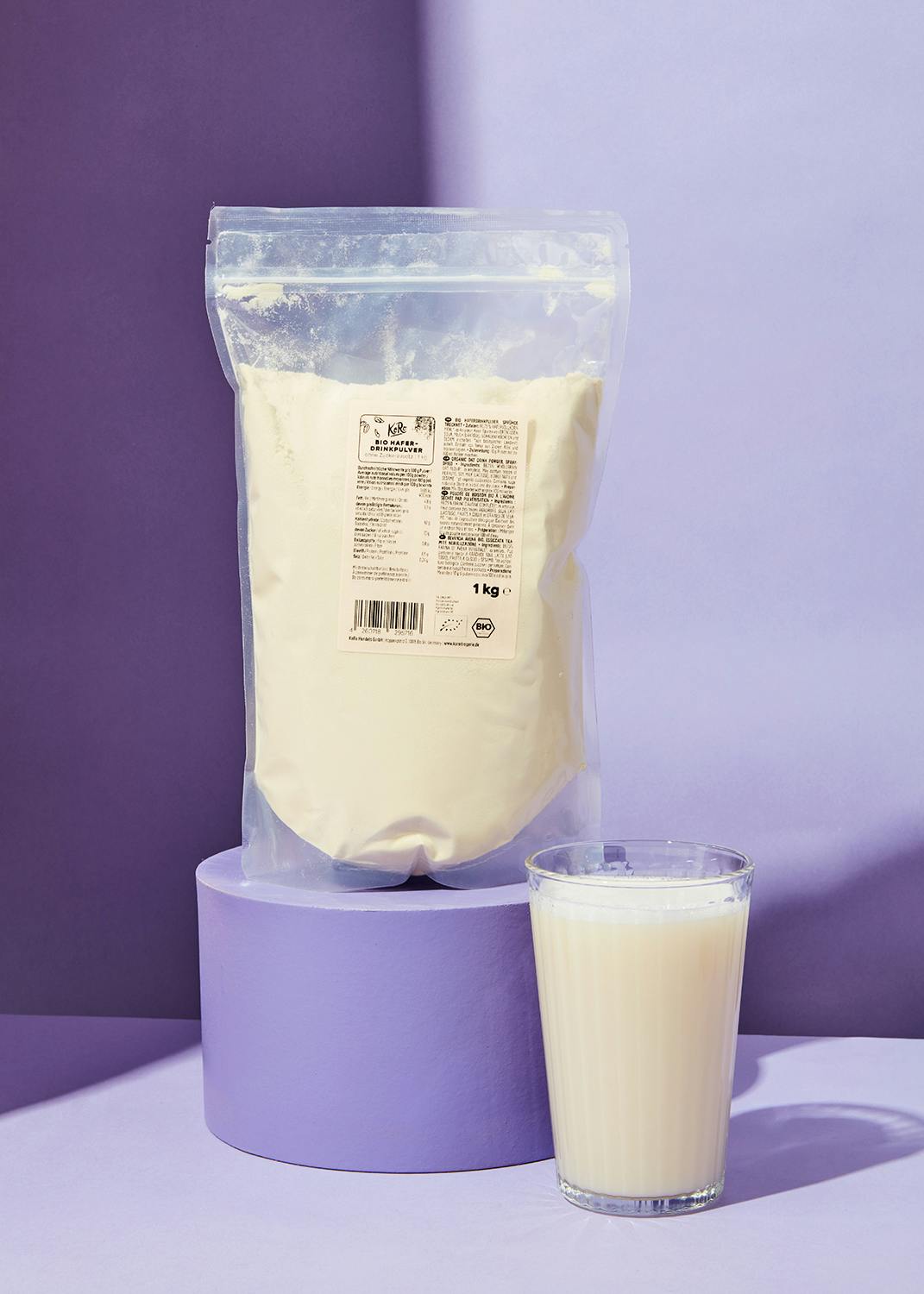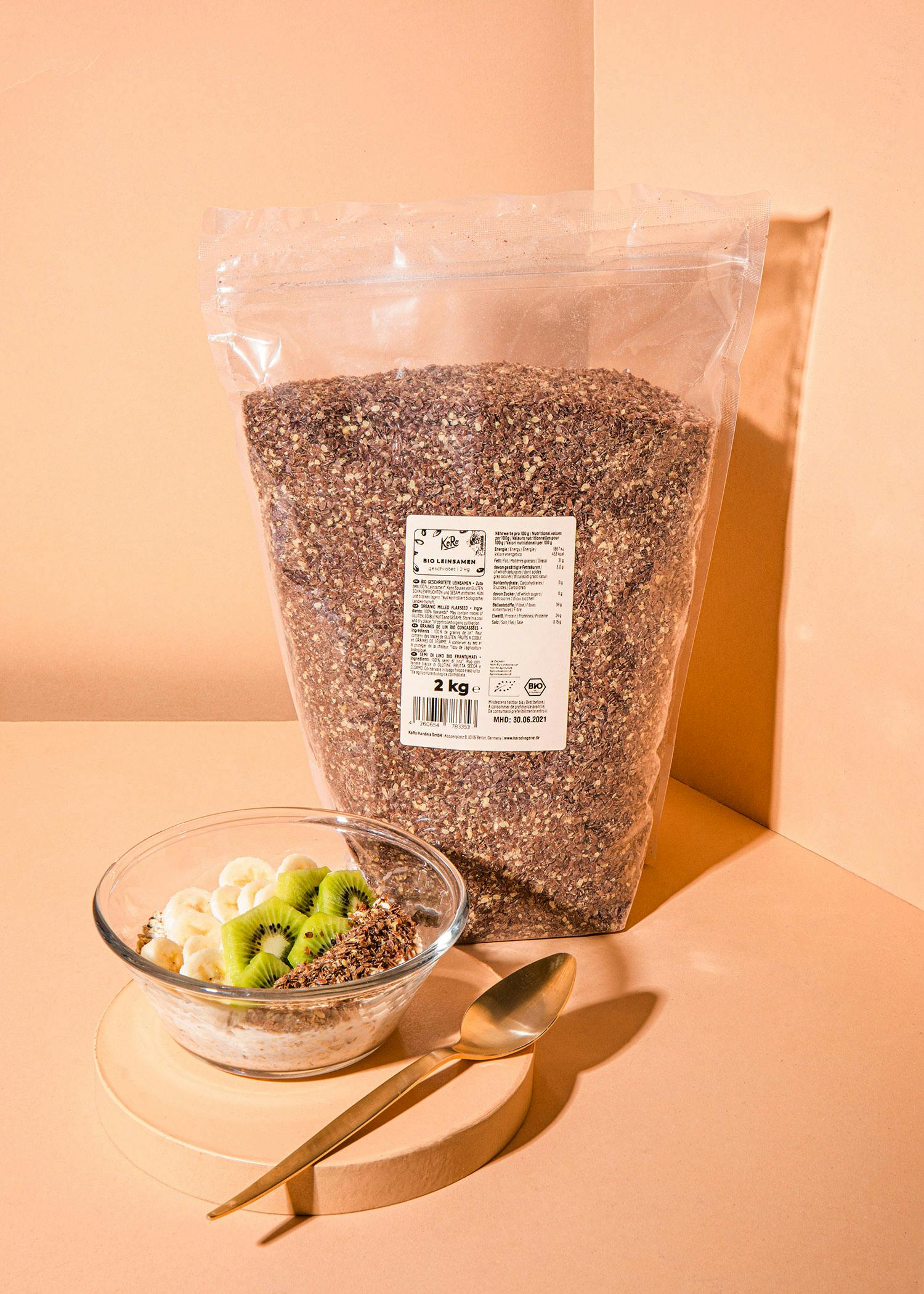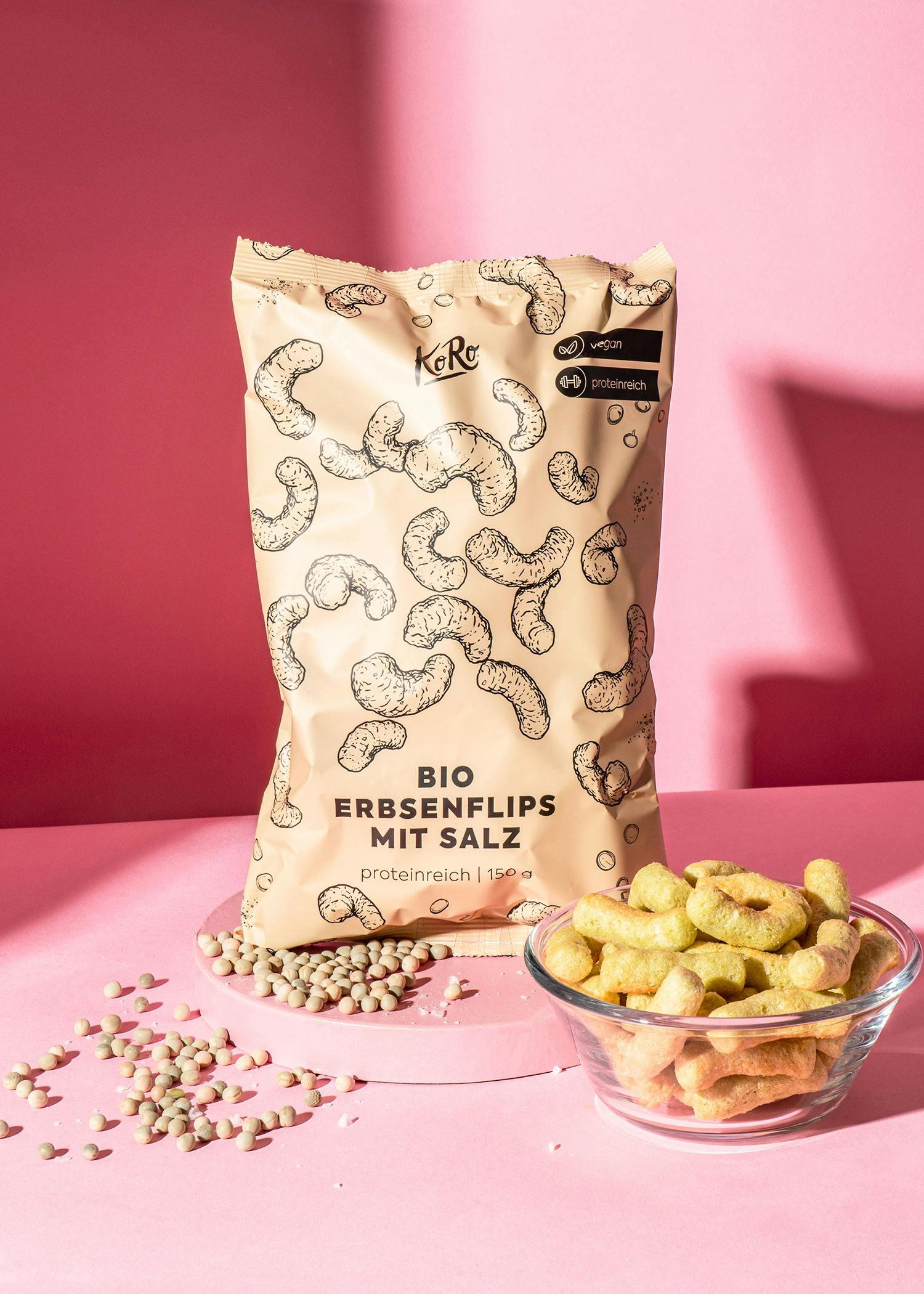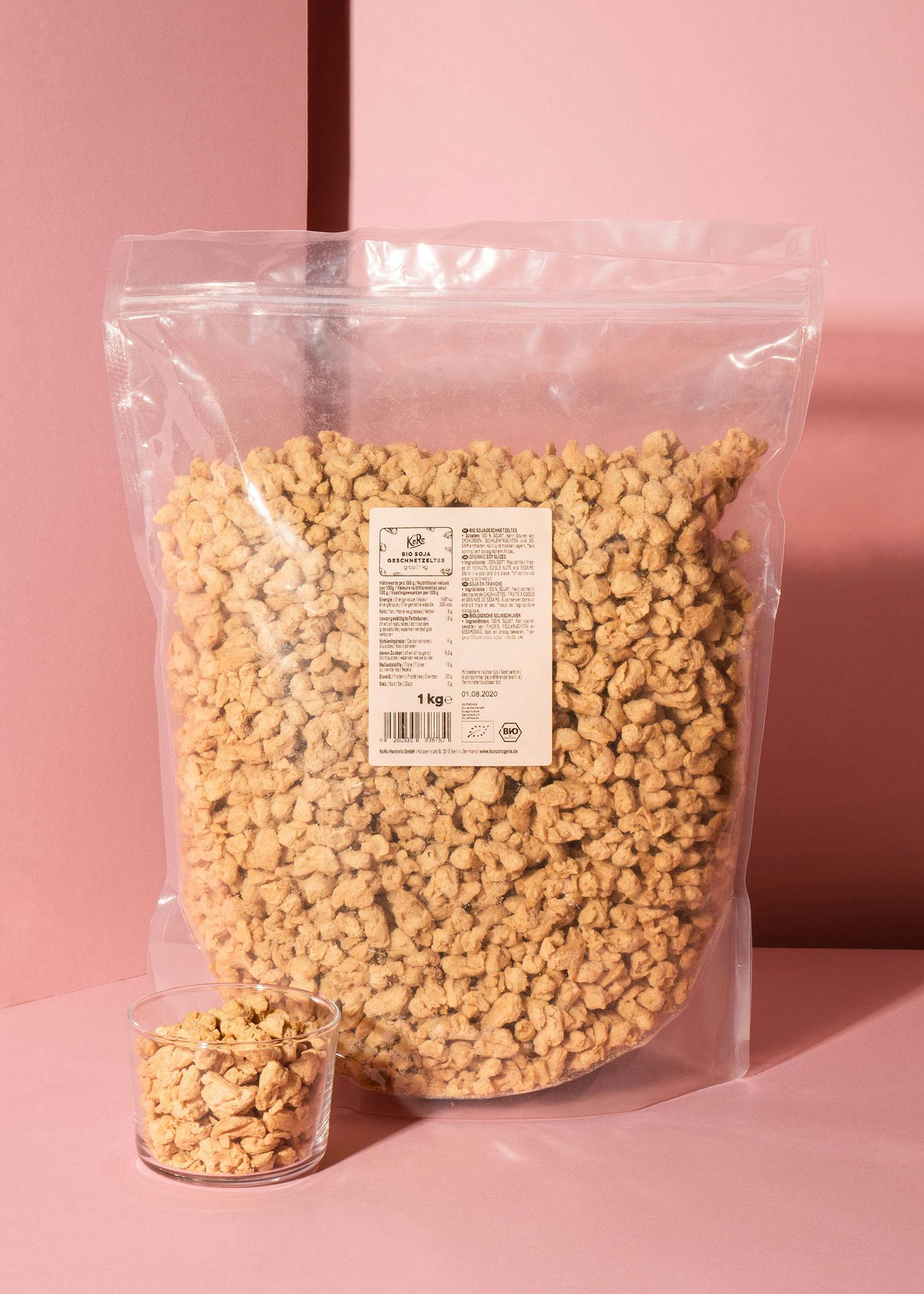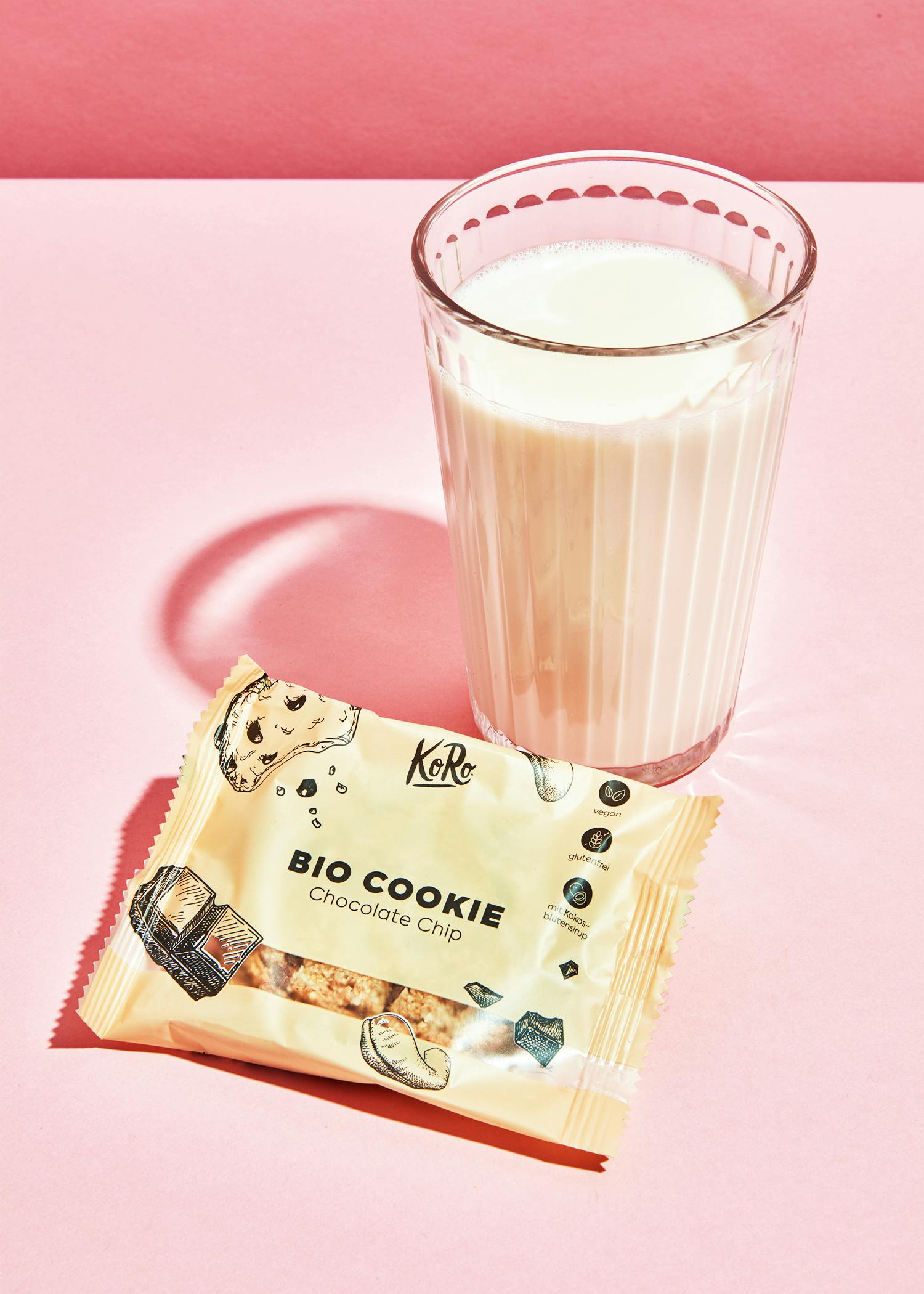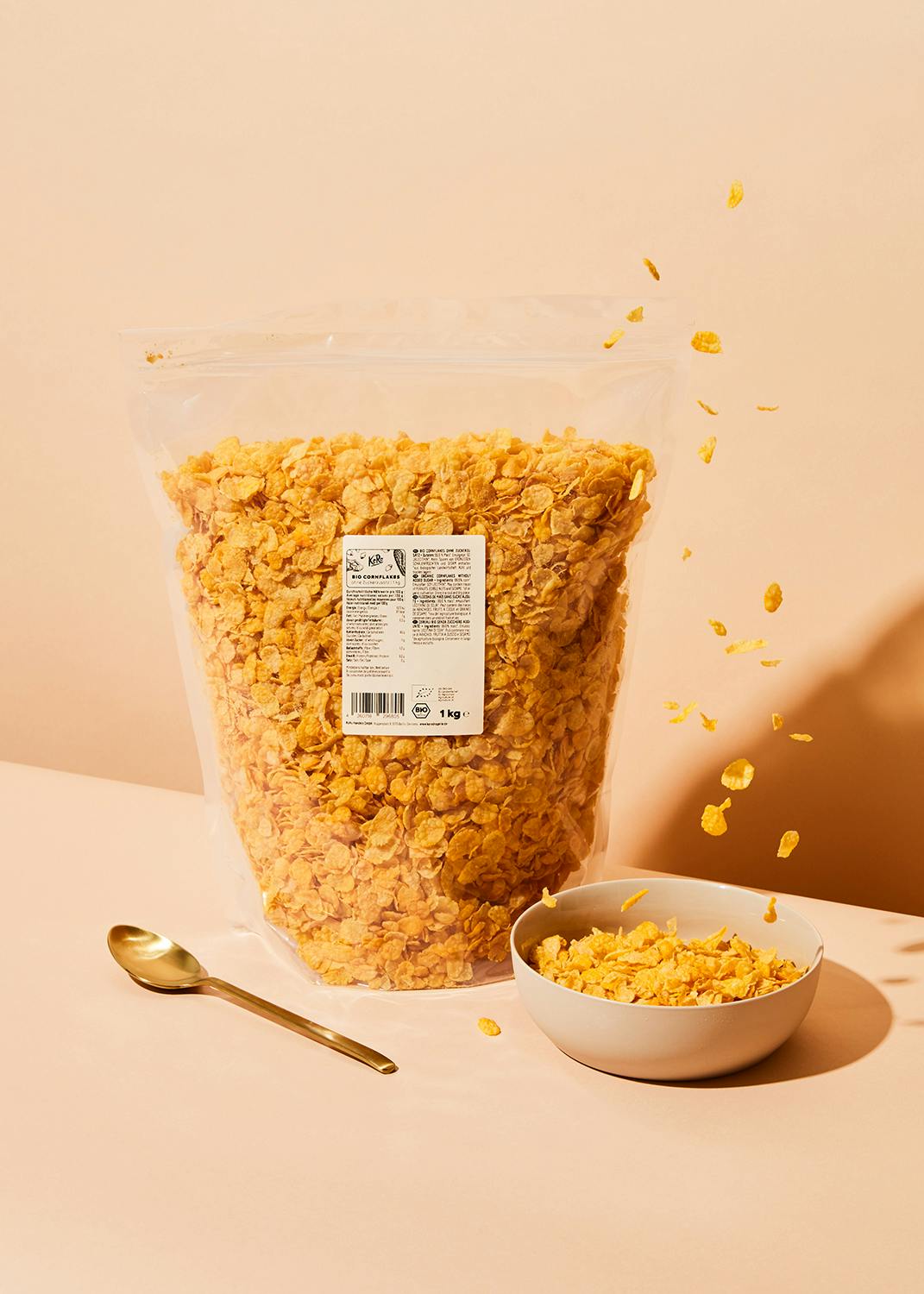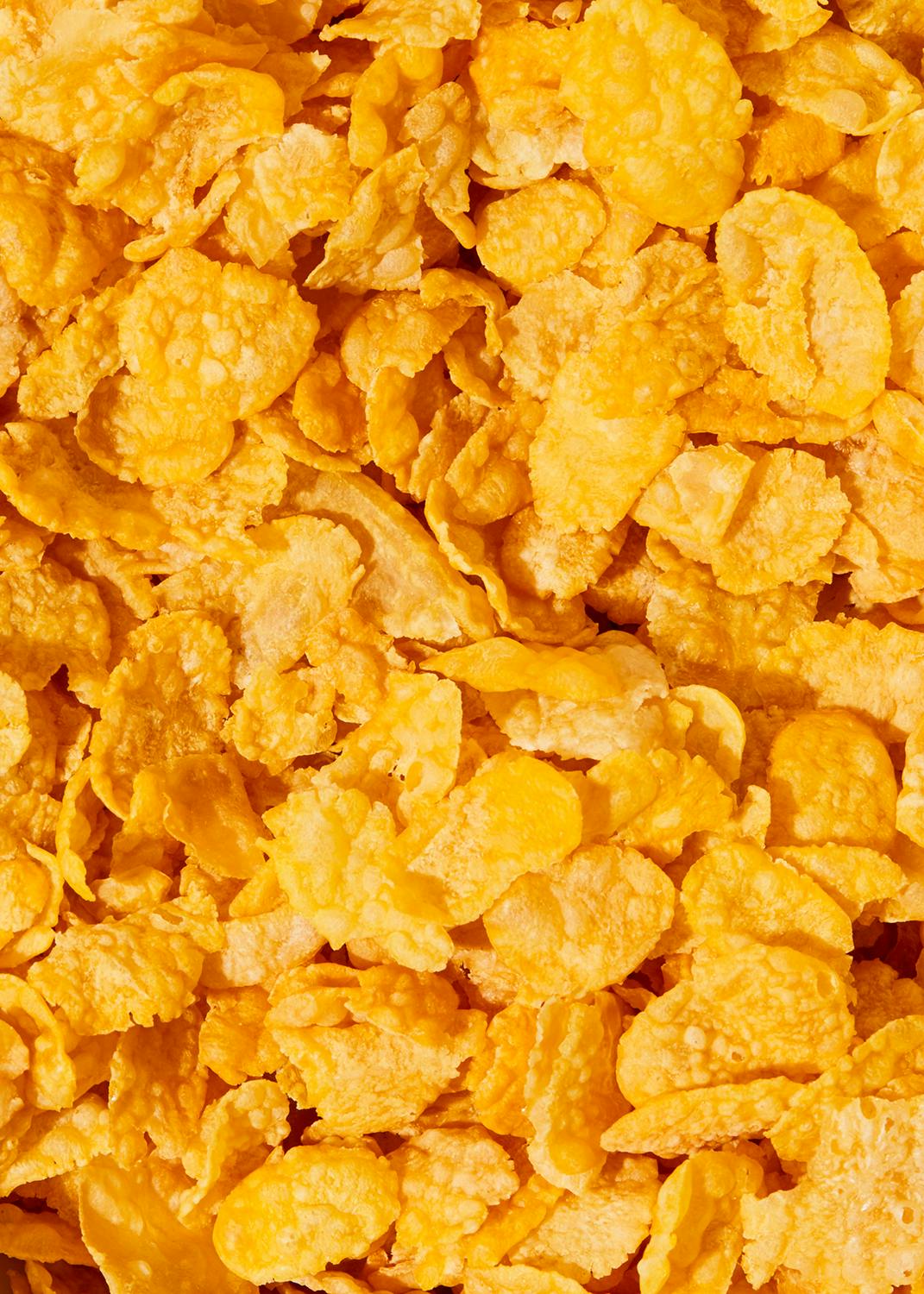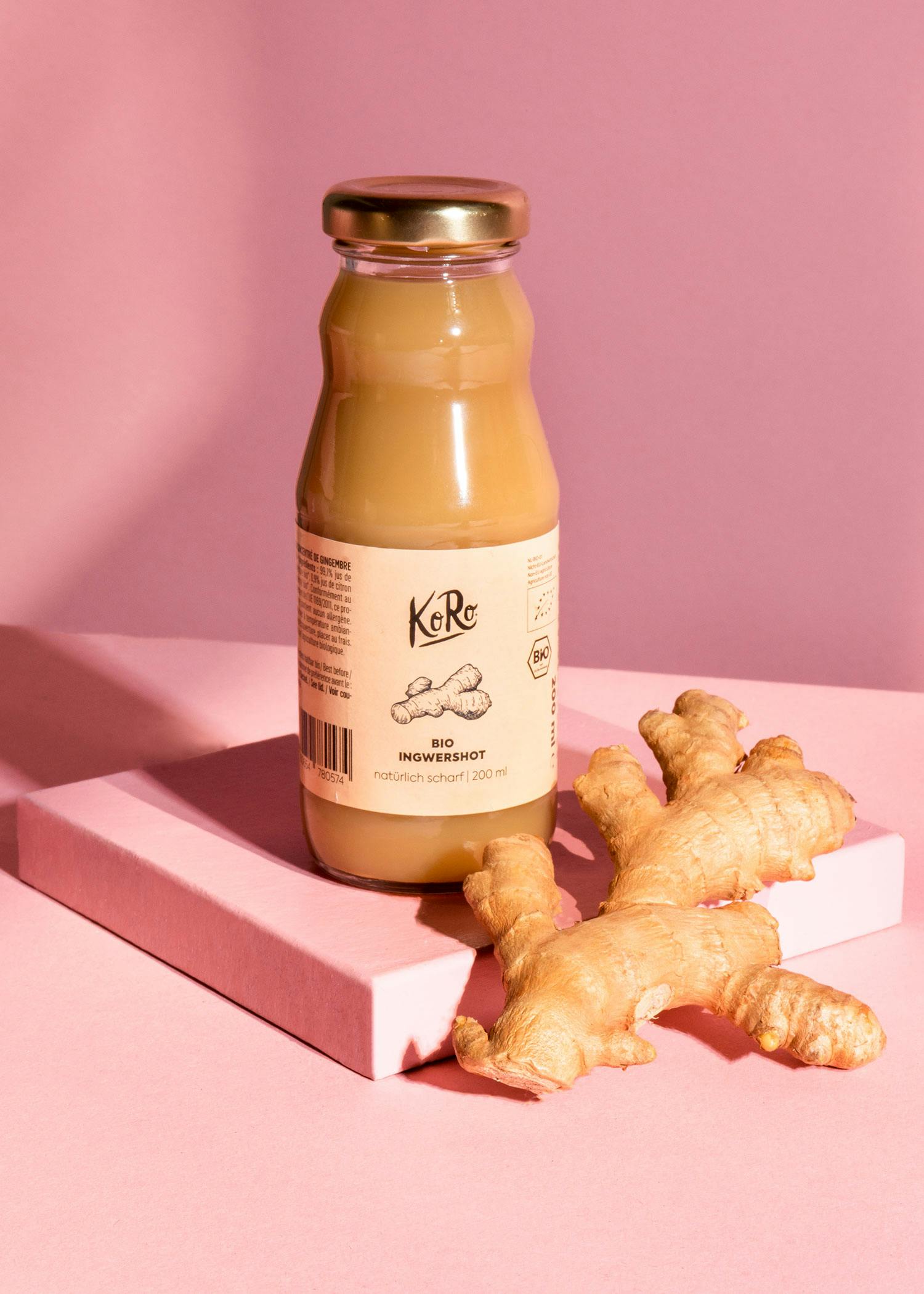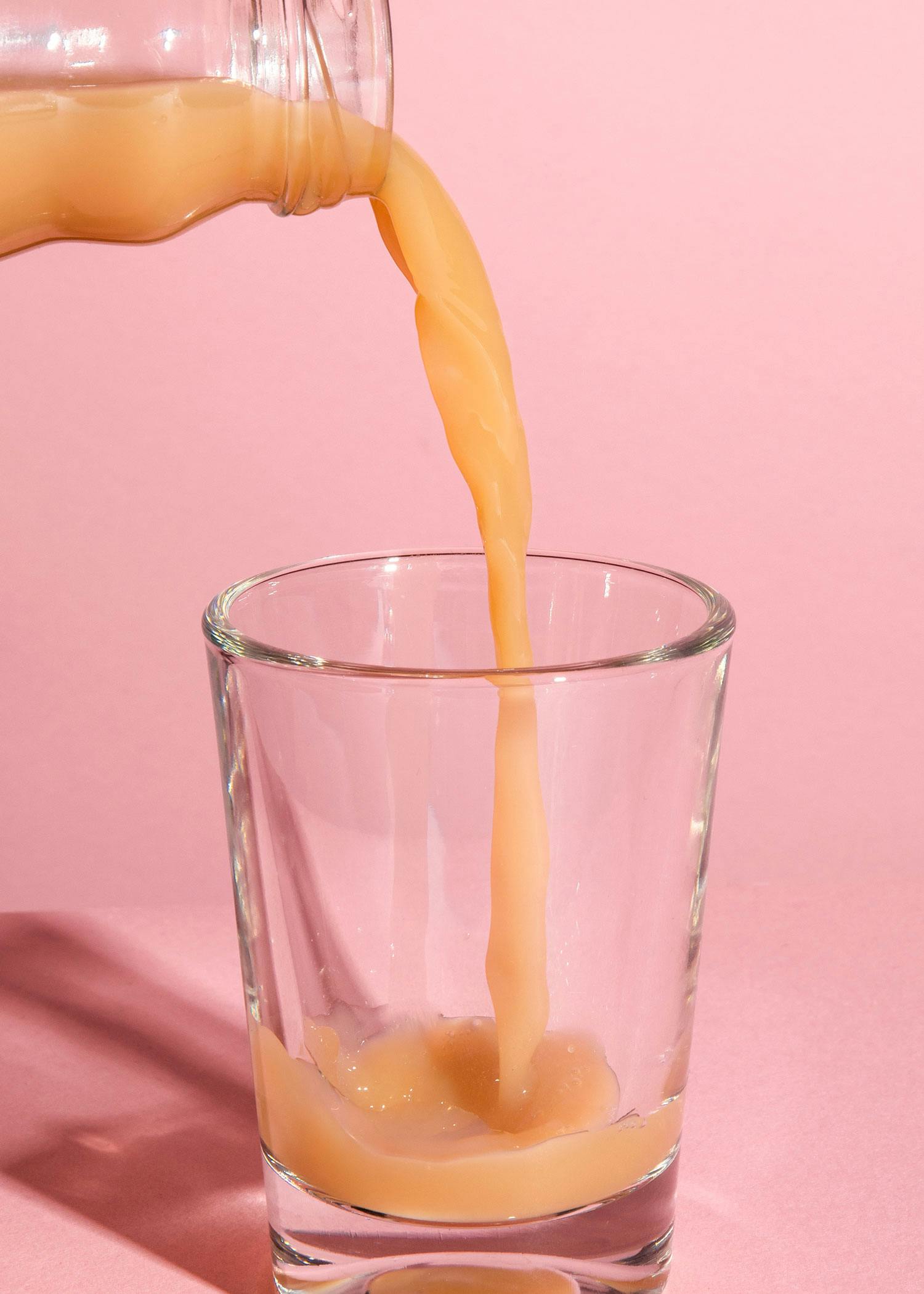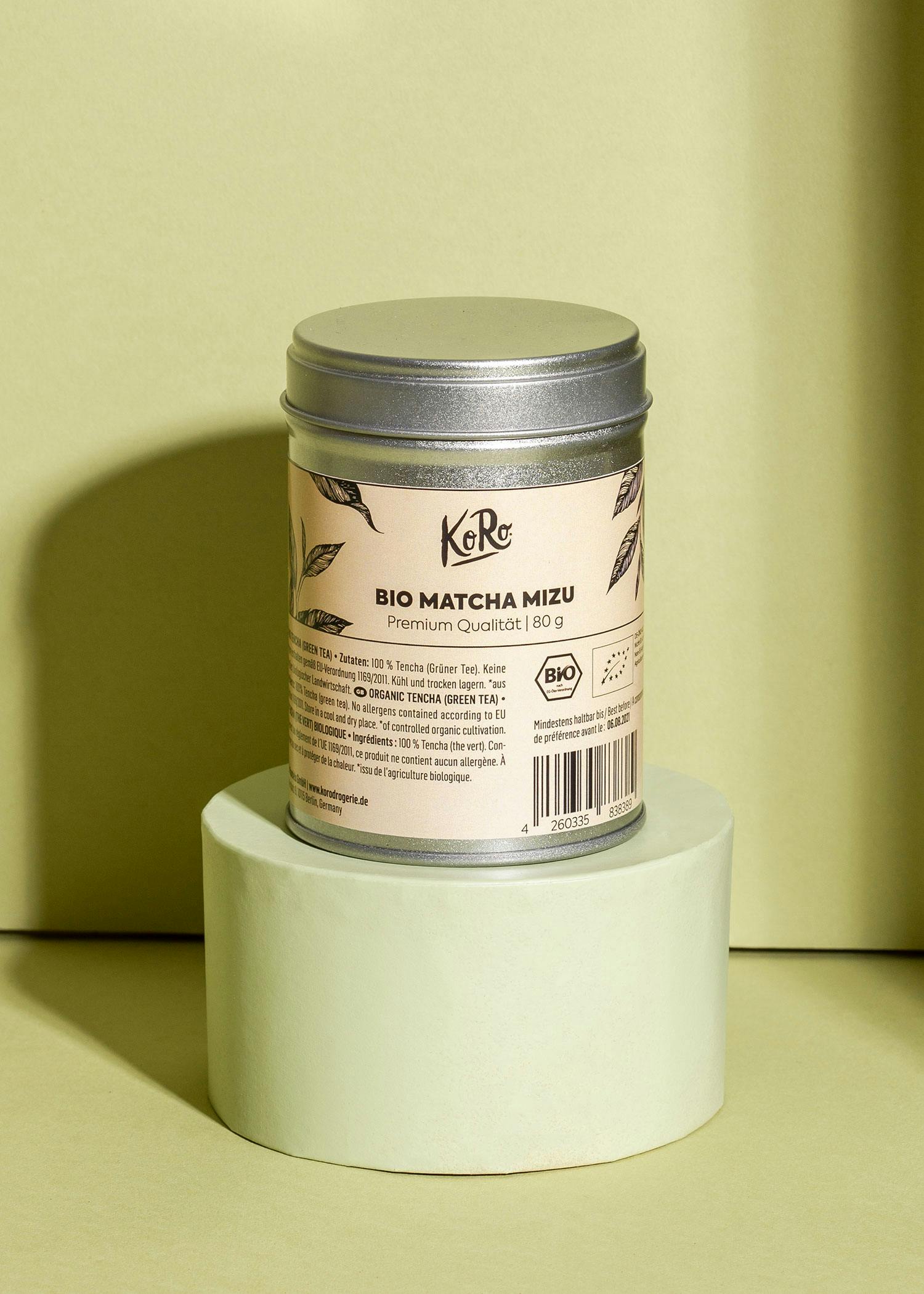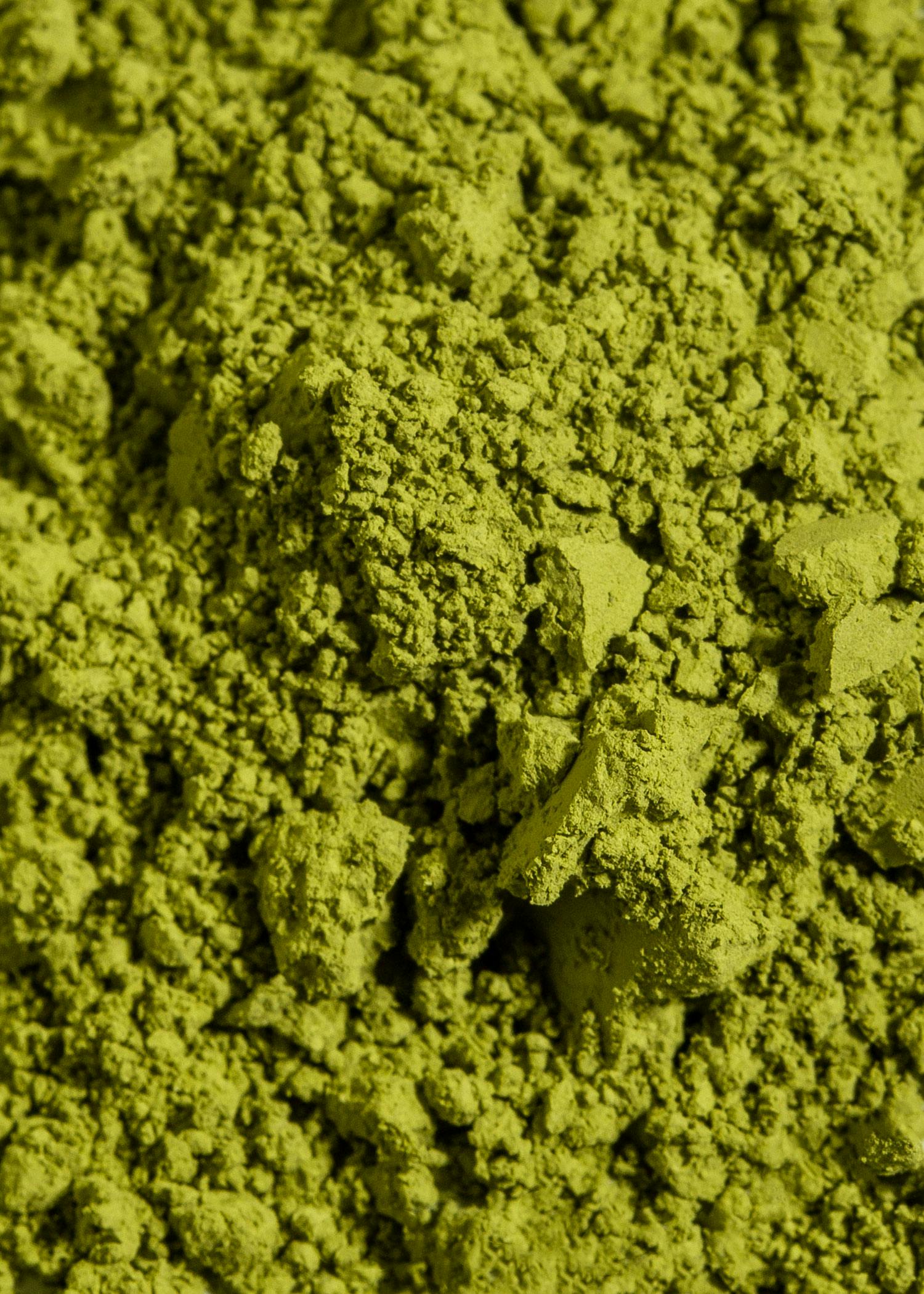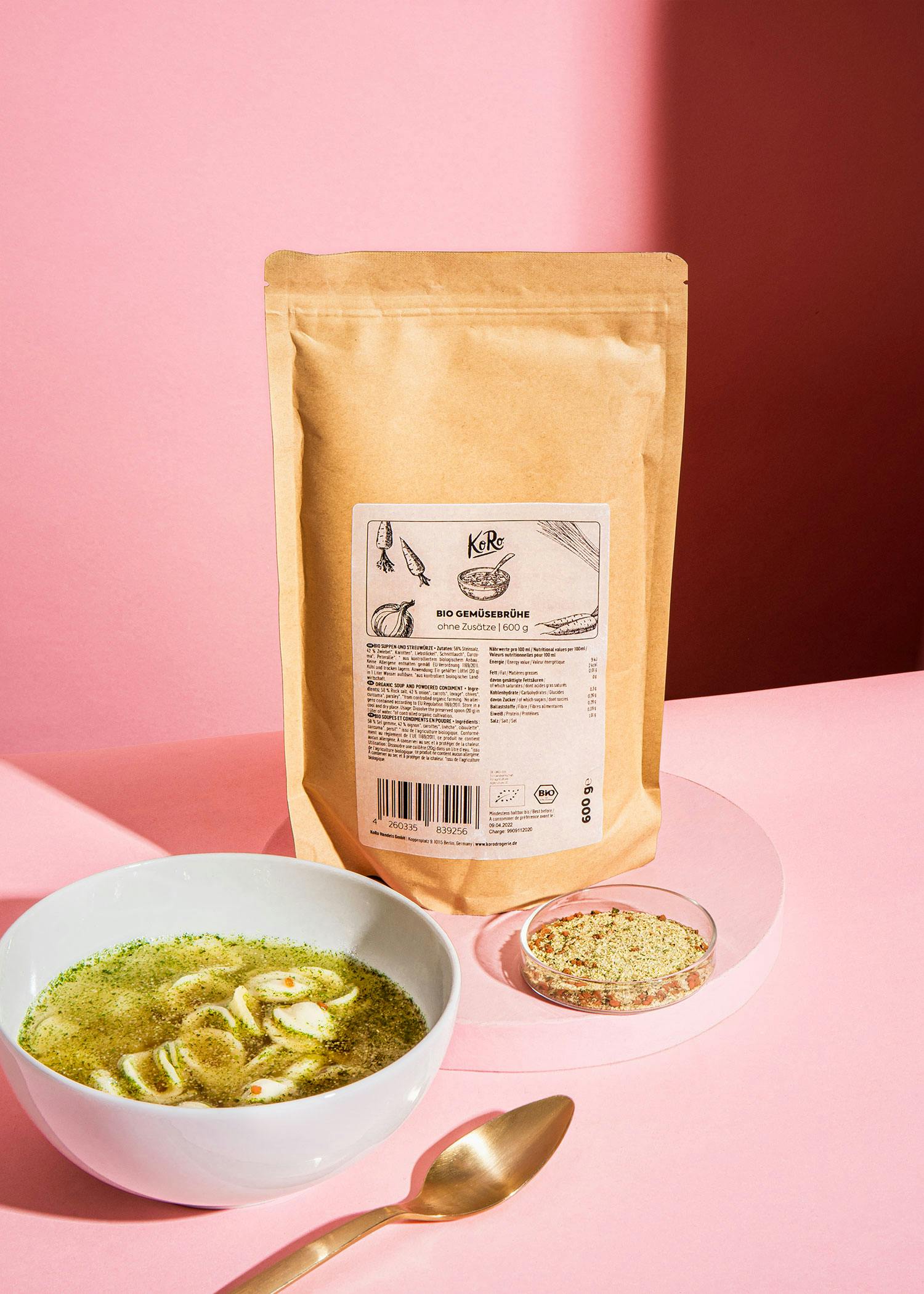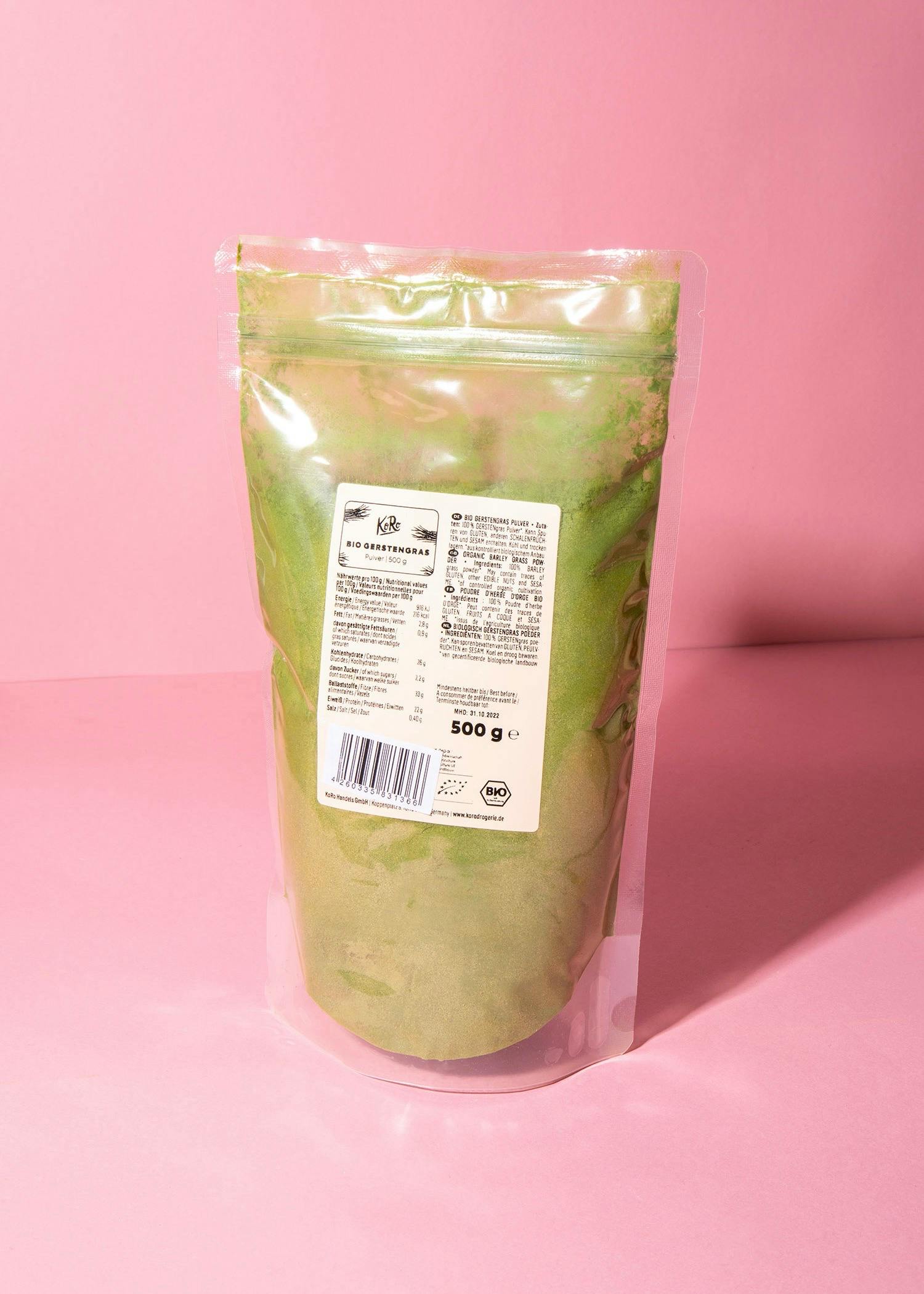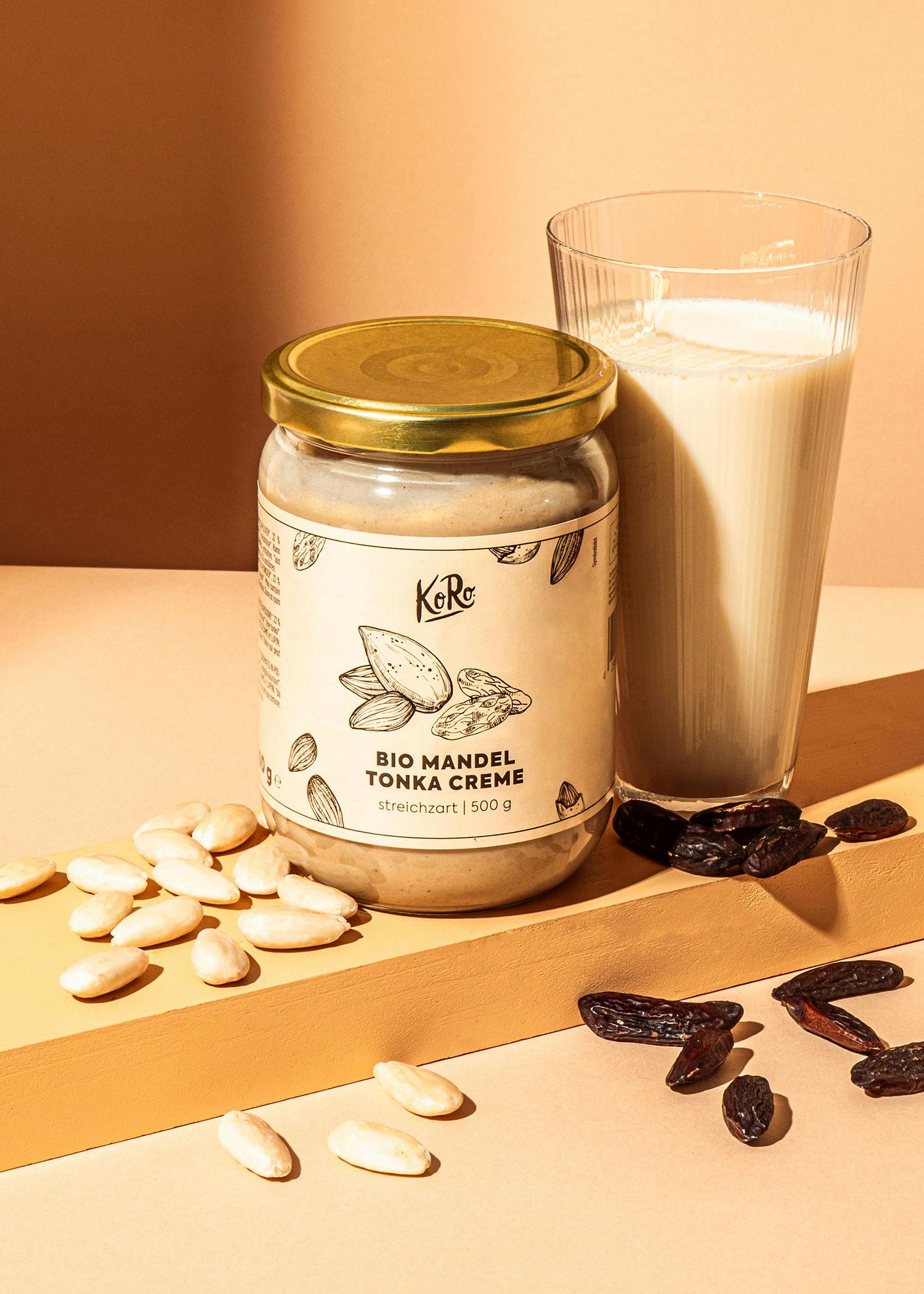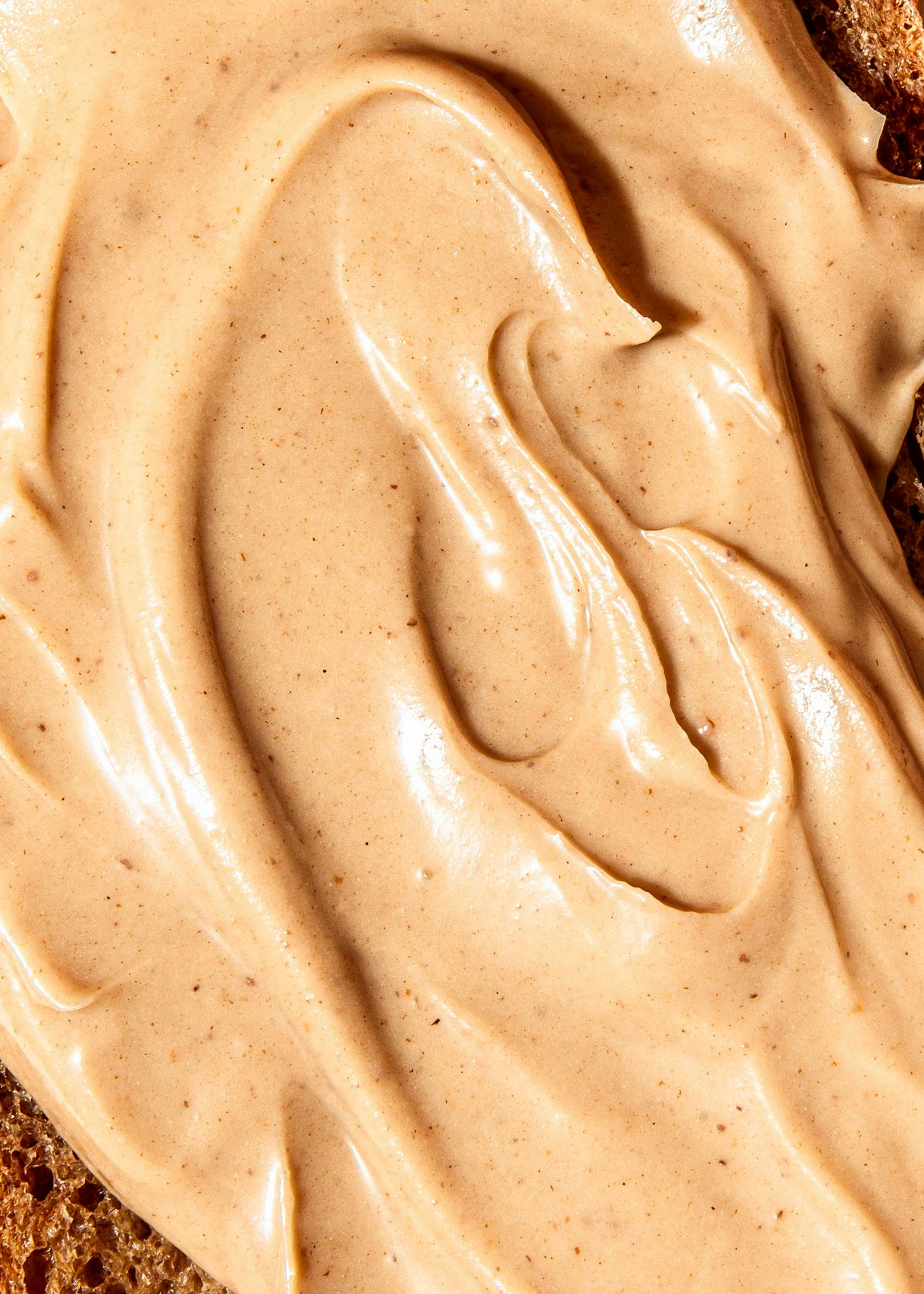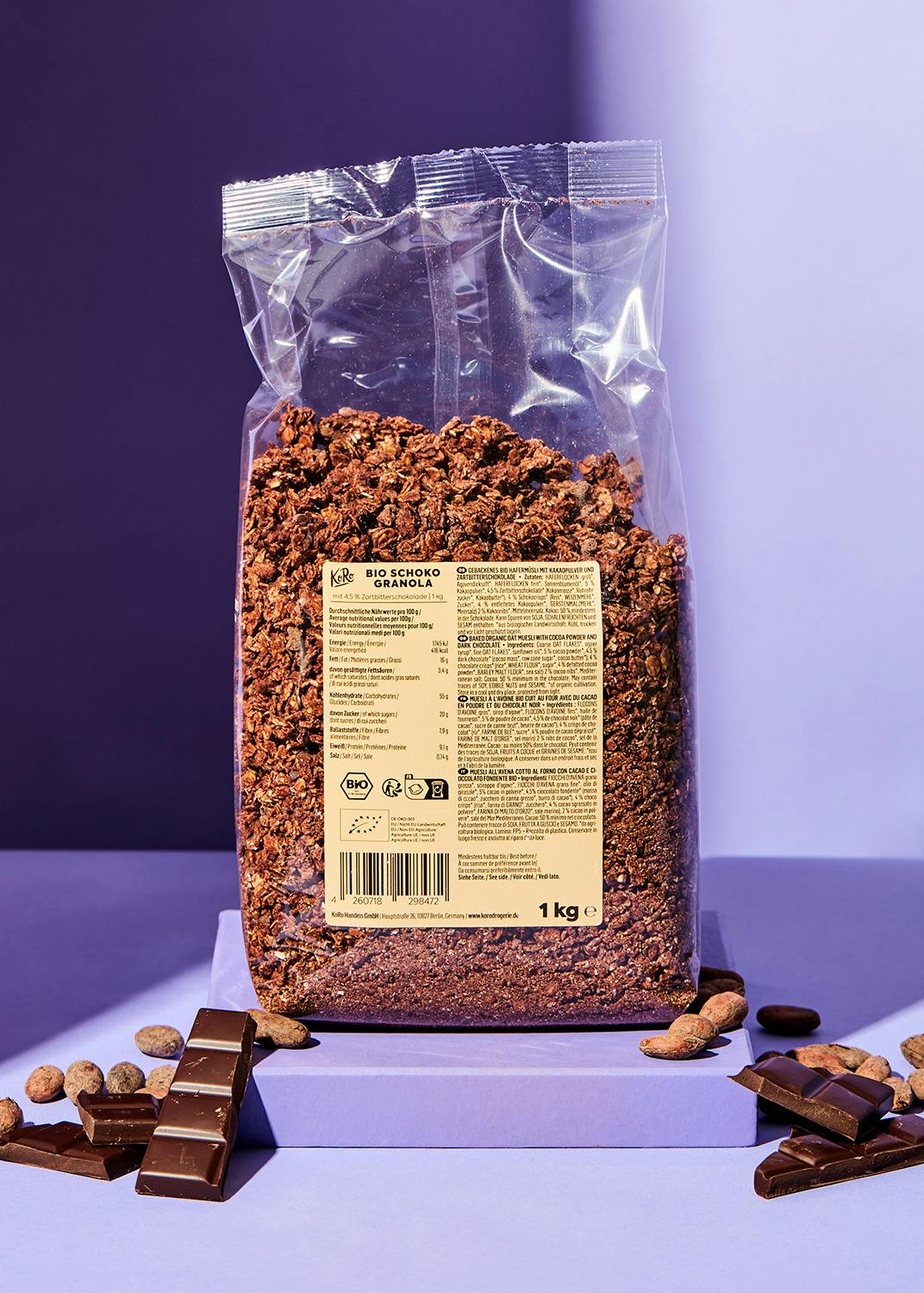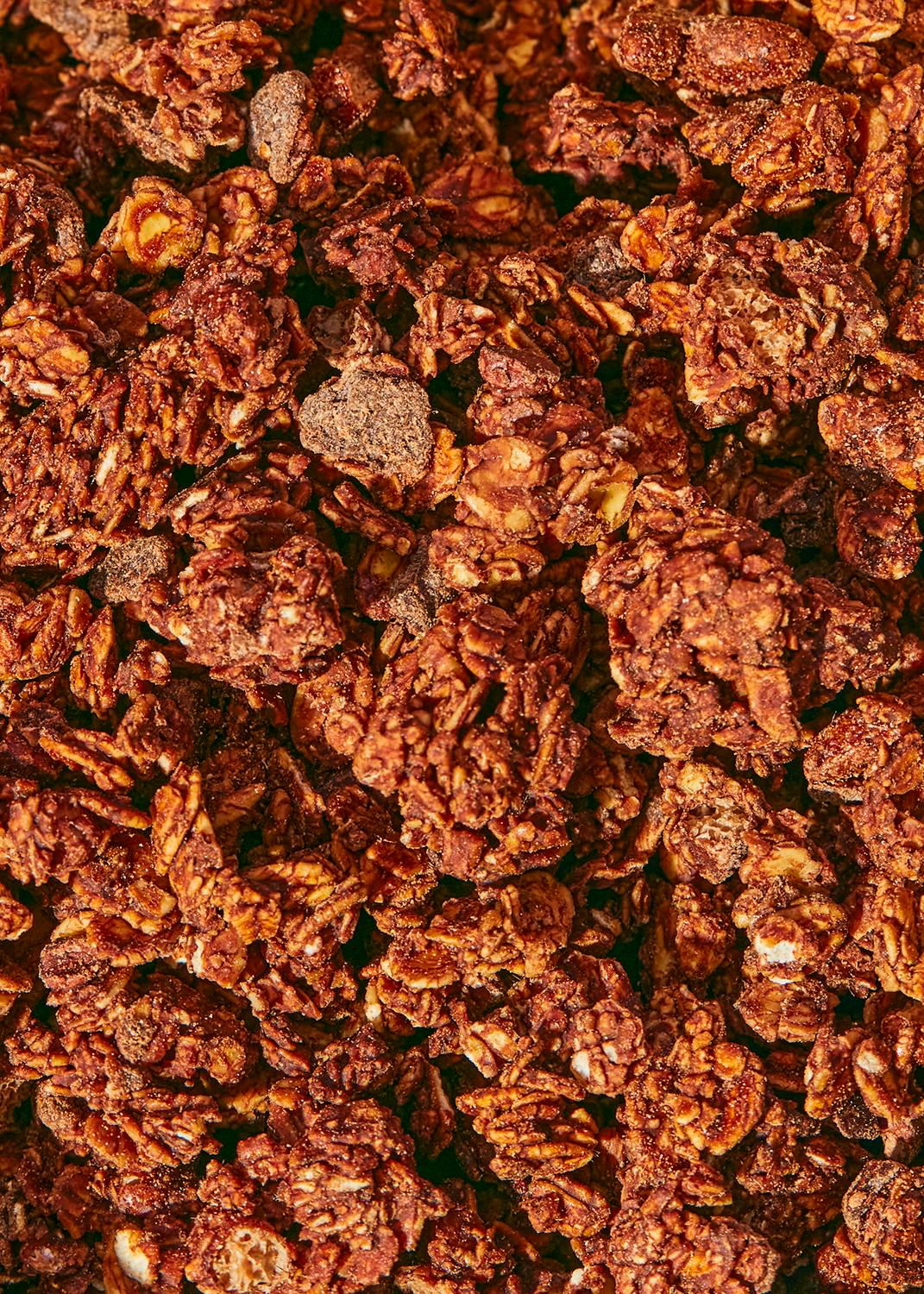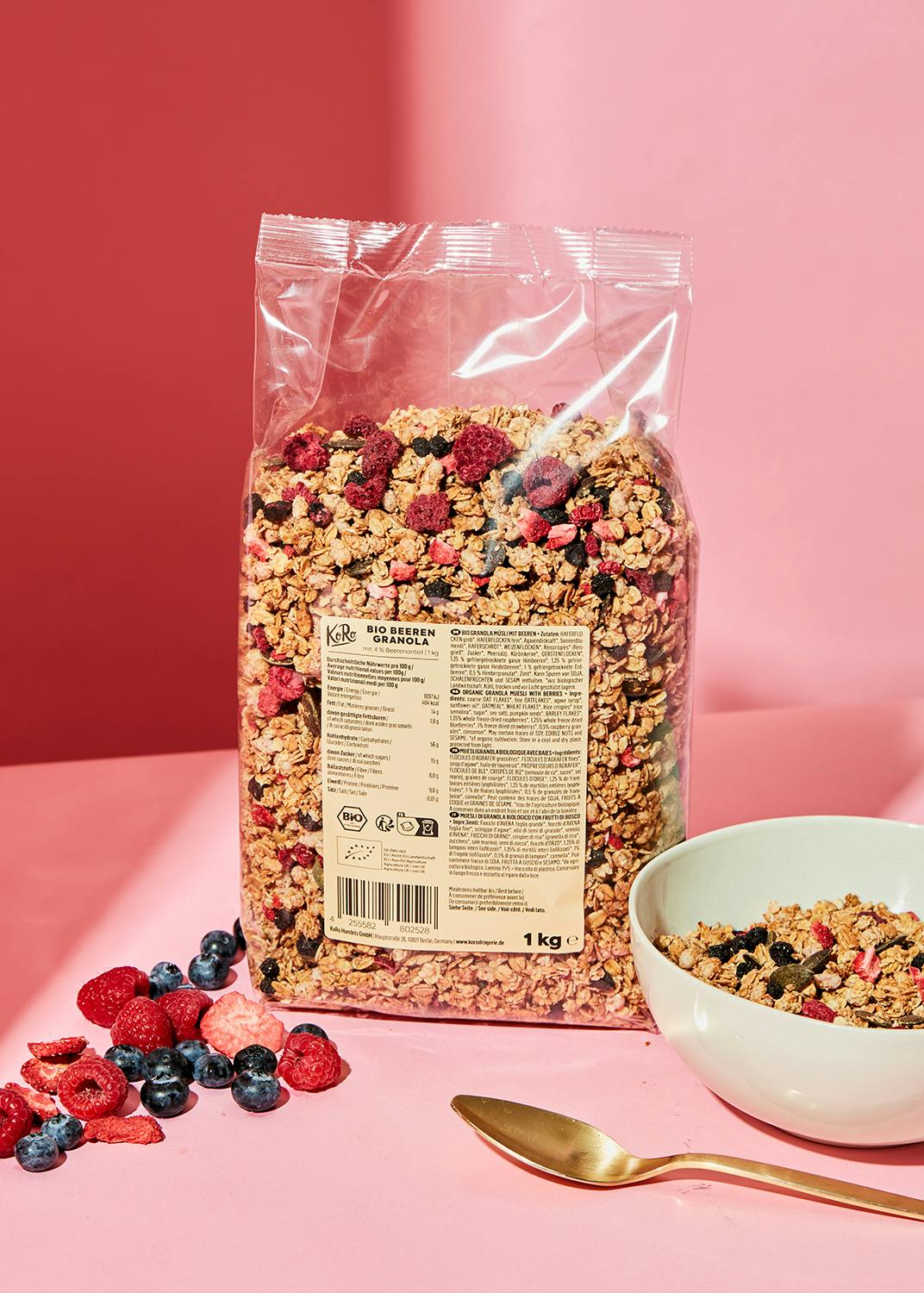Organic
420 ArticleContent: 2.5 kg (€1.70 / 1 kg)
Content: 0.4 litre (€4.38 / 1 litre)
Content: 0.5 kg (€11.50 / 1 kg)
Content: 0.03 kg (€50.00 / 1 kg)
Content: 0.24 kg (€4.17 / 1 kg)
Content: 0.5 kg (€24.00 / 1 kg)
Content: 0.13 kg (€17.31 / 1 kg)
Content: 0.1 kg (€30.00 / 1 kg)
Content: 0.03 kg (€50.00 / 1 kg)
Content: 0.4 kg (€24.38 / 1 kg)
Content: 0.03 kg (€56.67 / 1 kg)
Content: 0.039 kg (€64.10 / 1 kg)
Content: 0.03 kg (€56.67 / 1 kg)
Content: 0.24 kg (€4.17 / 1 kg)
Content: 0.24 kg (€5.21 / 1 kg)
Content: 0.12 kg (€12.50 / 1 kg)
Content: 3 litre (€11.33 / 1 litre)
Content: 2.5 kg (€1.70 / 1 kg)
Content: 0.5 kg (€3.50 / 1 kg)
Content: 0.039 kg (€64.10 / 1 kg)
Content: 0.04 kg (€42.50 / 1 kg)
Content: 0.4 kg (€27.50 / 1 kg)
Content: 0.05 kg (€40.00 / 1 kg)
Content: 0.14 kg (€10.71 / 1 kg)
Content: 0.4 litre (€4.38 / 1 litre)
Content: 0.24 kg (€5.21 / 1 kg)
Content: 0.039 kg (€69.23 / 1 kg)
Content: 0.06 kg (€38.33 / 1 kg)
Content: 0.24 kg (€5.21 / 1 kg)
Content: 0.06 kg (€30.00 / 1 kg)
Content: 0.03 kg (€50.00 / 1 kg)
Content: 0.5 kg (€22.00 / 1 kg)
Content: 0.05 kg (€34.00 / 1 kg)
Content: 0.2 litre (€20.00 / 1 litre)
Content: 0.045 kg (€33.33 / 1 kg)
Content: 0.5 kg (€25.00 / 1 kg)
Content: 0.5 kg (€23.00 / 1 kg)
Buy organic products from KoRo
Organic products are becoming more and more popular. But the term is controversial. When we put organic on our labels, you can be sure the products inside only contain ingredients from organic farming – KoRo's word of honour. For us, an organic seal is more than just a trend. And because we care about our customers and Mother Nature alike, quality, naturalness and fairness are our top priorities in our online shop. As a food company, we feel a particular responsibility to support the promotion of an intact ecosystem, because we also leave our ecological footprint on this planet. That is why we are always working to expand our range with certified organic items to make our contribution to protecting the environment. We deliver a wide range of organic food and ecologically certified non-food products directly to your doorstep.
Organic – what does that mean?
What does the term ‘organic’ actually mean? Not all organic products are the same. For many, organic is nothing more than green packaging. However, ‘organic’ describes a product that has been produced biologically. All the raw materials it contains are natural and significantly fewer artificial substances have been added. Our organic products come from organic farming. This means that the cultivation does not harm the soil and the products were produced without the use of genetic engineering, among other things. We also consciously avoid unnecessary intermediate stages in the trade and supply chain and source a large number of our products directly from the importer, or even directly from the producer, without intermediaries. This enables us to create a fair and trusting relationship with our suppliers and to better understand the manufacturing process.
By filling our products into bulk packaging, we also avoid unnecessary transport, excess packaging waste and costs for the end consumer. The environment and your wallet are equally protected and our producers are fairly compensated – three birds with one stone, so to speak. Our tropical organic coconut oil, our delicious germinated organic muesli and our organic mango strips are just a few examples of our practical value packs. However, it is not only organic food that has secured a permanent place in our online shop. You can also find a few ecologically produced treasures in our non-food category.
Organic quality in our online shop
Organic products are an integral part of our diverse and sometimes very unusual product range. You have probably already realised that the well-being of our environment is very important to us. For several years now, we have also had it in black and white, or black and green, because we are proud holders of organic certification! Of course, such certification involves regular checks by the relevant authorities, so you can be sure that we always guarantee organic produce. You can buy many organic products from us directly, including:
- organic nuts
- organic dried fruit
- organic oils
- organic snacks
- organic vitamins & minerals
- organic drinks
...and much more!
What organic labels are there?
There are numerous organic labels and seals. An organic seal is a certification or quality seal that identifies products from organic farming. In Germany, the ‘German Organic Seal’ and the ‘European Organic Seal’ are widely used. You may have noticed the German Organic Seal in the past while doing your weekend shopping at the supermarket. Only manufacturers who comply with all the requirements for organic food are allowed to adorn their products with the hexagonal sign marked ‘Bio’.
The European organic seal was introduced only a few years later than the German organic seal. You have probably also come across the small leaf formed from white stars on a light green background at some time or other. This seal guarantees you 95% organic quality. The European seal has since replaced the German one. You can easily recognise the organic quality of our KoRo products by the organic seal and the number DE-Öko-003. However, this code does not provide you with any information about the origin of the product, but is the number of an organic control body. Some of our organic foods, such as our organic mung beans, have the note ‘non-EU agriculture’. Don't panic, this does not mean that these foods do not meet the organic standard. Products that come from non-EU agriculture have been produced in third countries, but must still meet EU criteria. Therefore, they are in no way inferior to EU organic products in terms of quality.
Is organic better?
Organic is definitely a more environmentally friendly option. Organic has many advantages because organic farming protects the preservation of natural soils, reduces the excessive use of pesticides and uses less energy. Products from organic farming are natural – so naturalness tastes twice as good! Our customers definitely agree, because our top sellers include:
- Organic date and hazelnut spread
- Organic peanut butter
- Organic Brooks mango strips
- Organic cacao nibs
Where do our organic products come from?
We offer many organic products directly from Germany, such as our delicious sauerkraut, but also international organic treasures, such as our tangy, fruity goji berries from China or our refreshing noni juice from Samoa. Transparency and traceability are very important to us. We pursue the concept of open communication.
When it comes to production, we also want to give our customers a full insight into the individual steps. That's why we've created the ‘Behind the Scenes’ category. You can find the category on the respective product page, directly under the product image, under ‘Production’. A great example of this is our organic sencha tea from organic farming. The look behind the scenes takes you from the harvest to the finished organic tea in your cup.
Is organic good for children?
Organic is good for children, too, because, among other things, non-organic products contain higher levels of pesticides. However, you can also taste the quality of our organic products. Familiarising children with the natural taste of food is a great way to avoid artificial flavour enhancers, which can alter children's taste sensitivity and shape their eating habits later on. Nowadays, there are numerous organic products for children: organic fashion, organic children's furniture and organic toys are just a few examples.
Do I always have to buy organic?
You have probably already noticed that we do not offer exclusively organic products in our range. One example of this is our spelt flakes. They are available in both organic and non-organic versions. The reason for this is as follows: We want to give you the choice. Both products (organic and non-organic) are free from additives and are of high quality – otherwise they would not be in our range. However, it is entirely up to you whether you prefer to fall back on this cheaper alternative when your wallet is tight or invest your money in the spelt flakes from organic farming.
